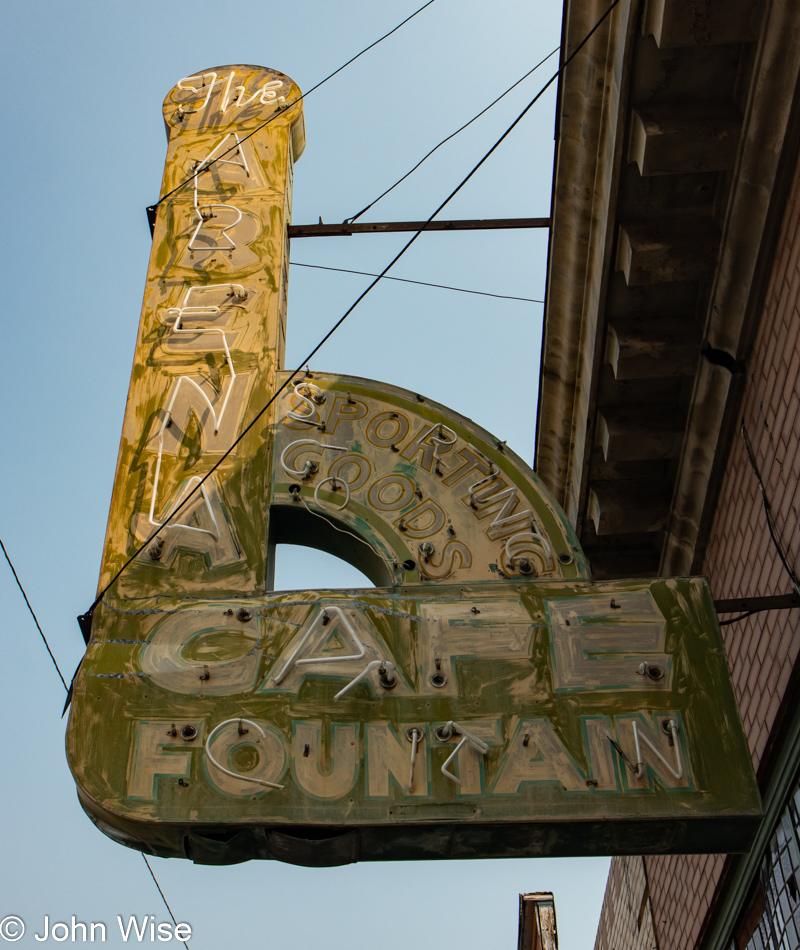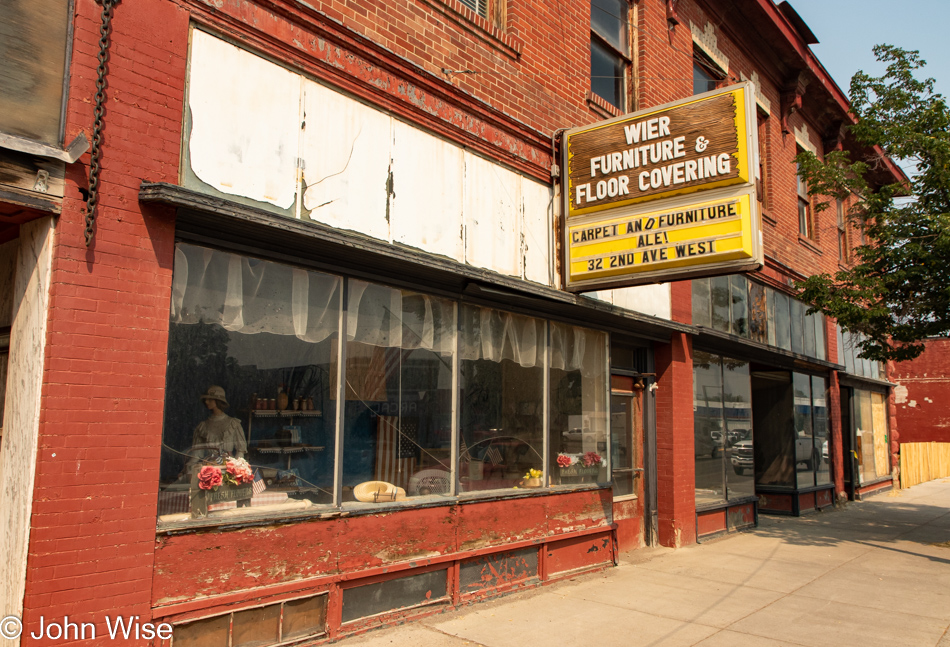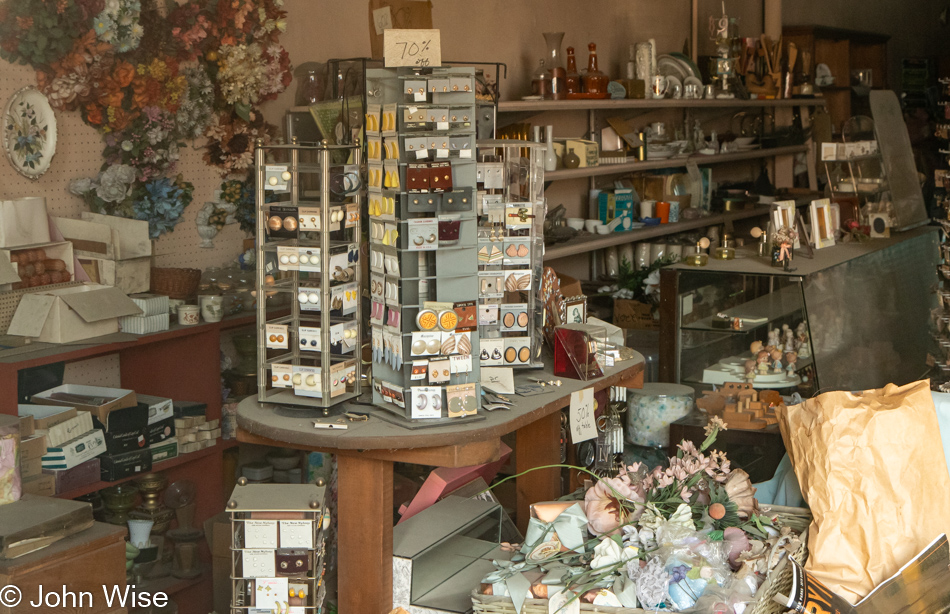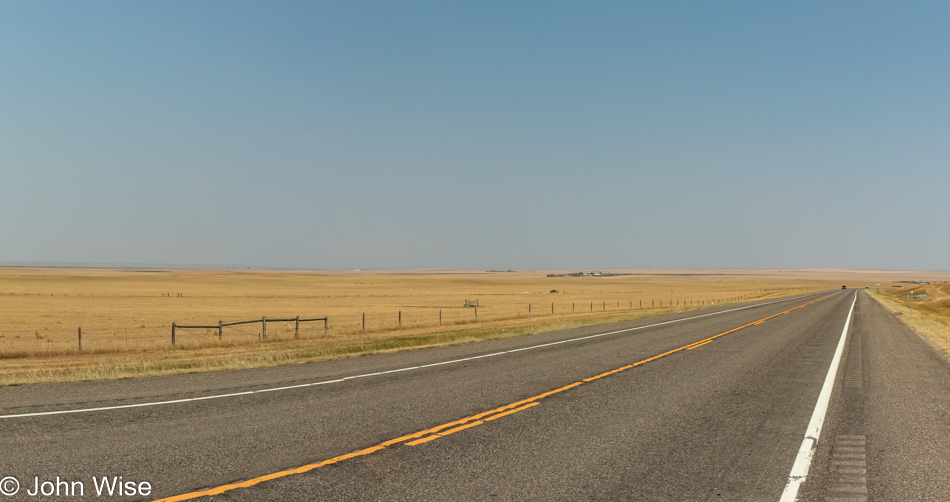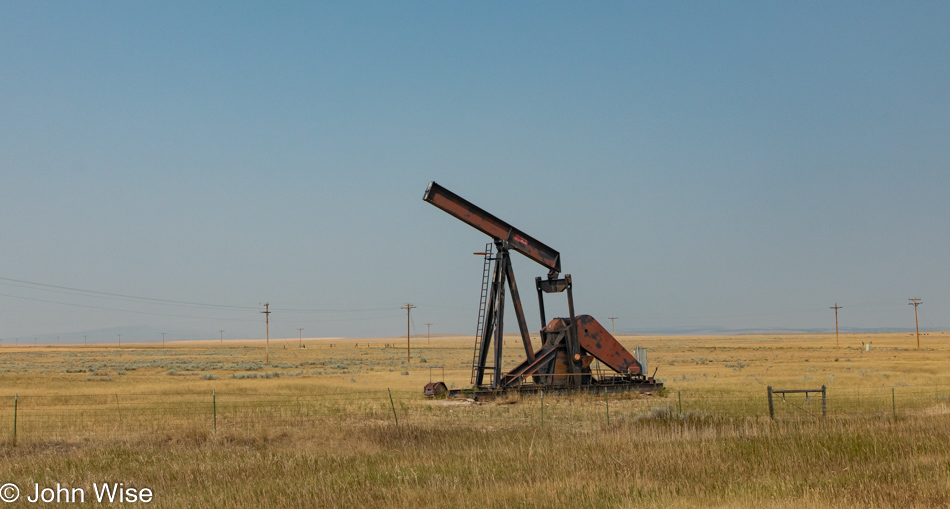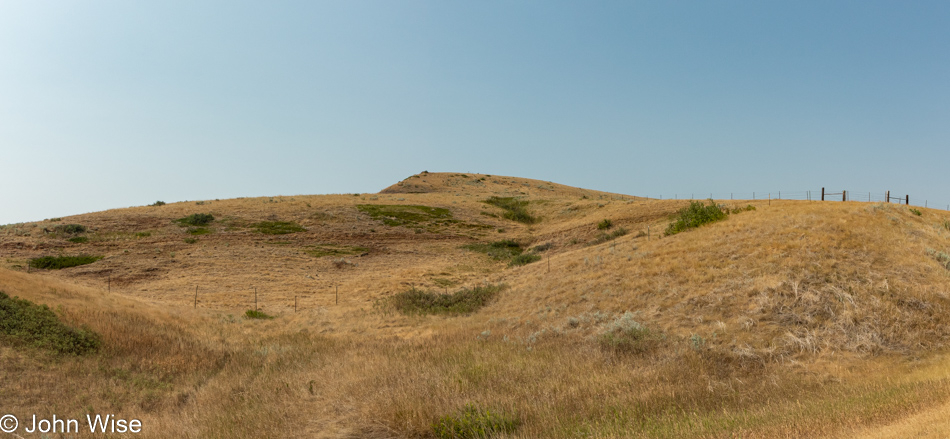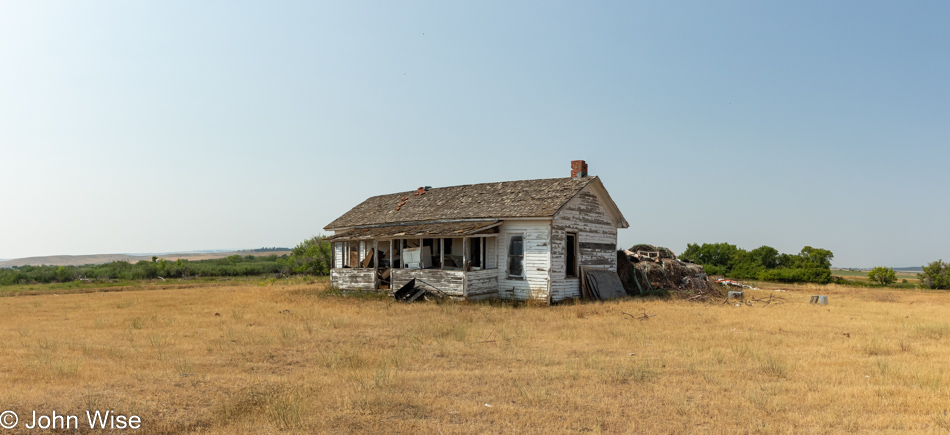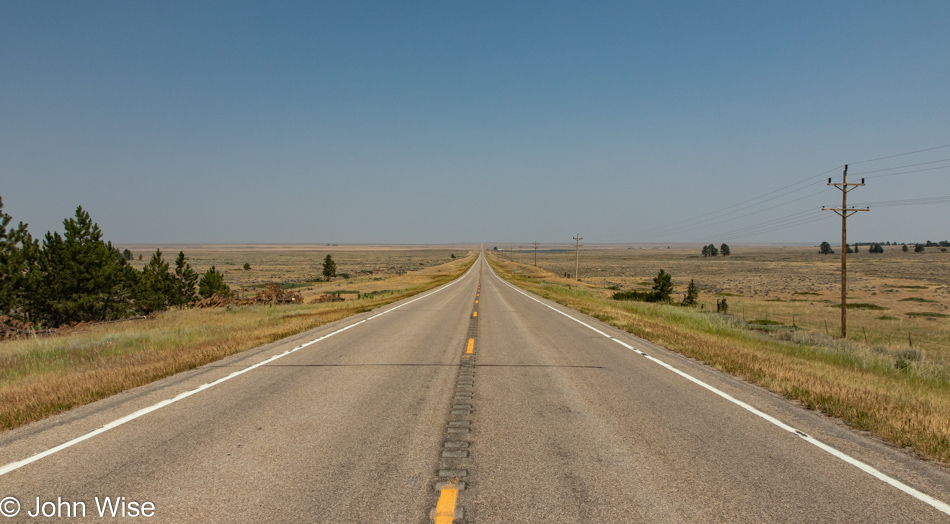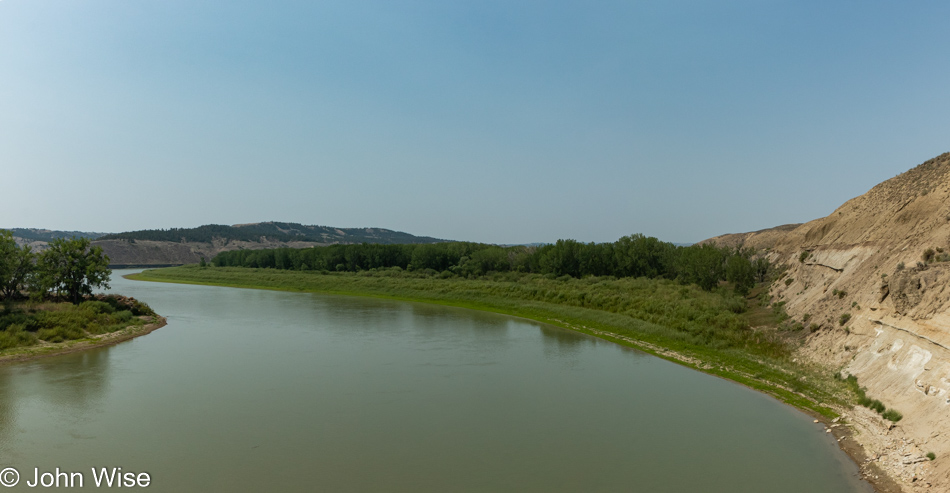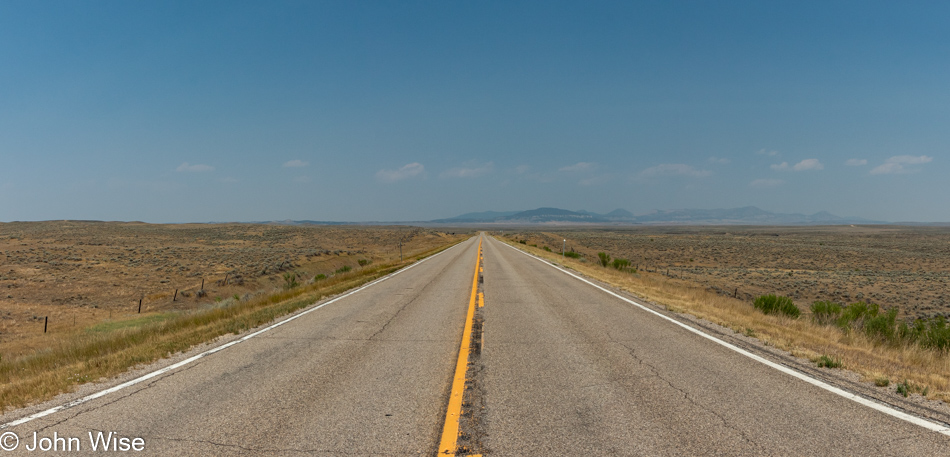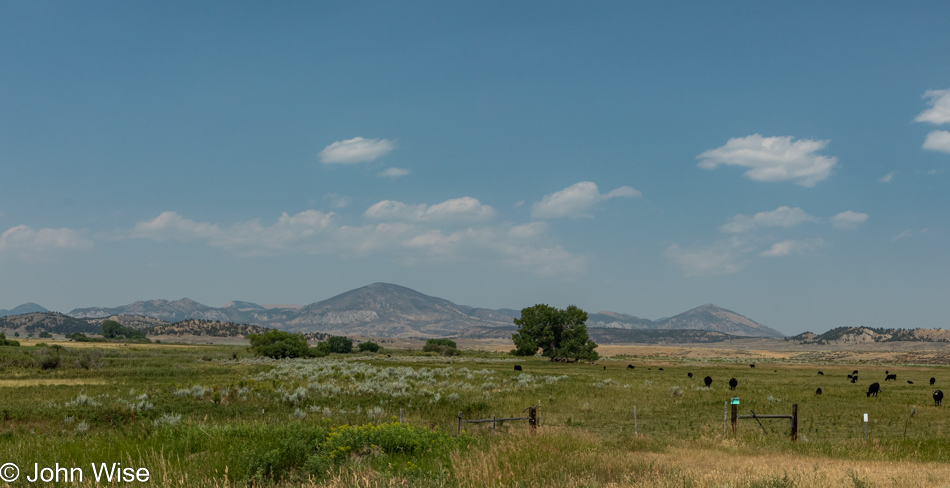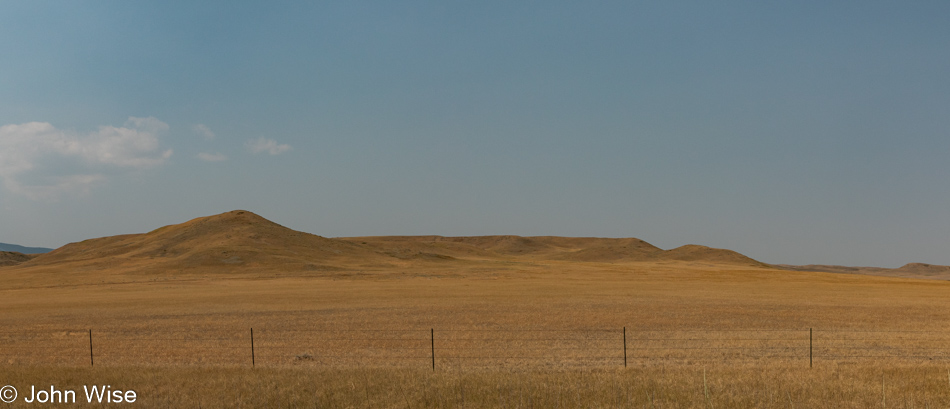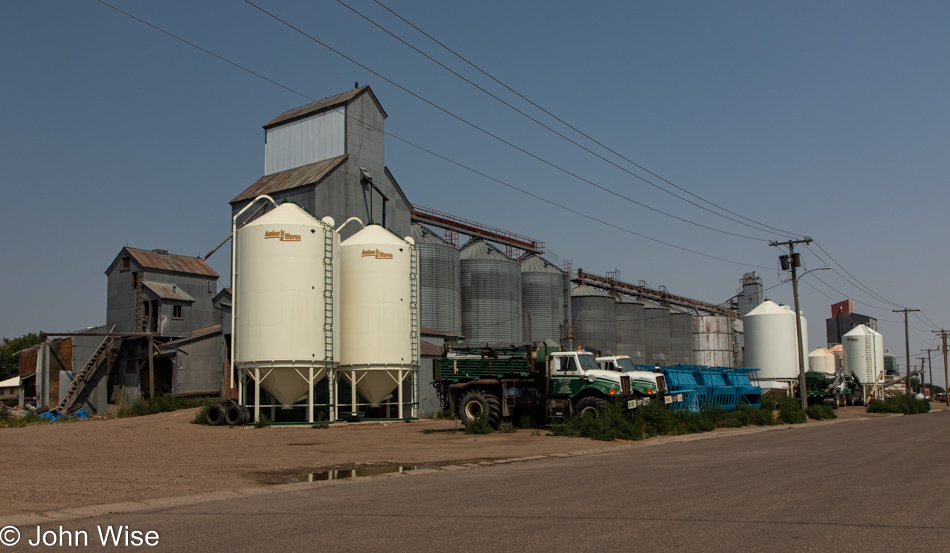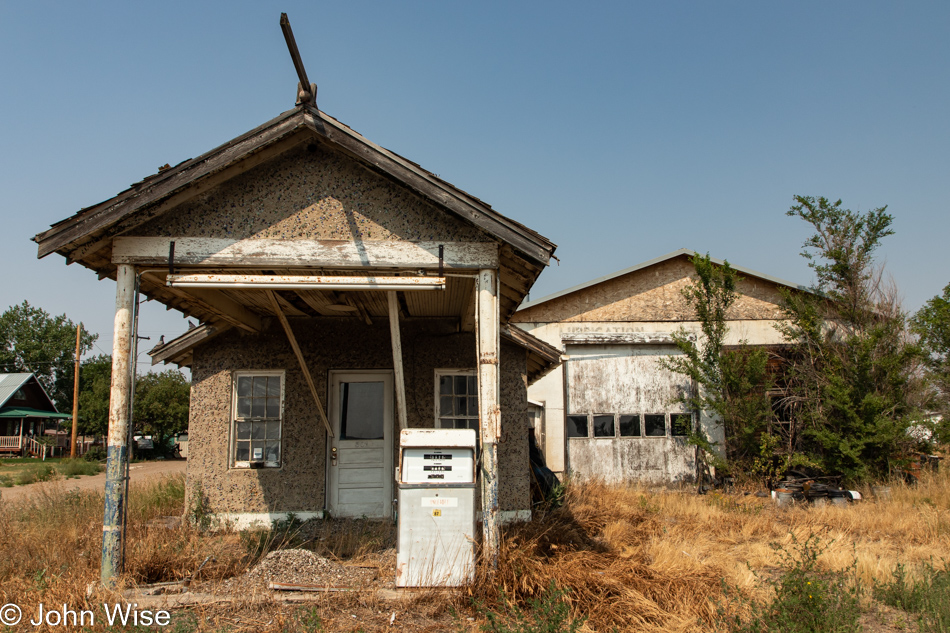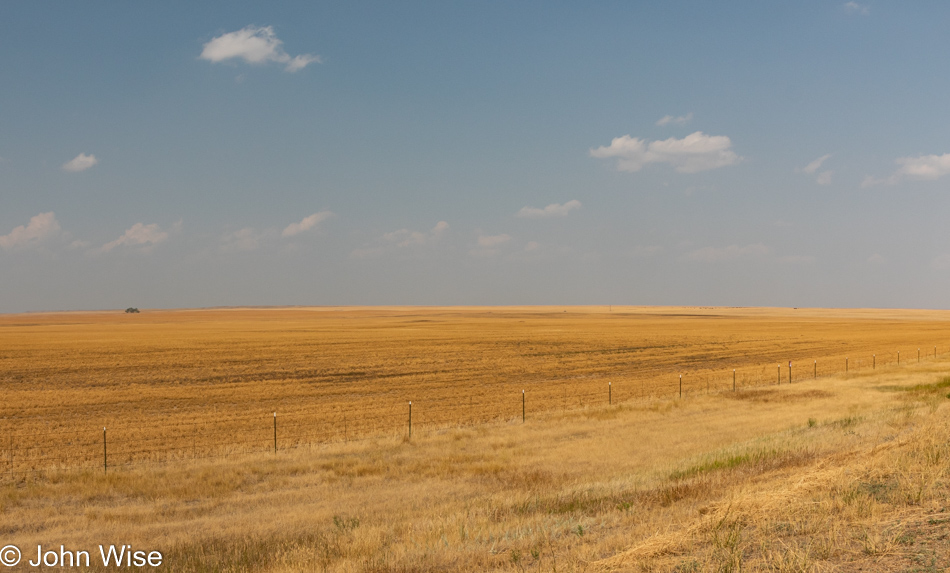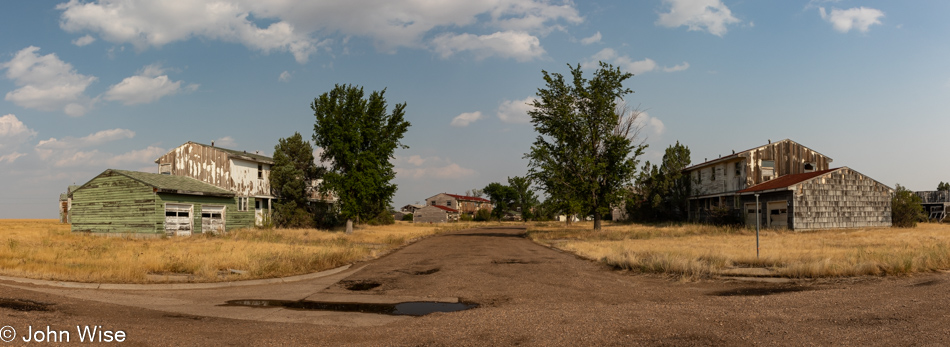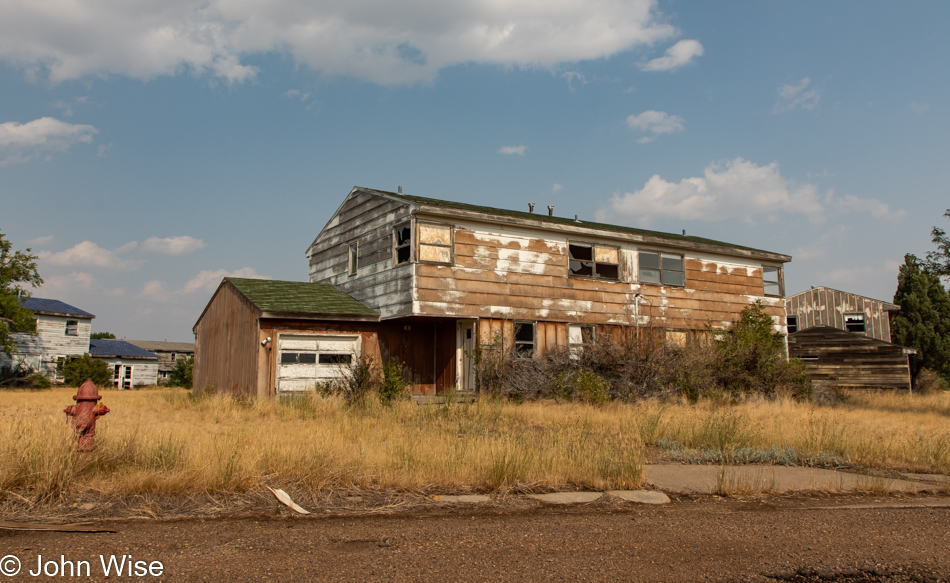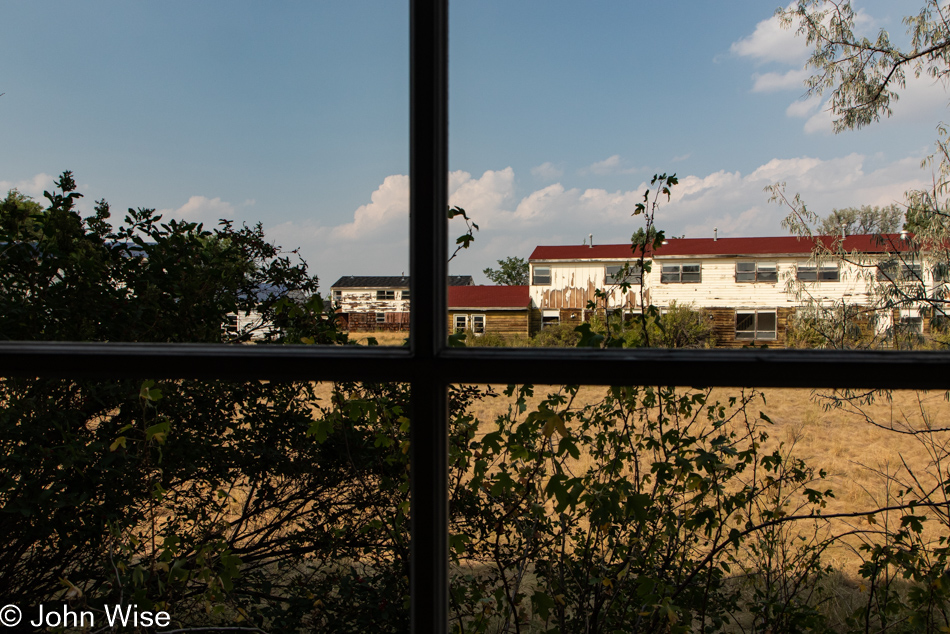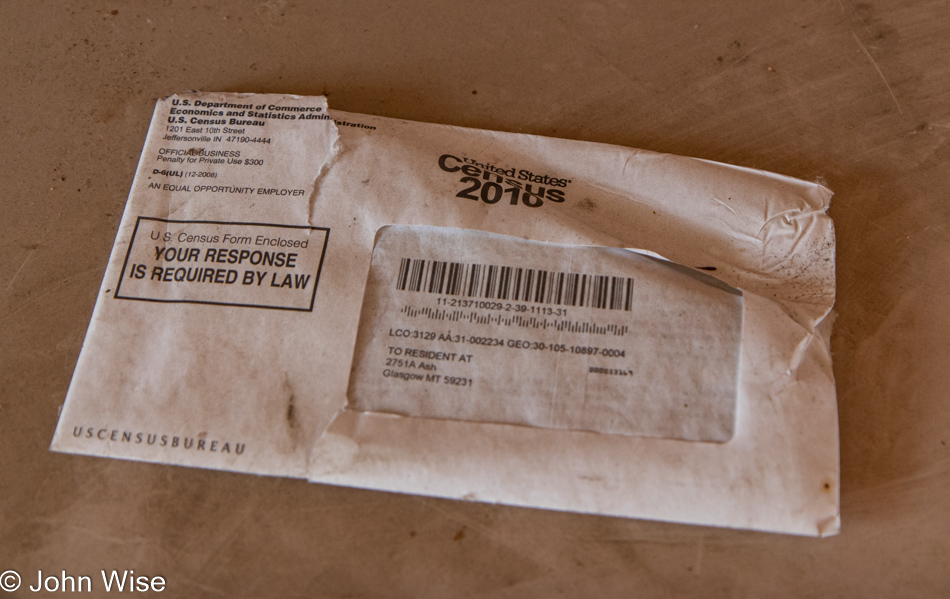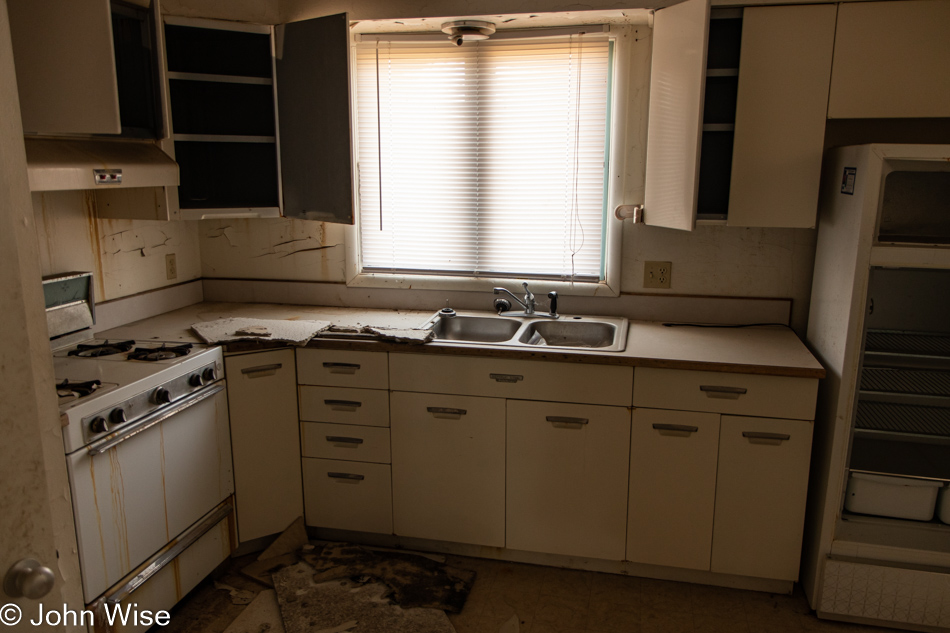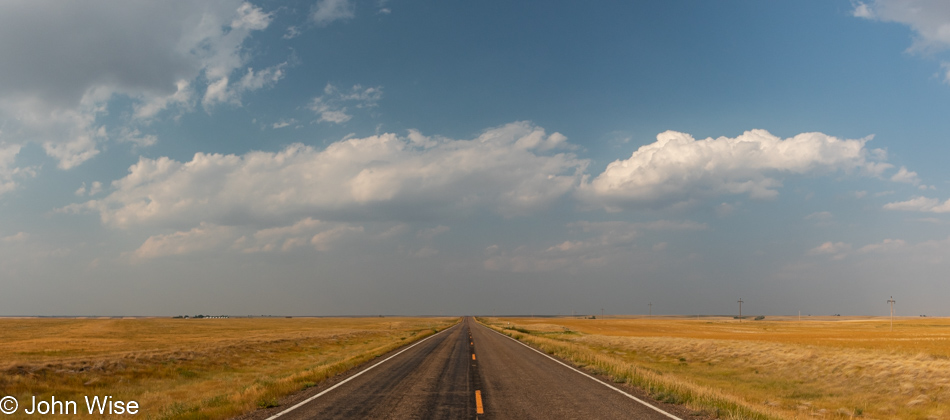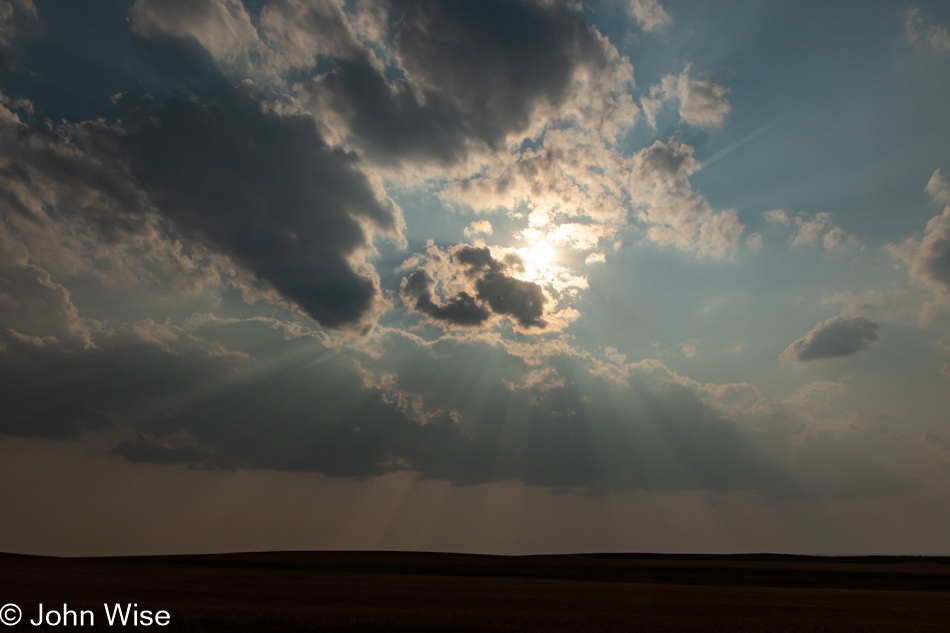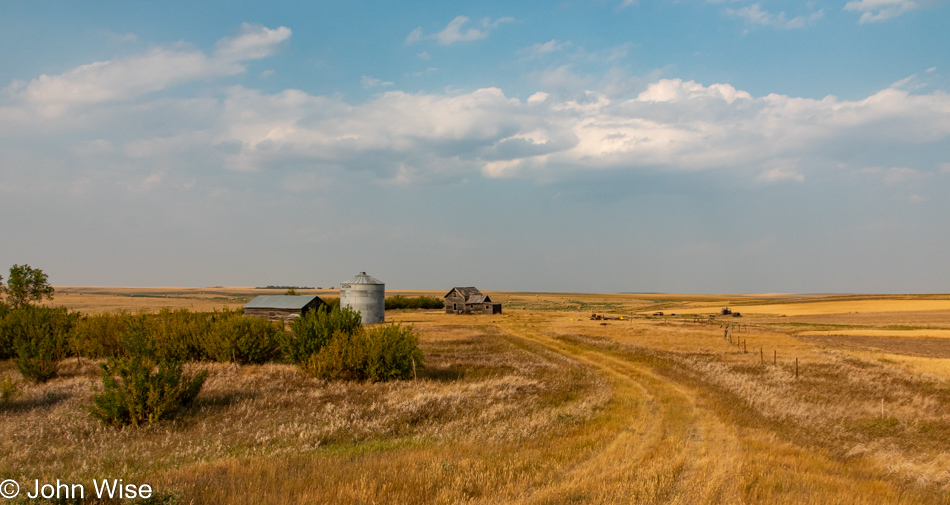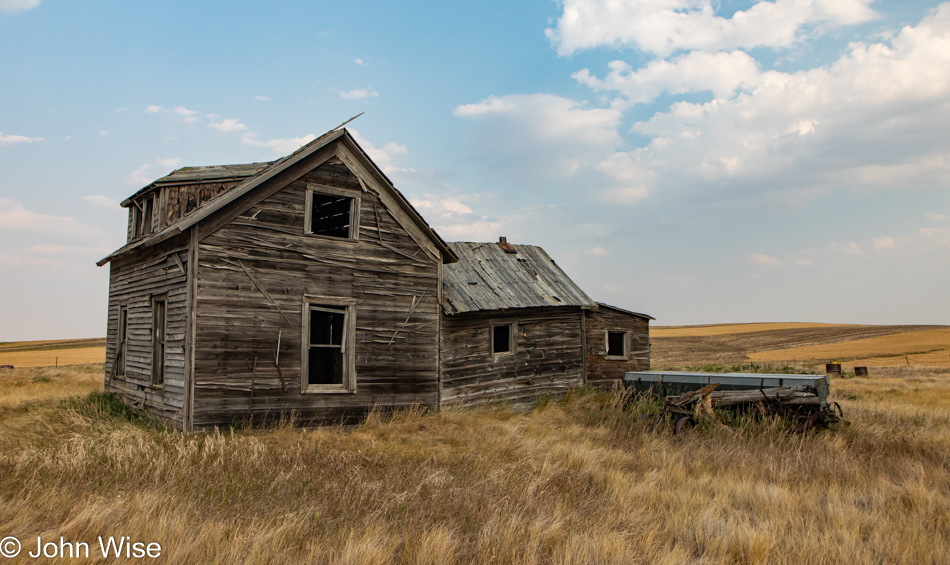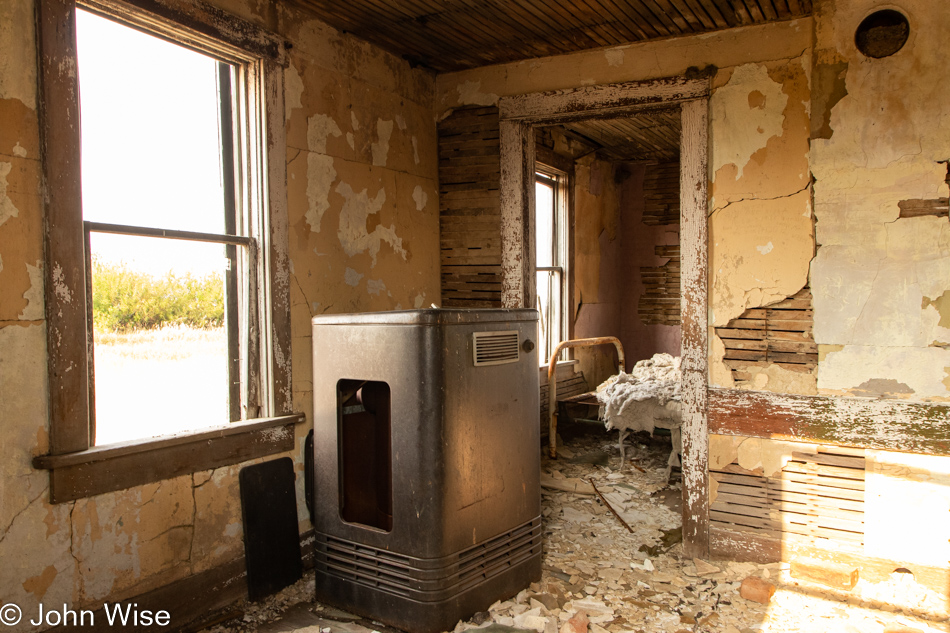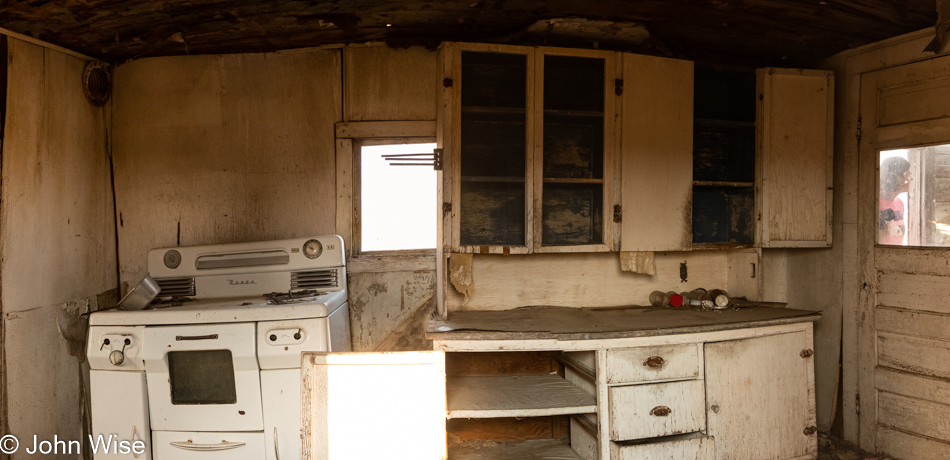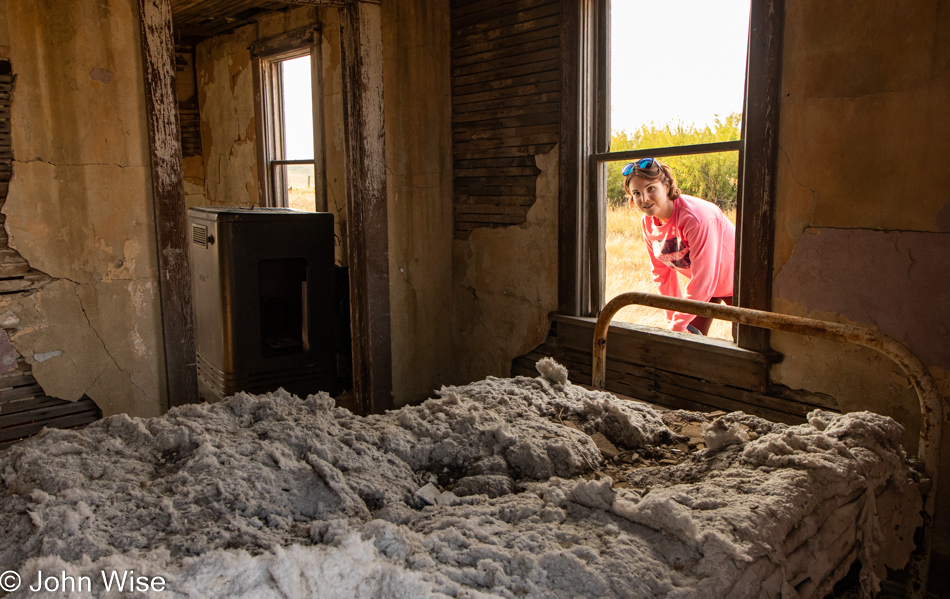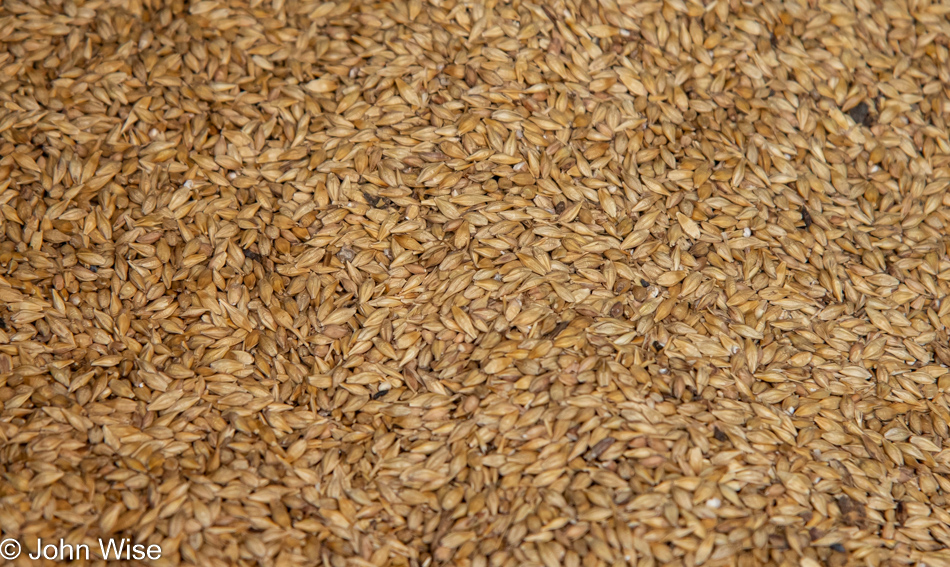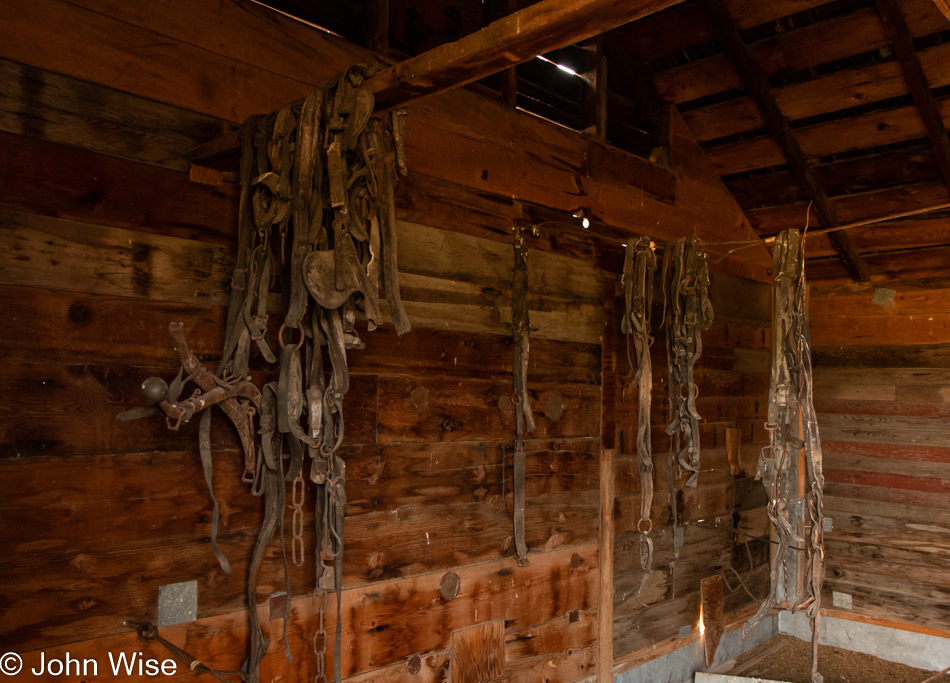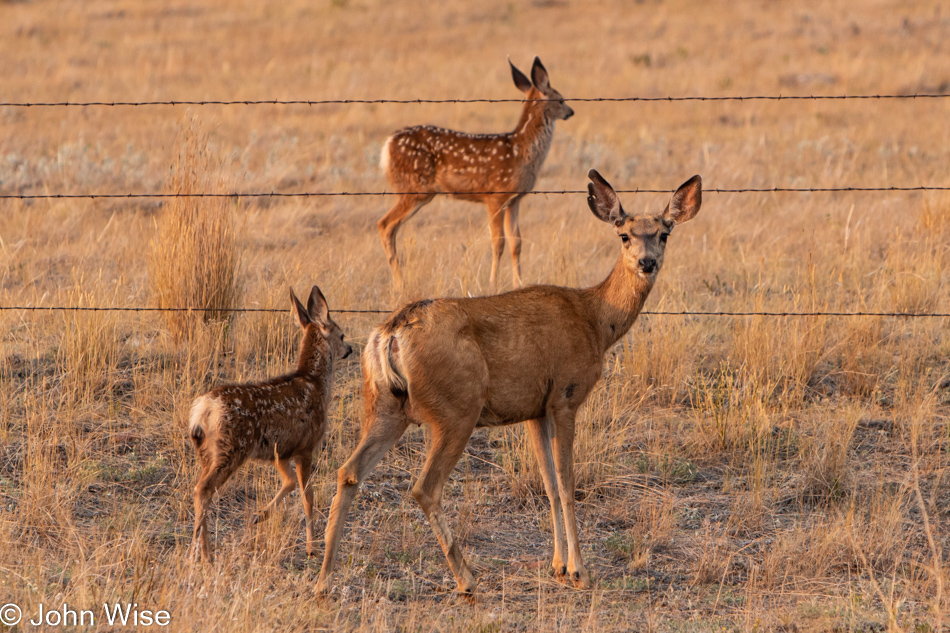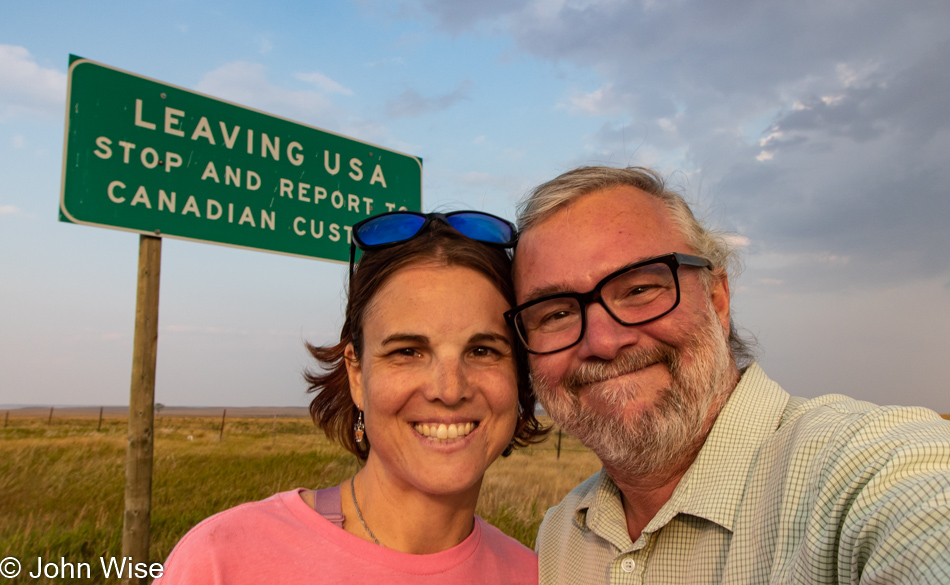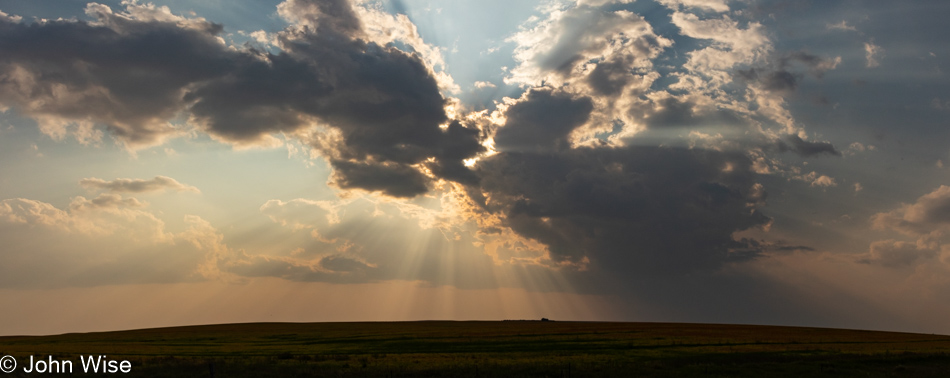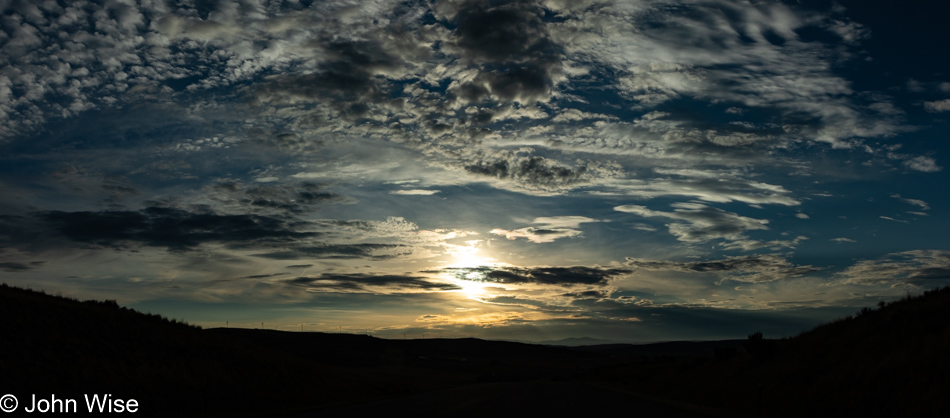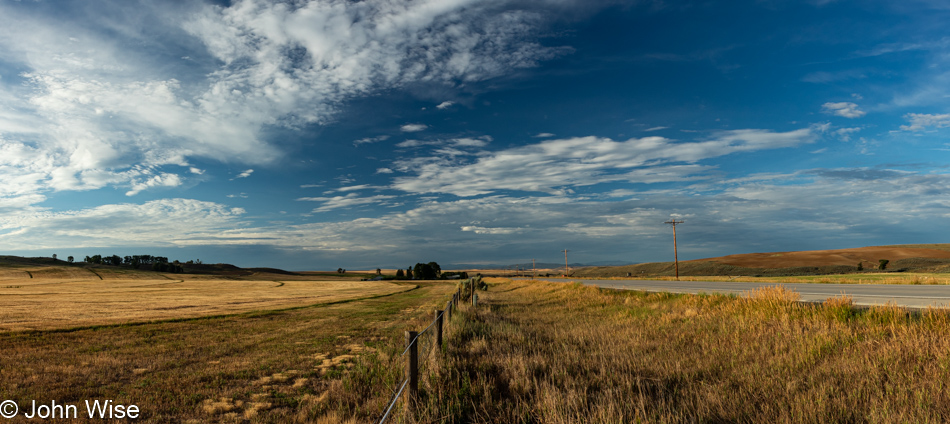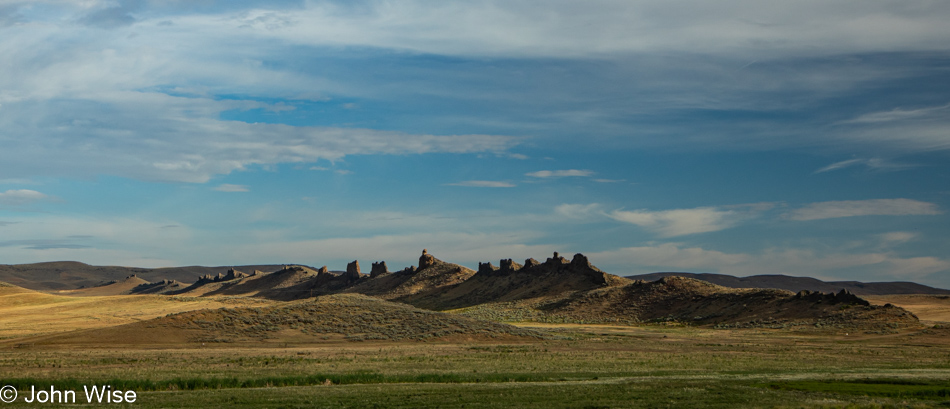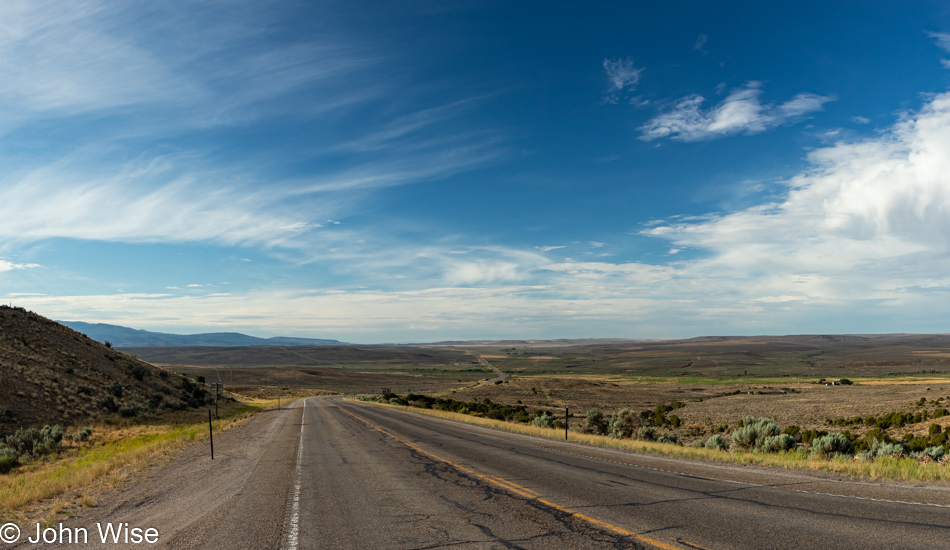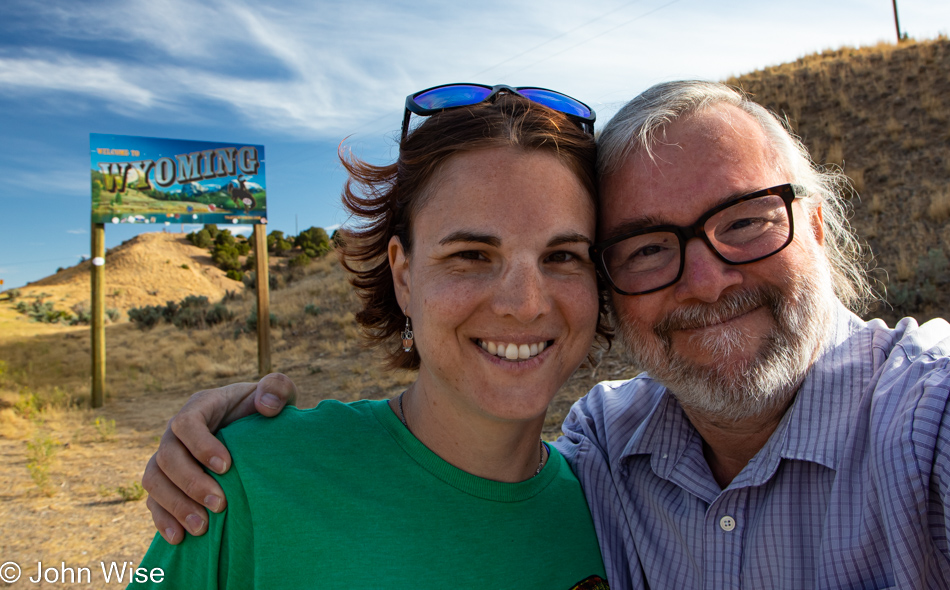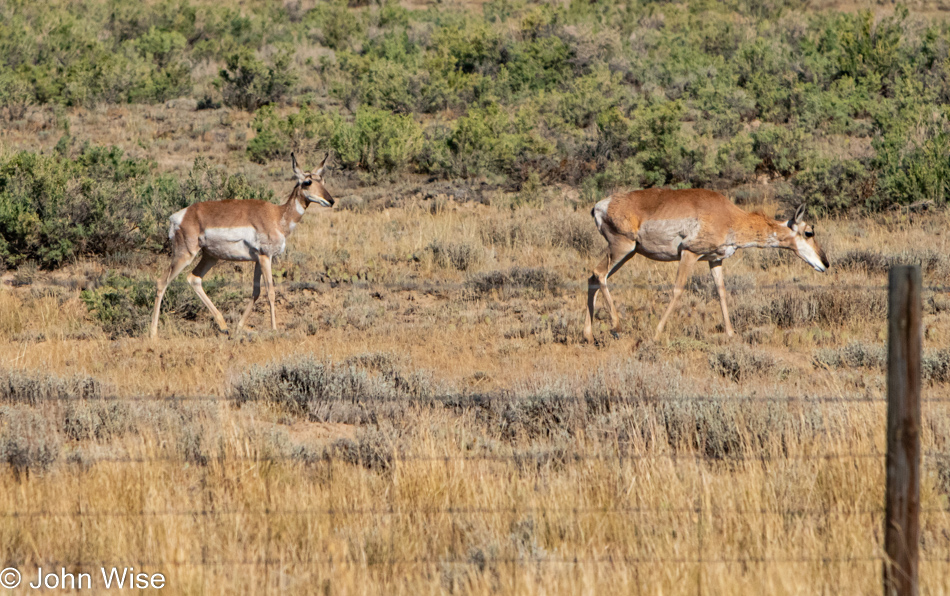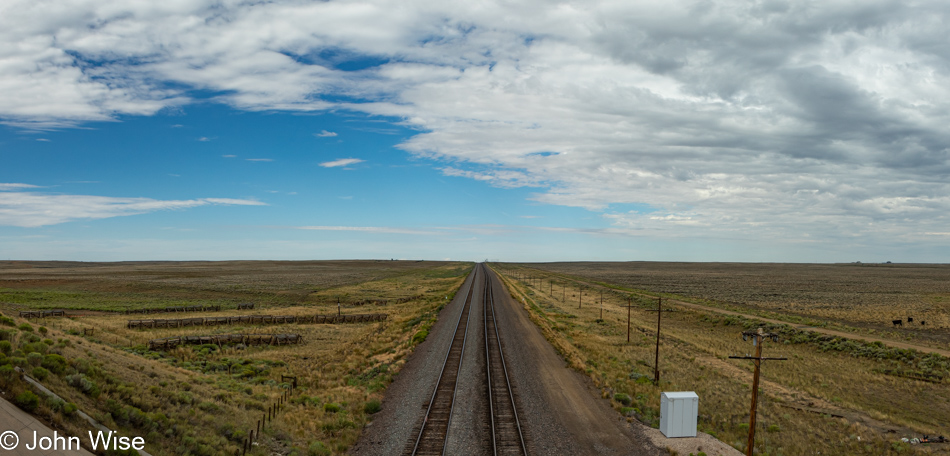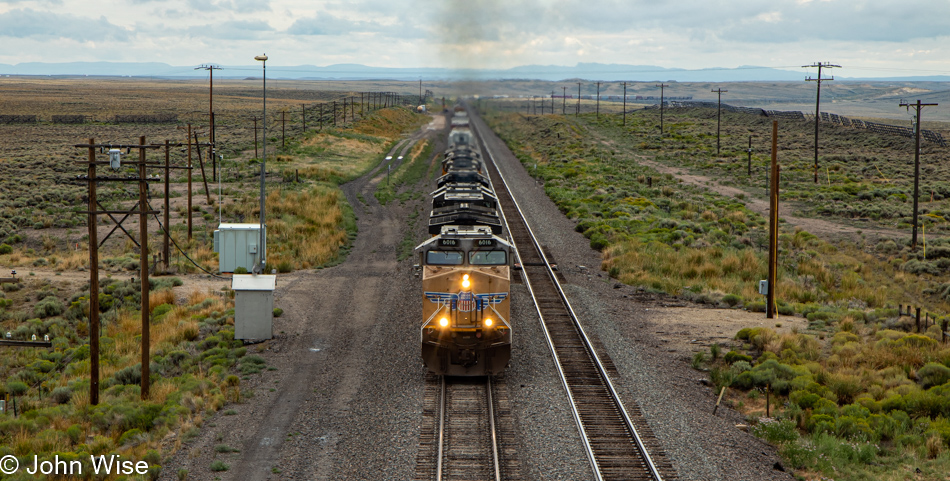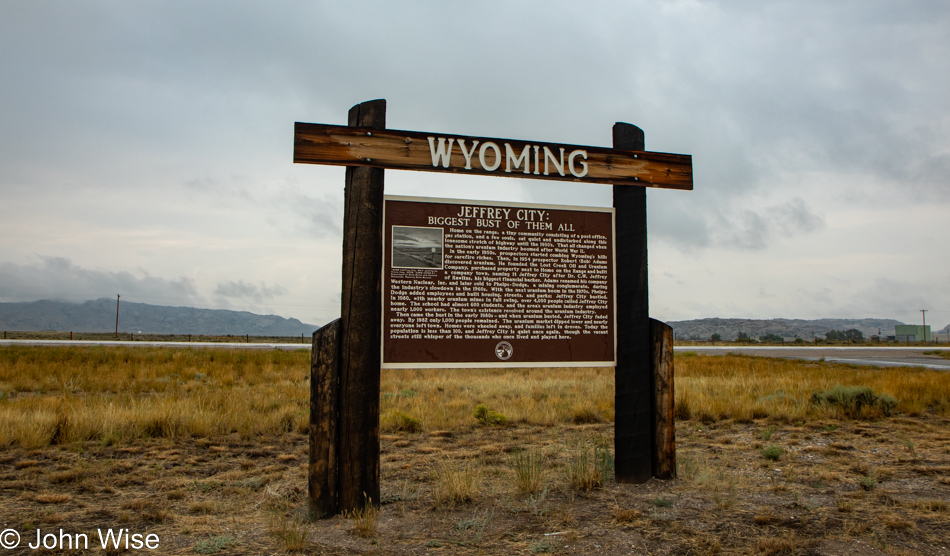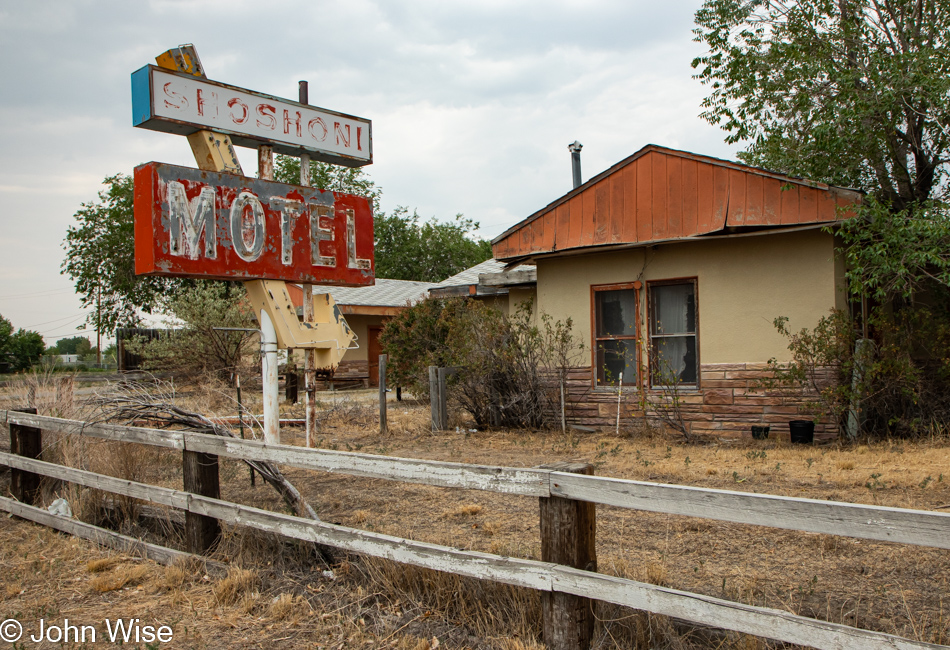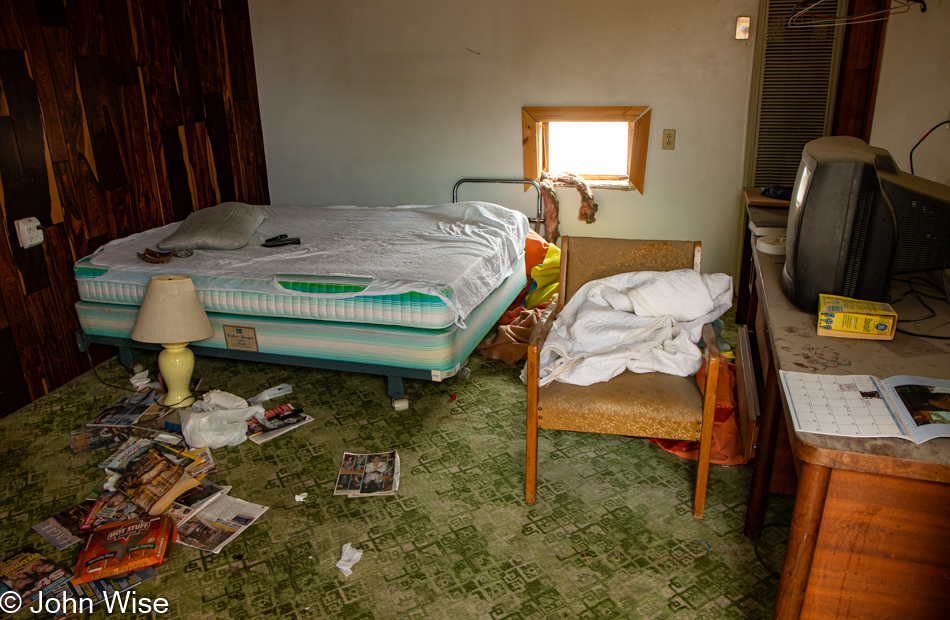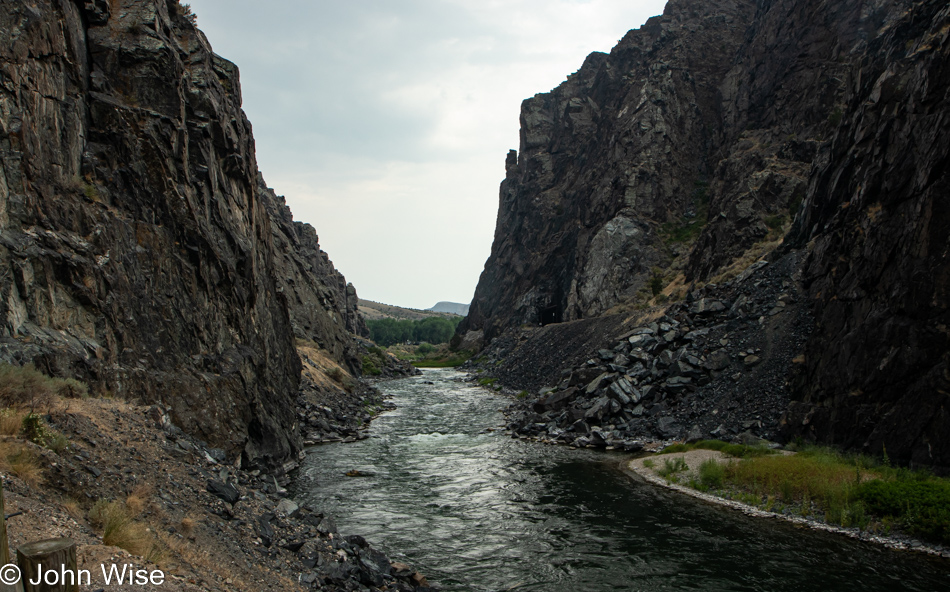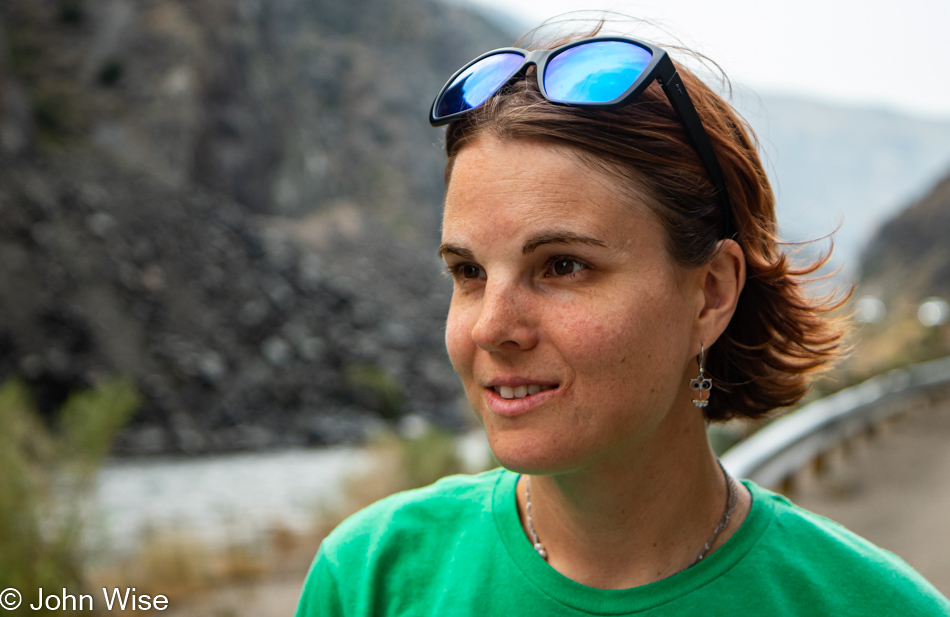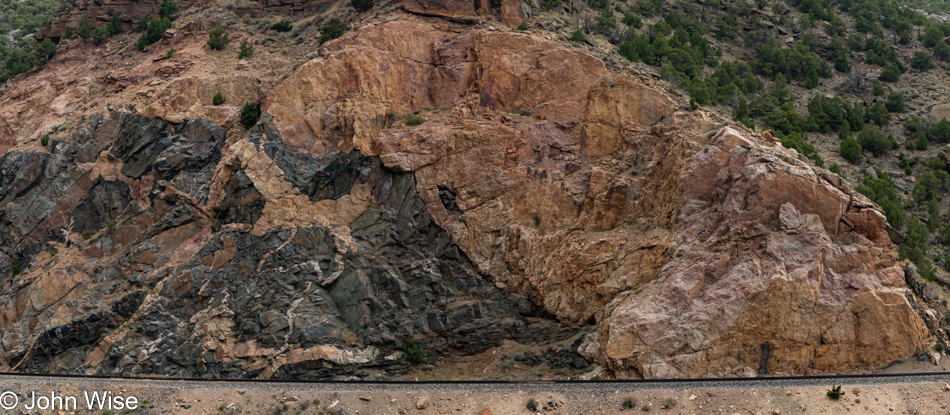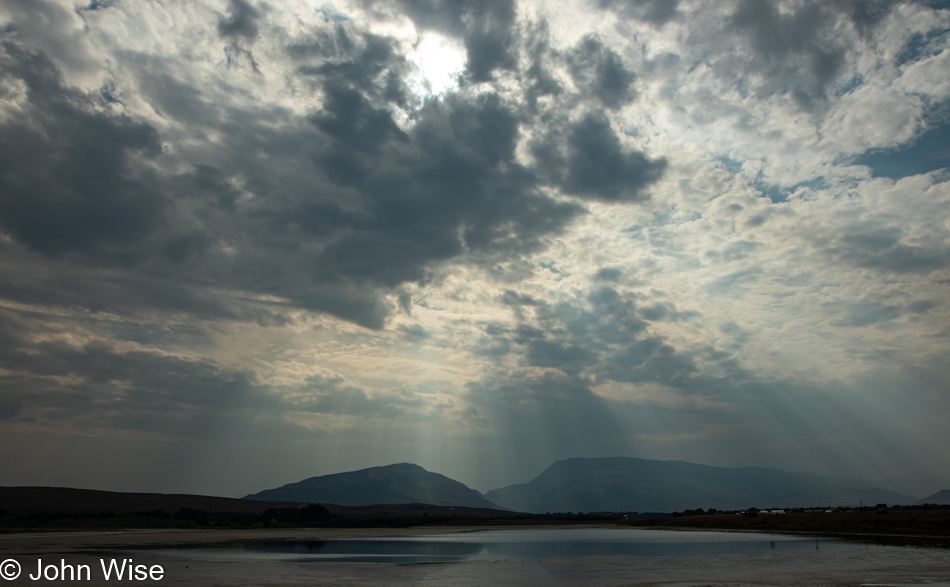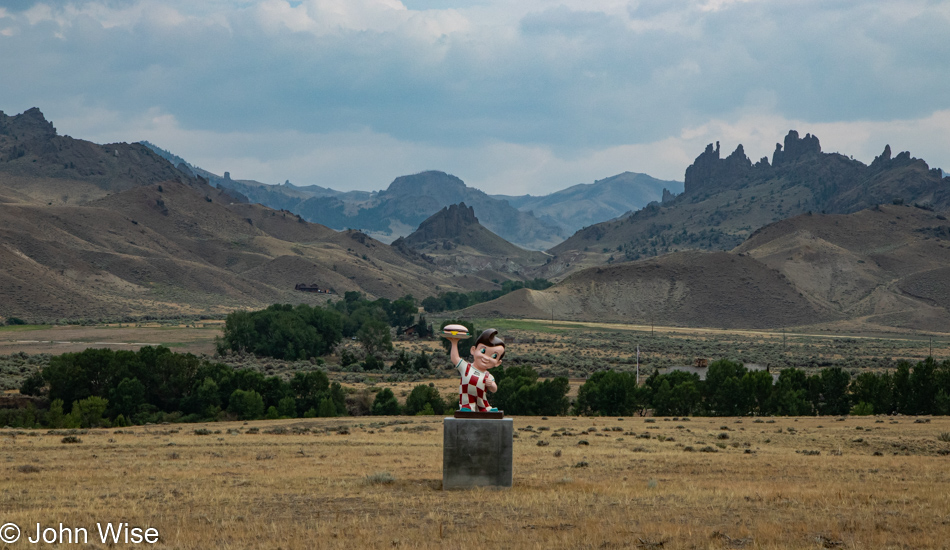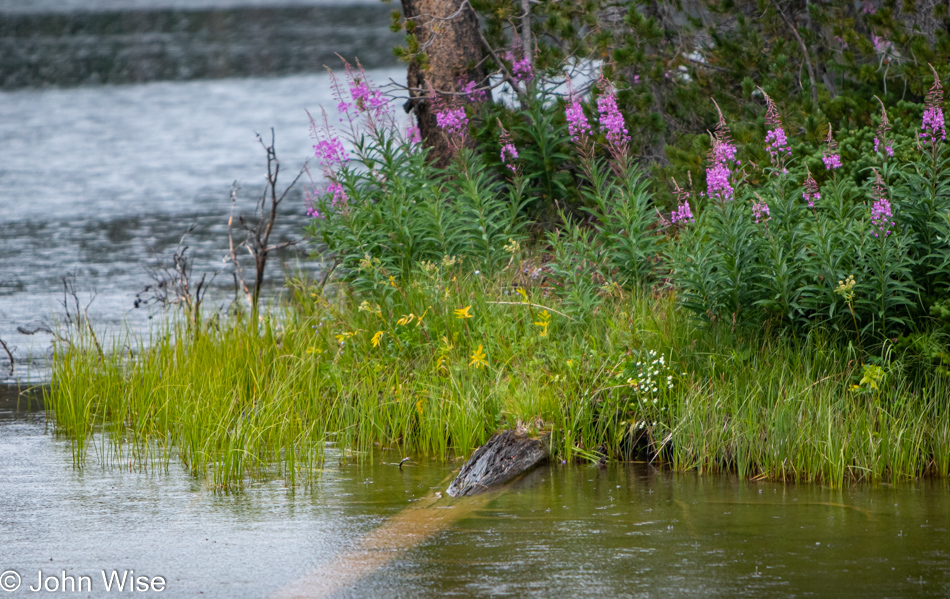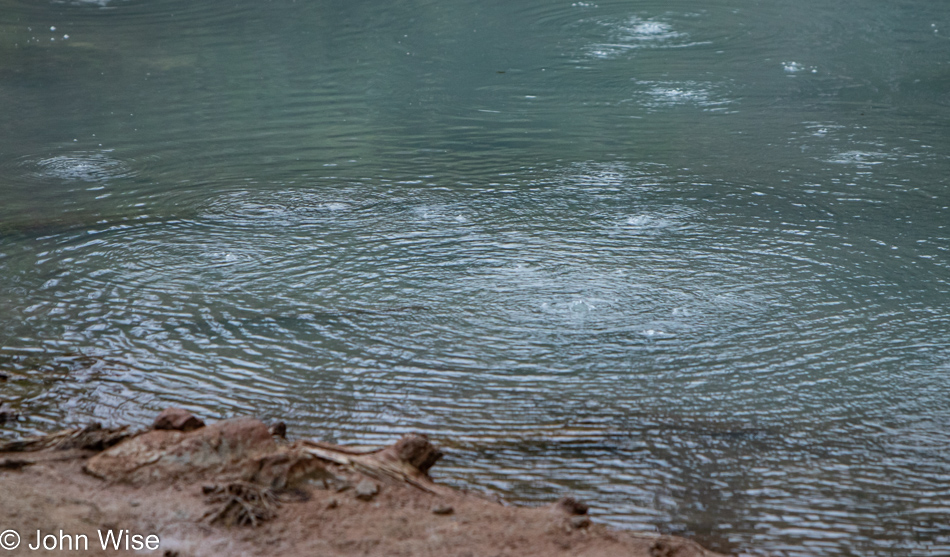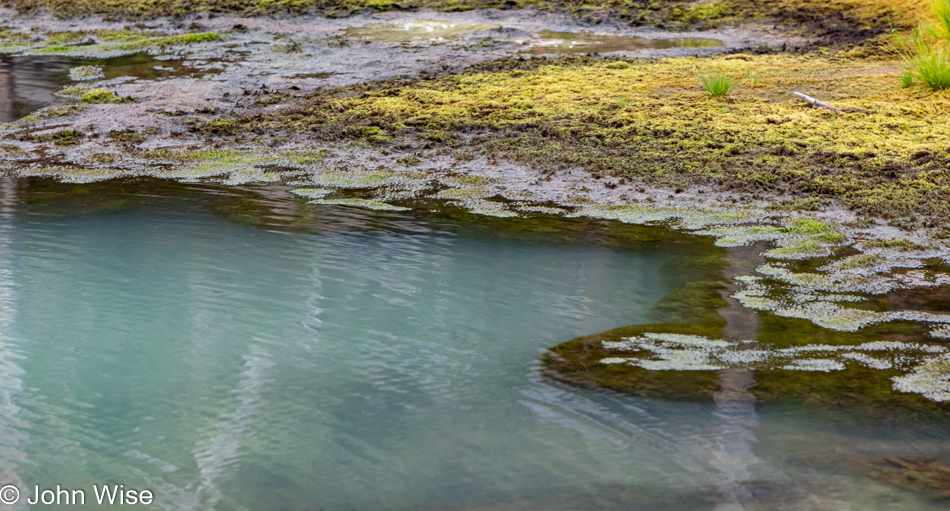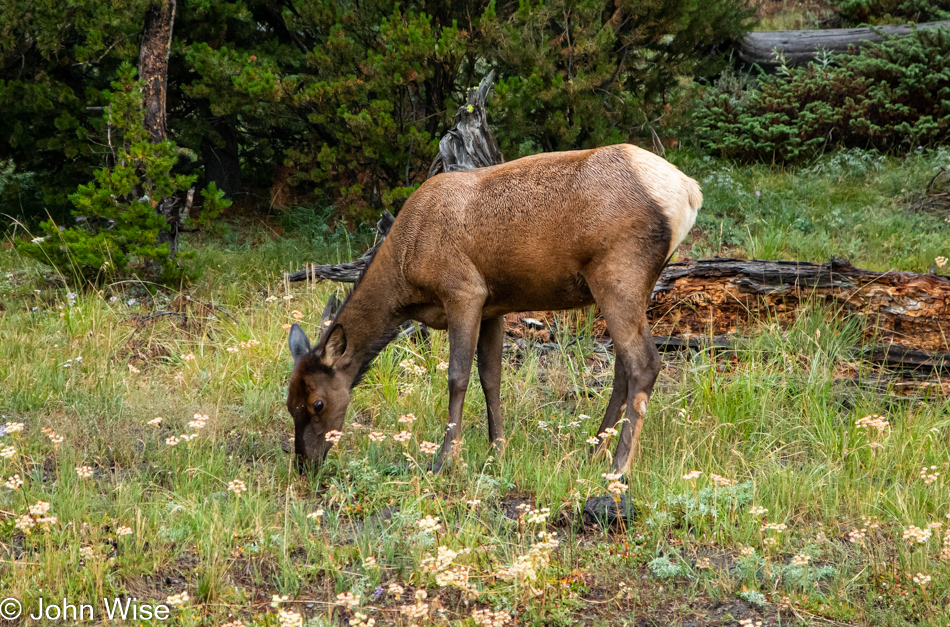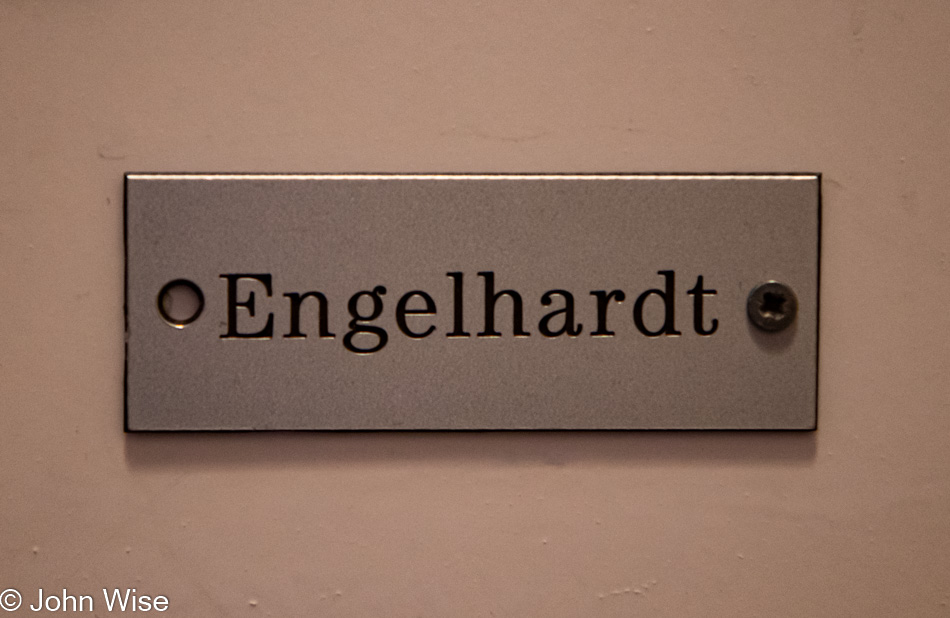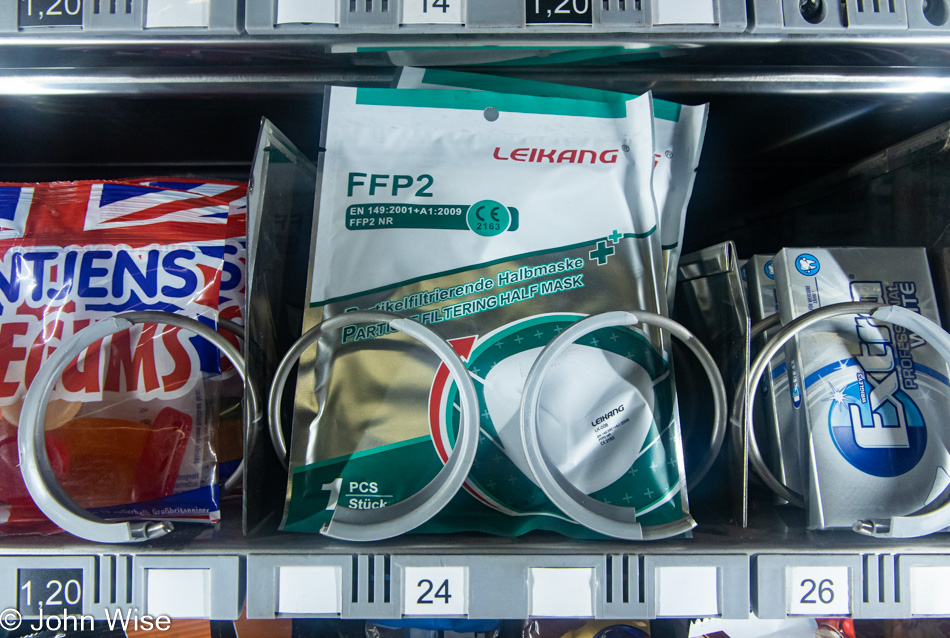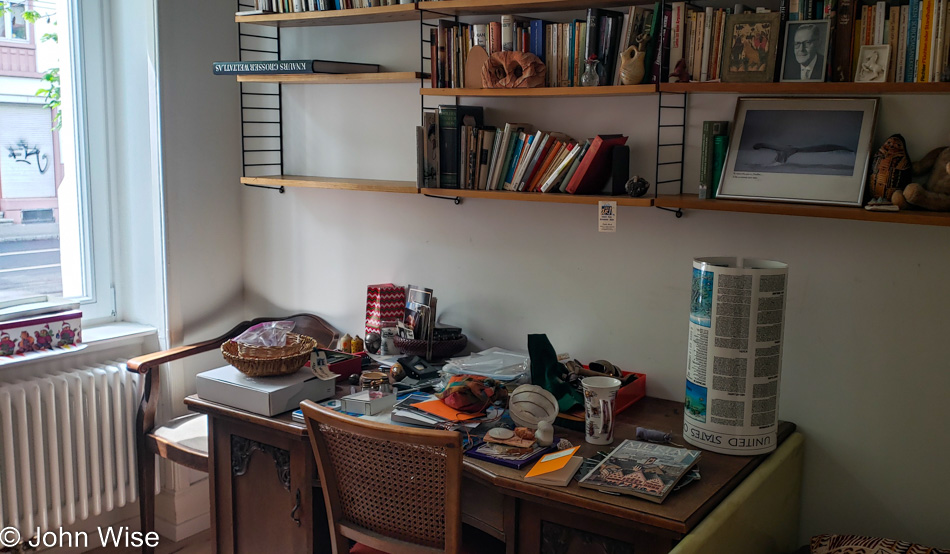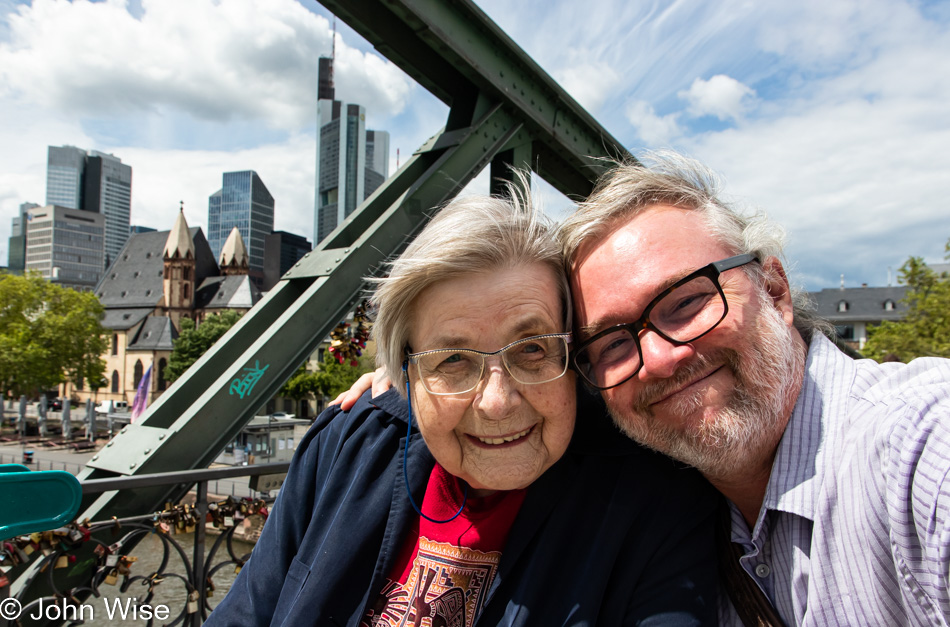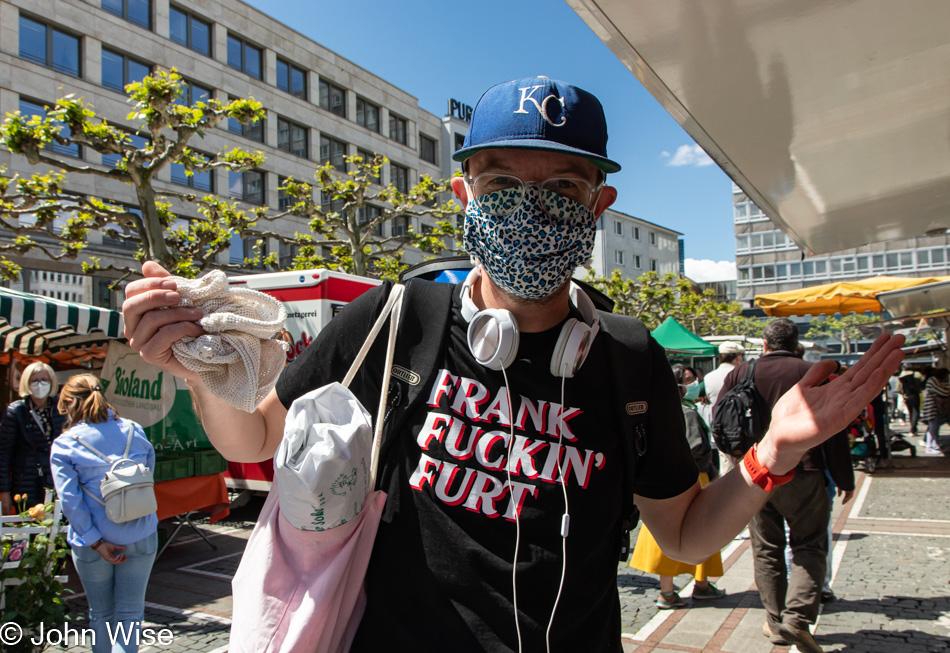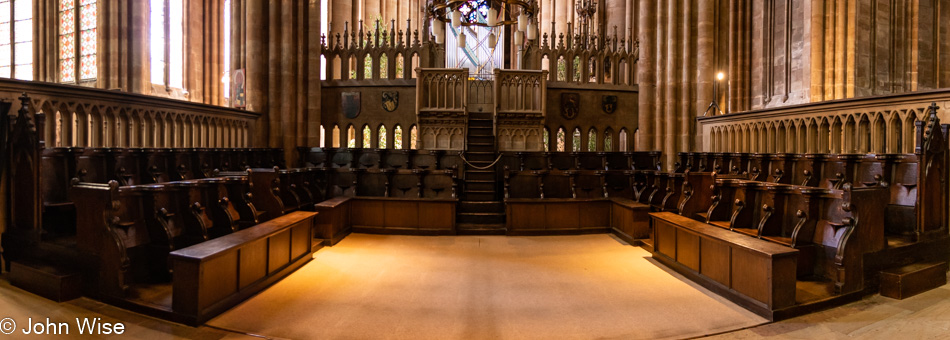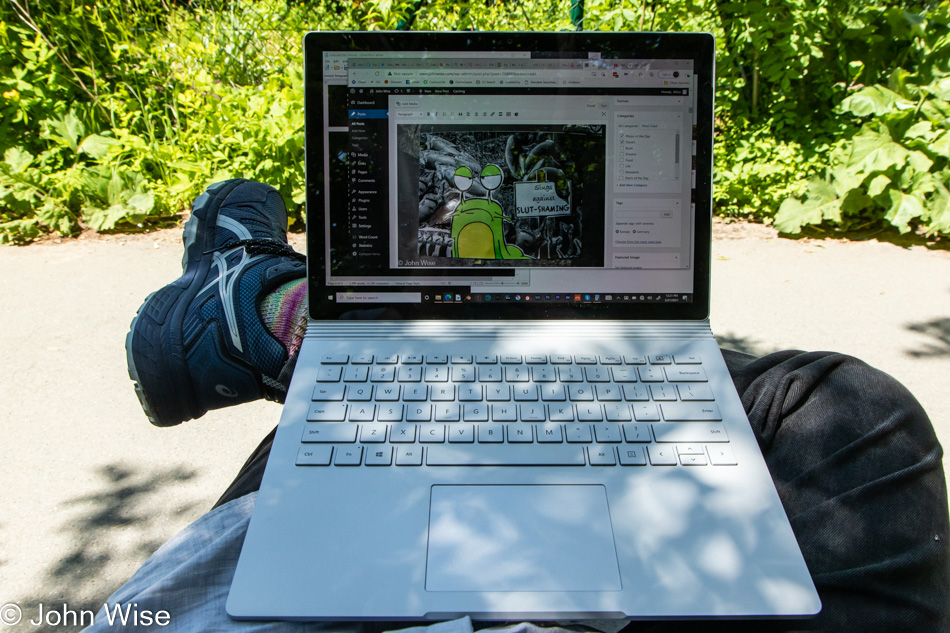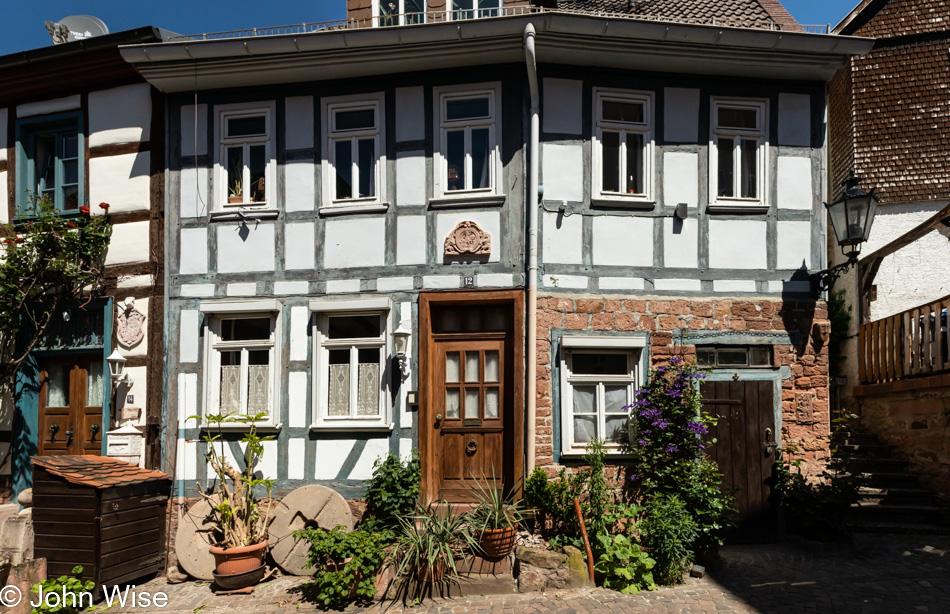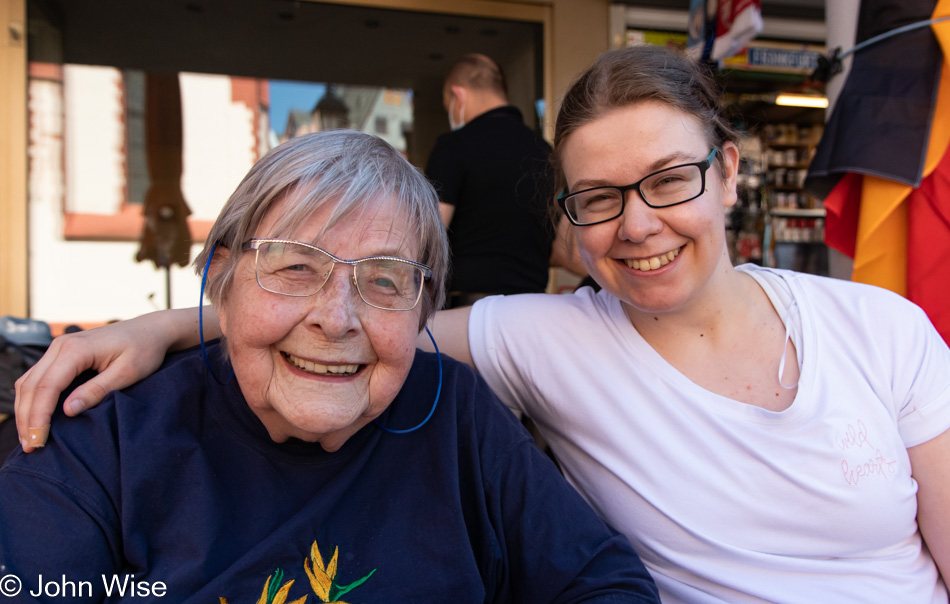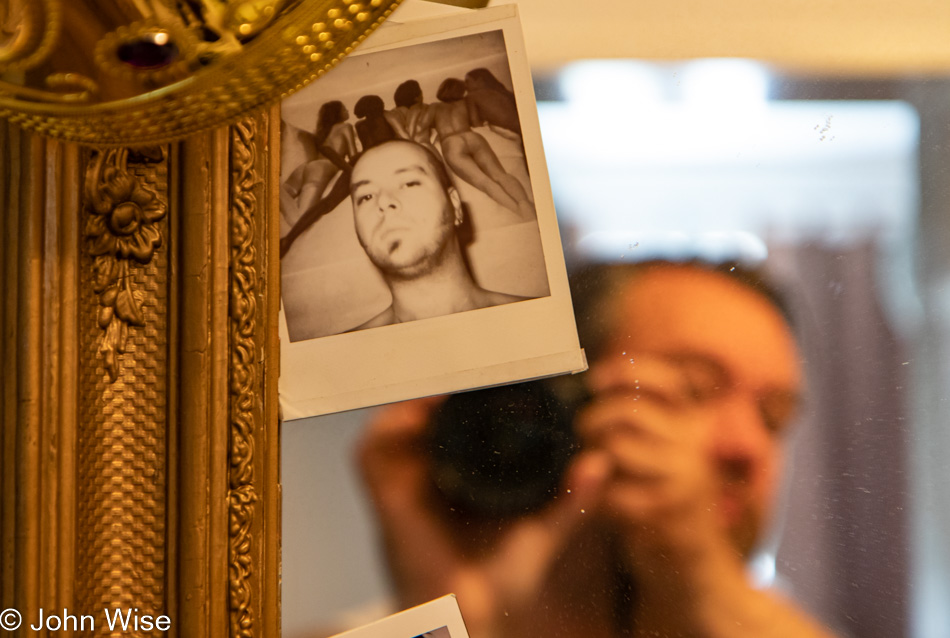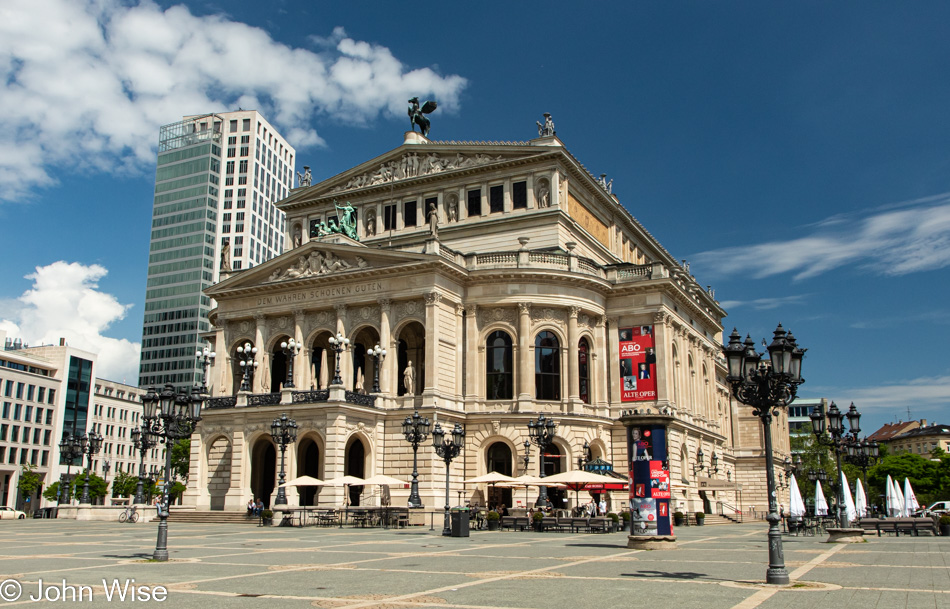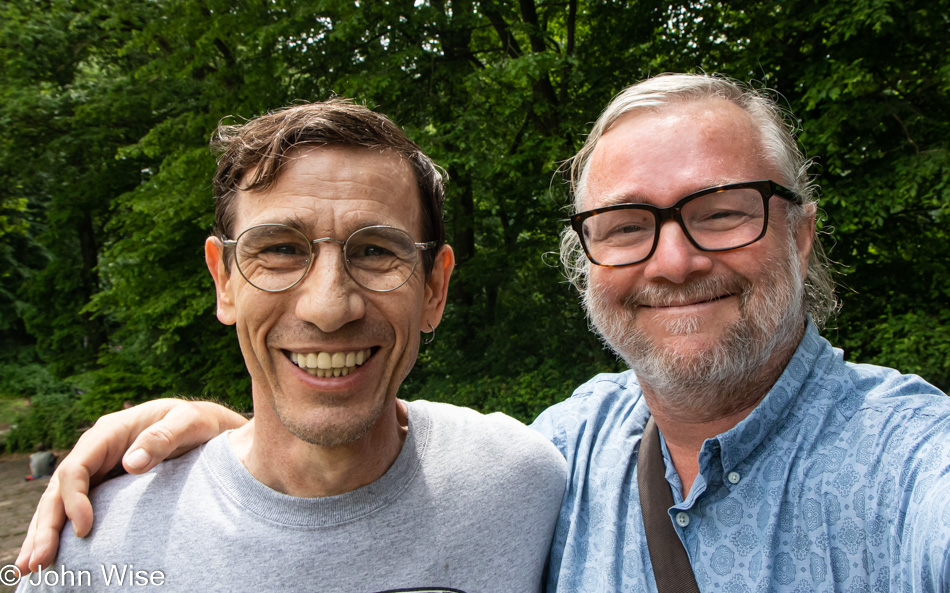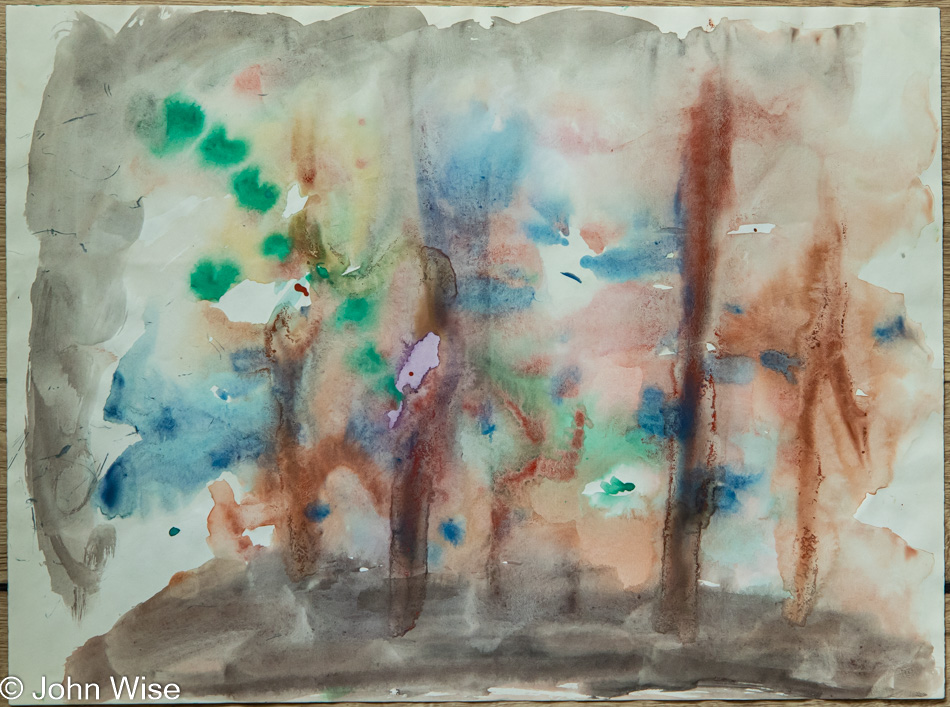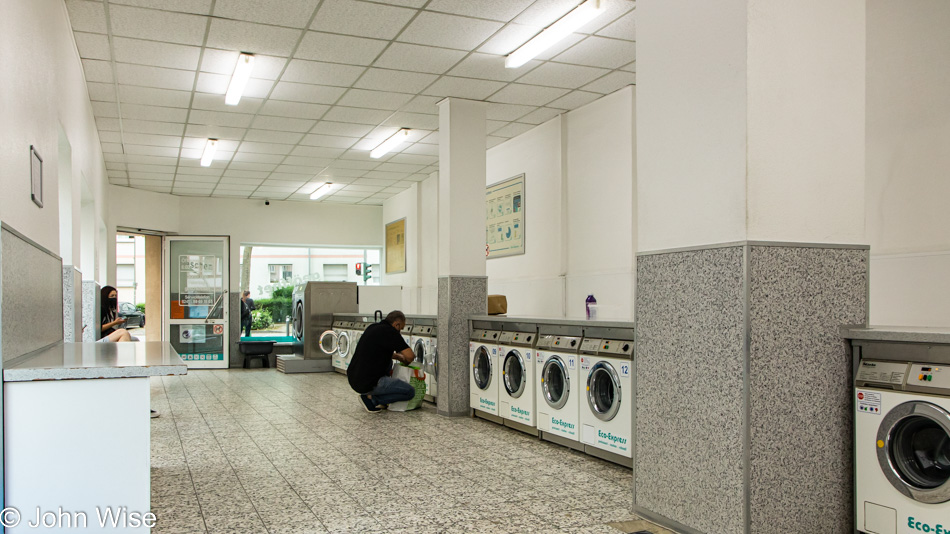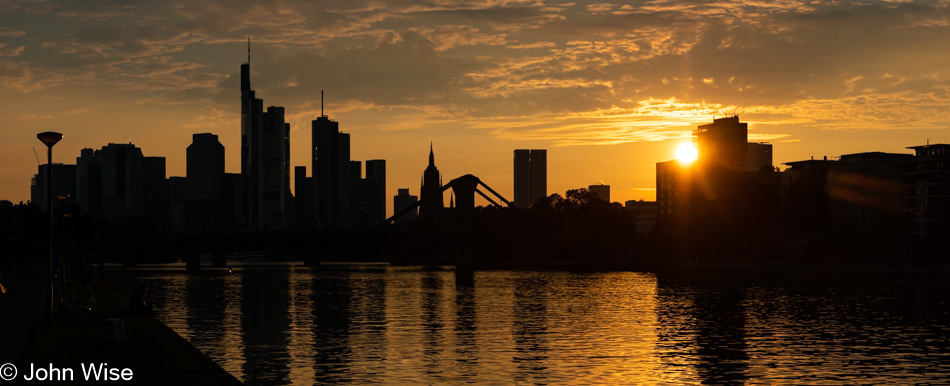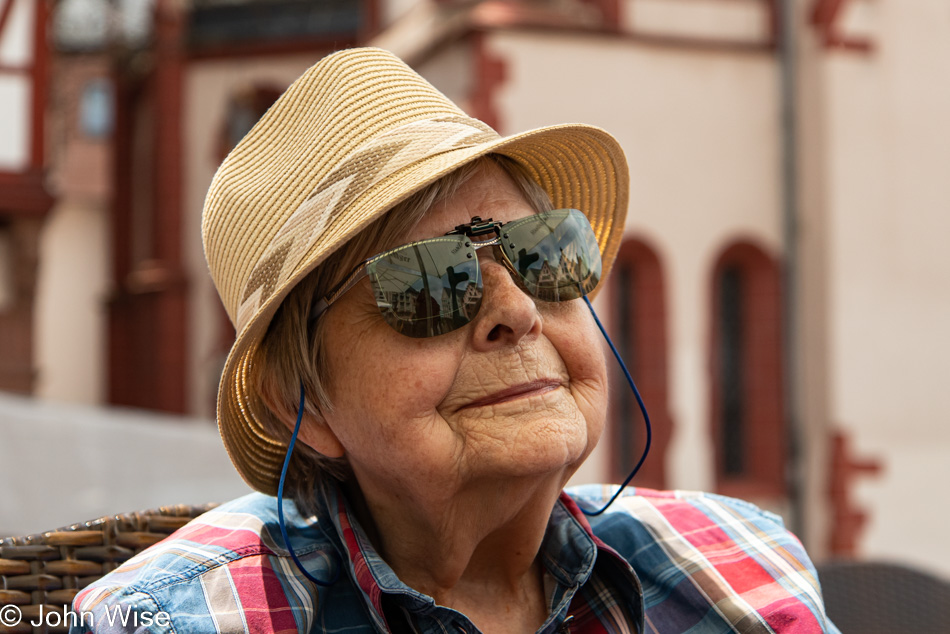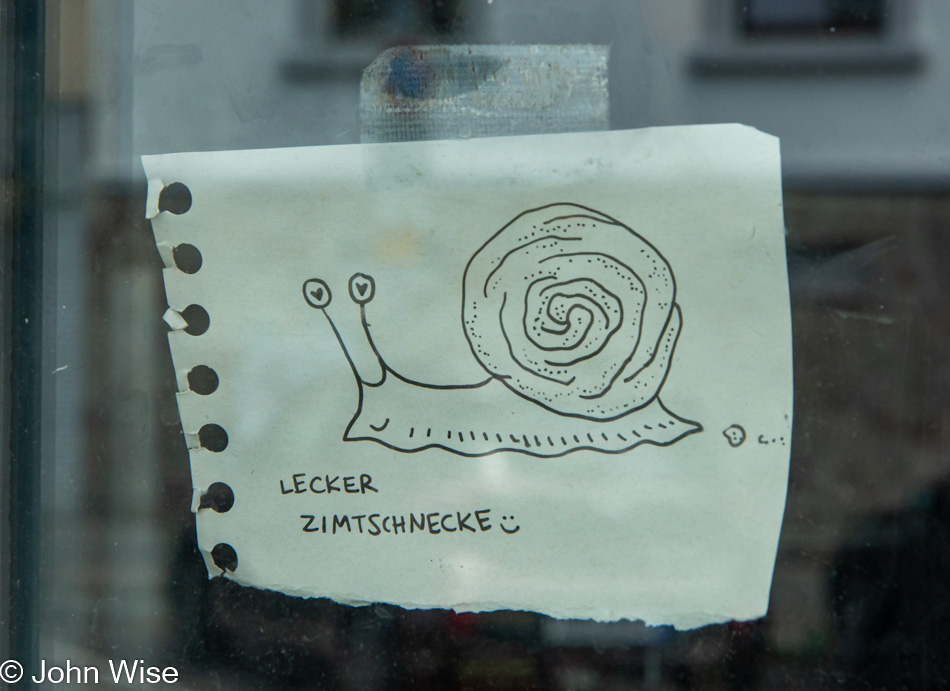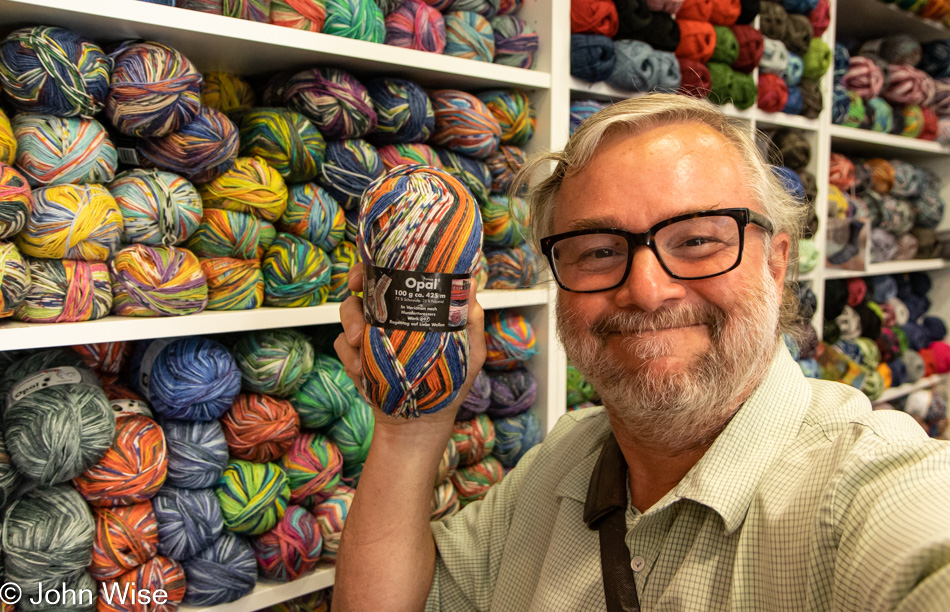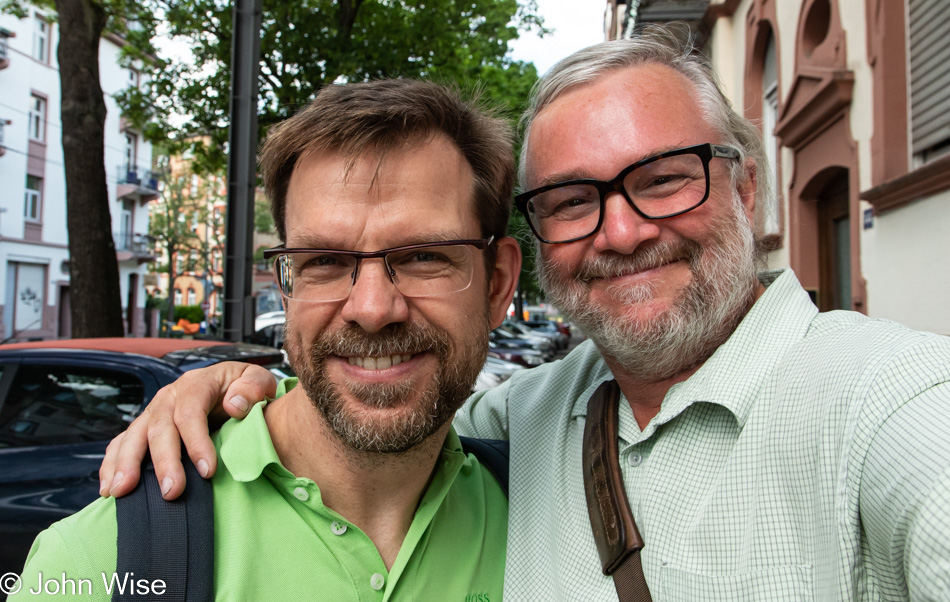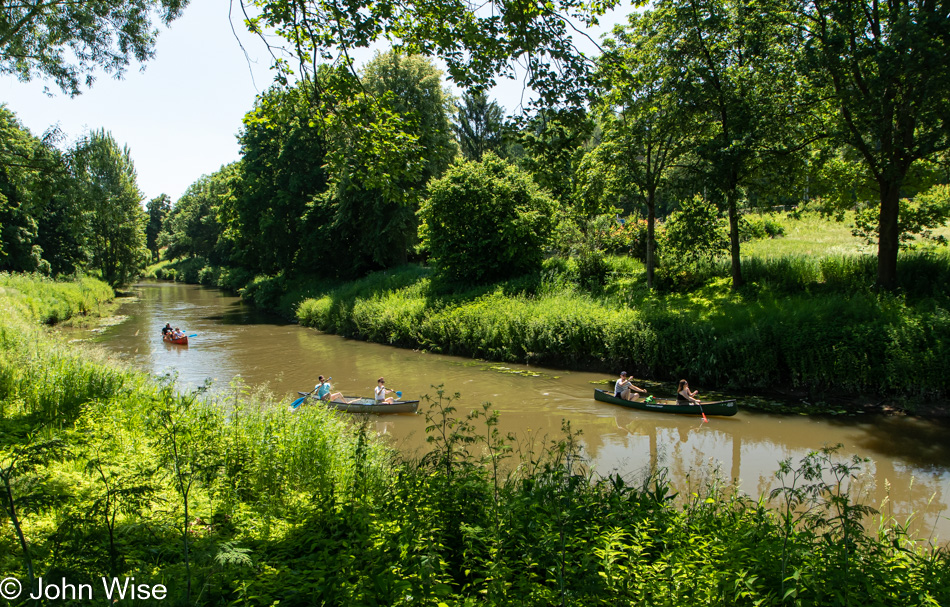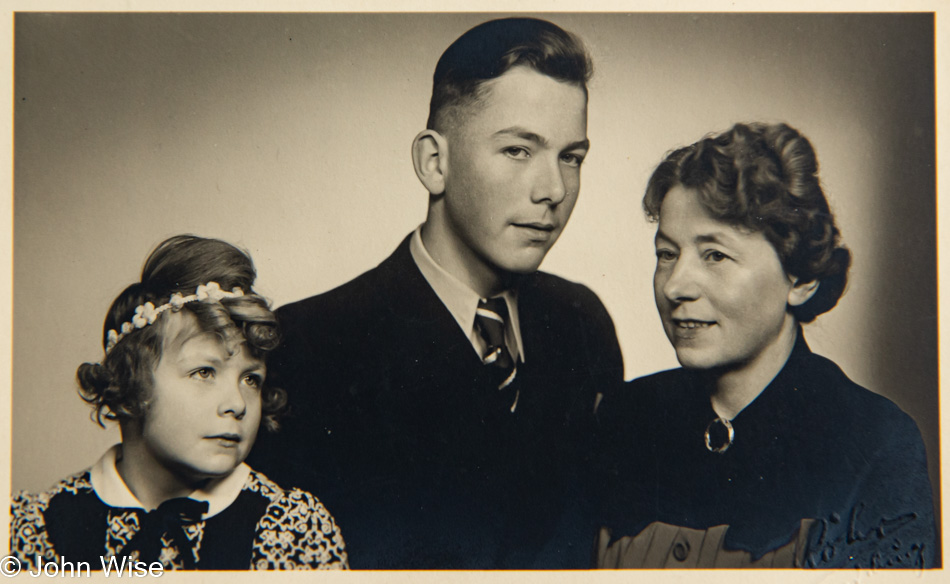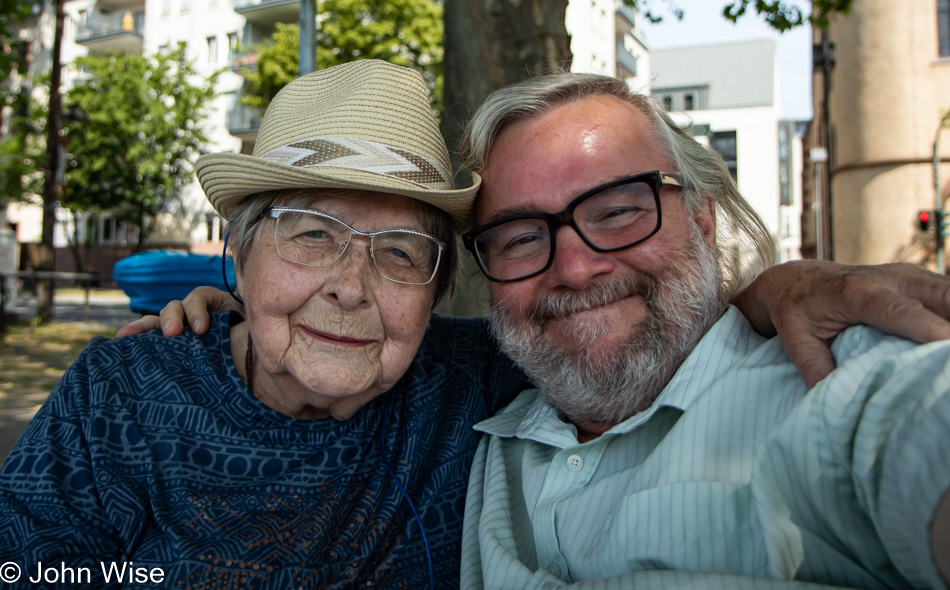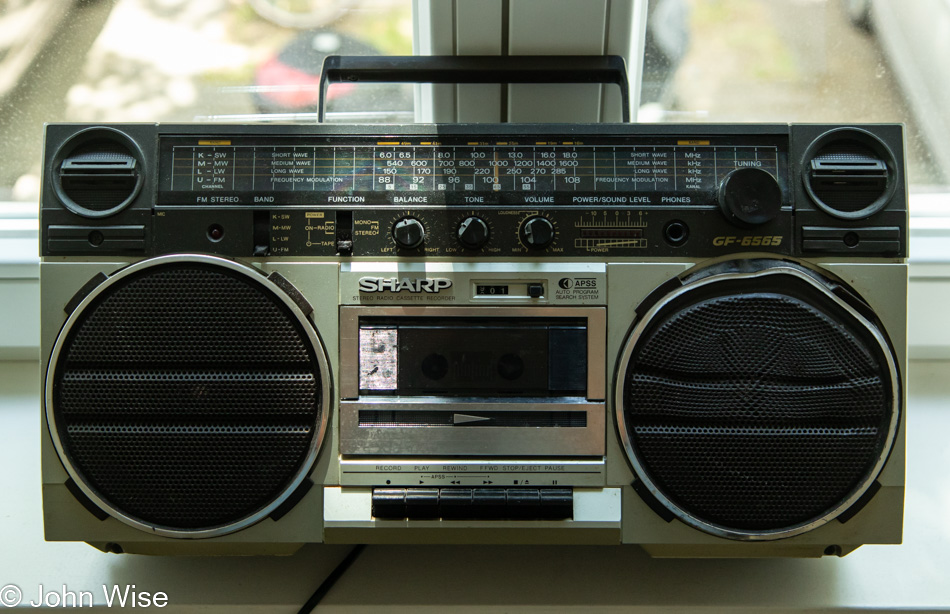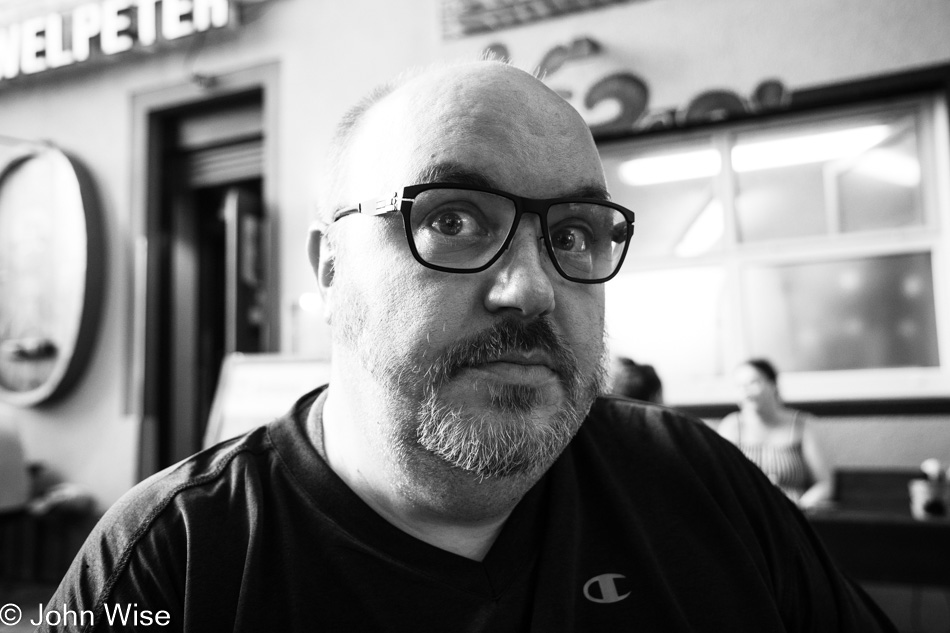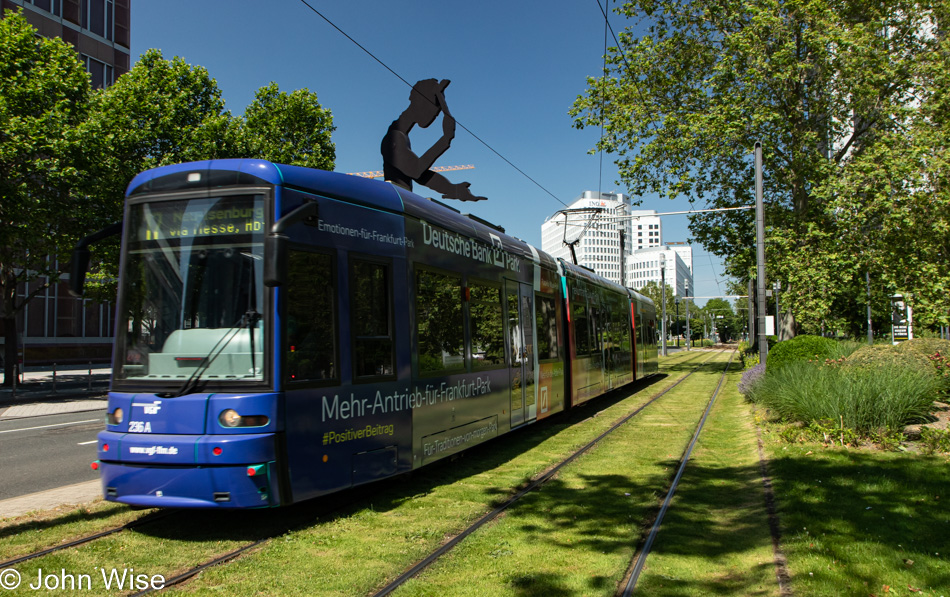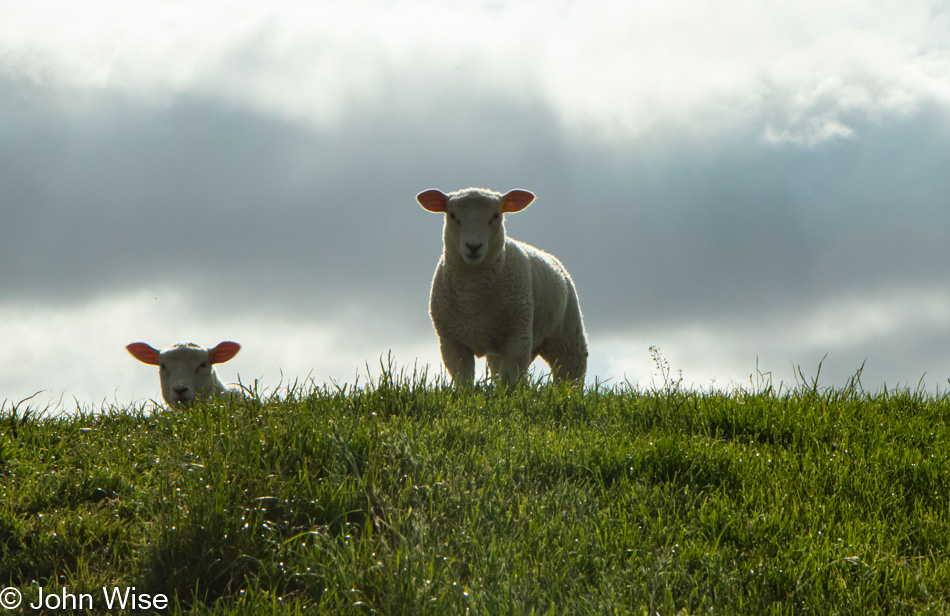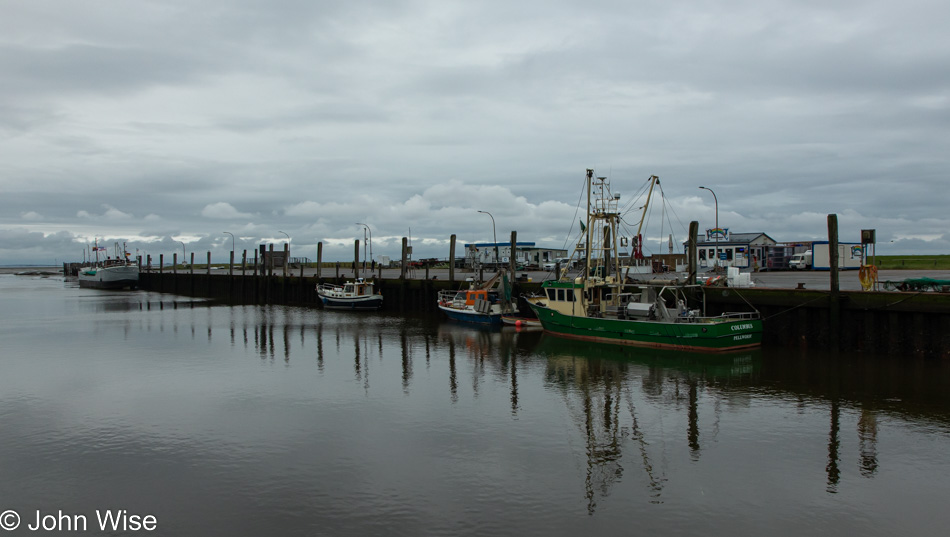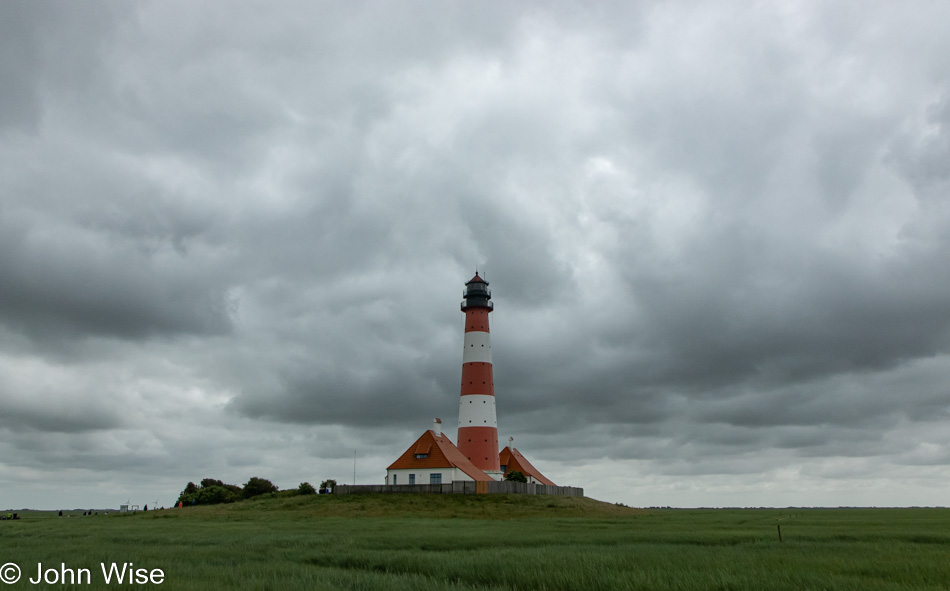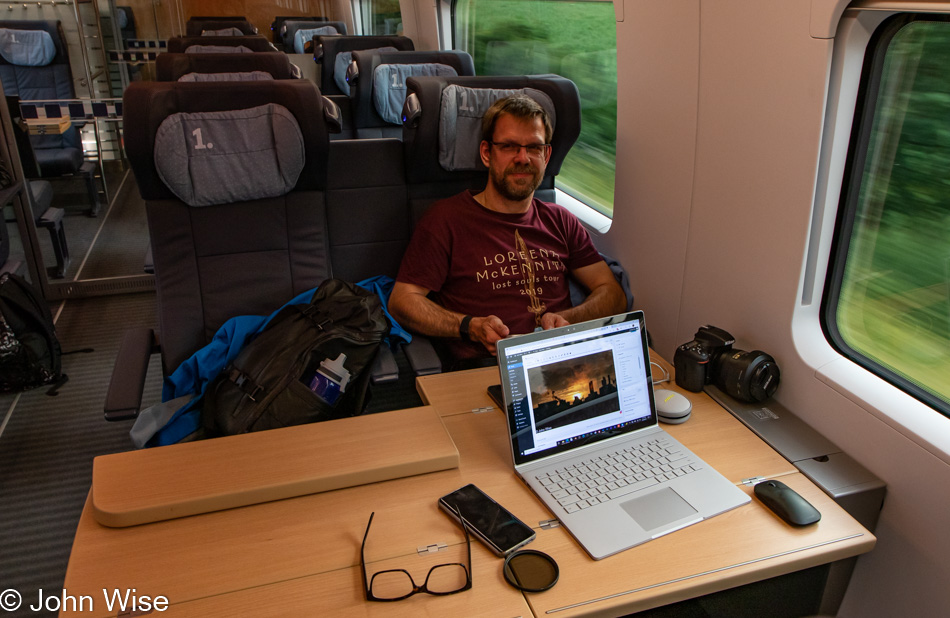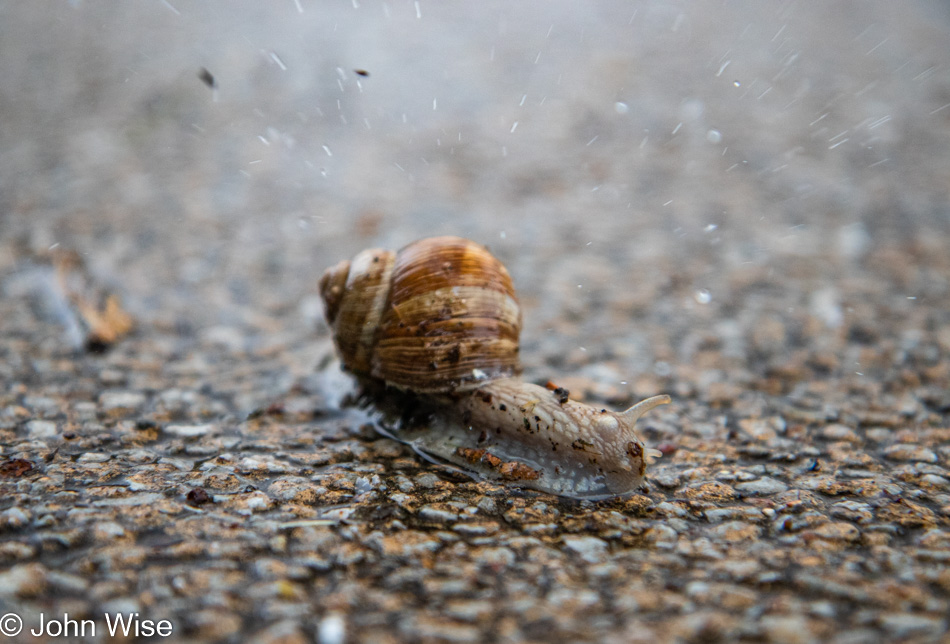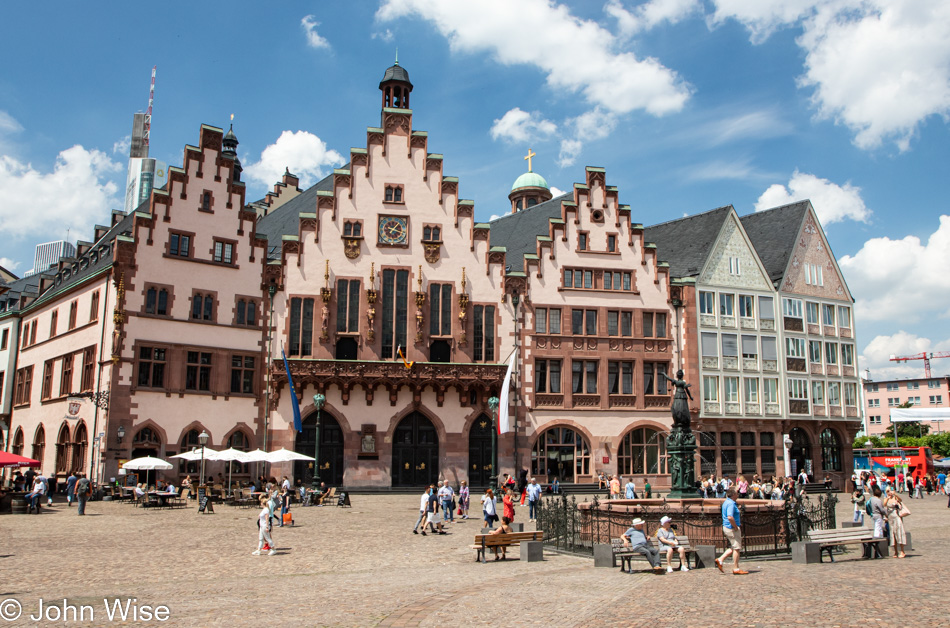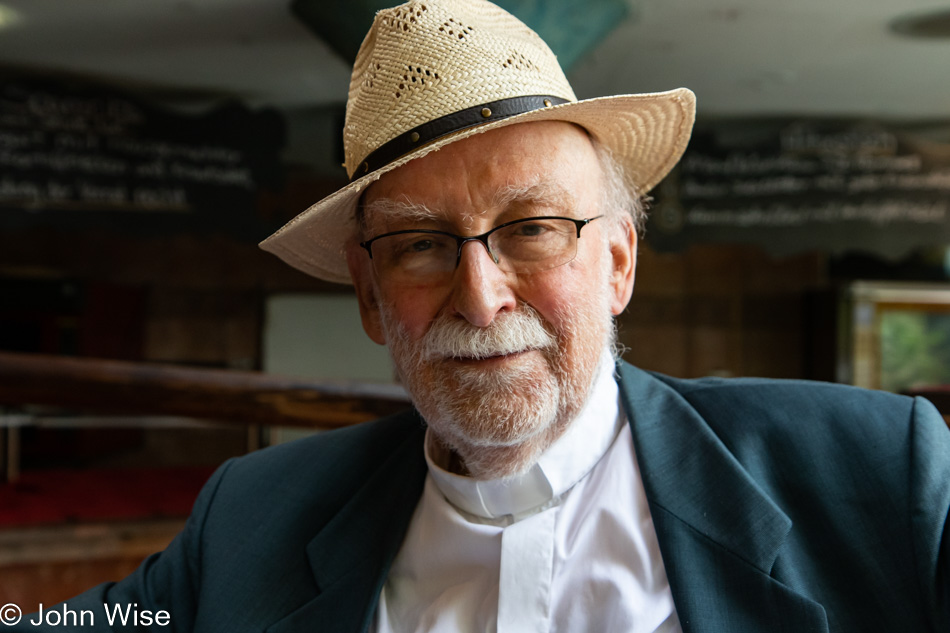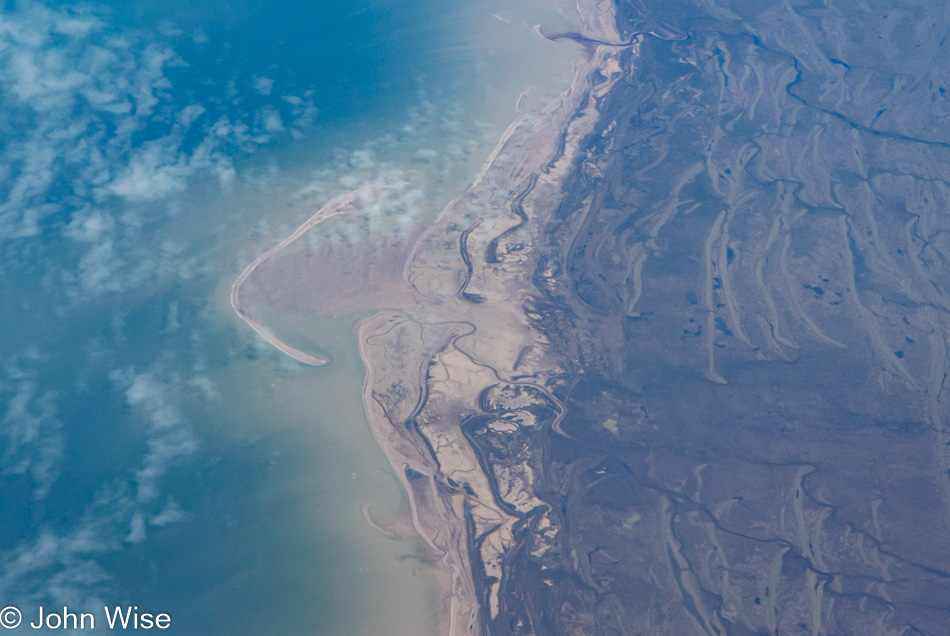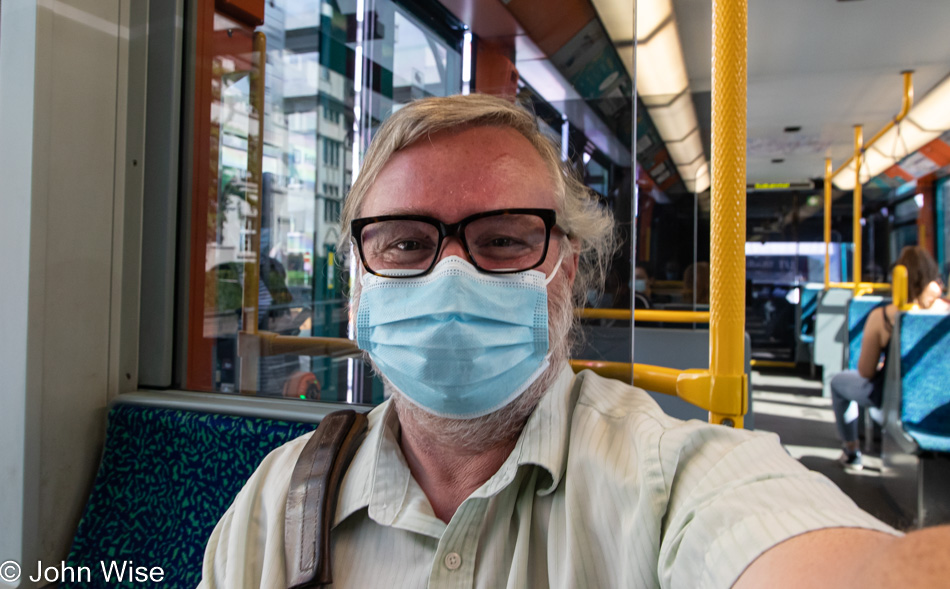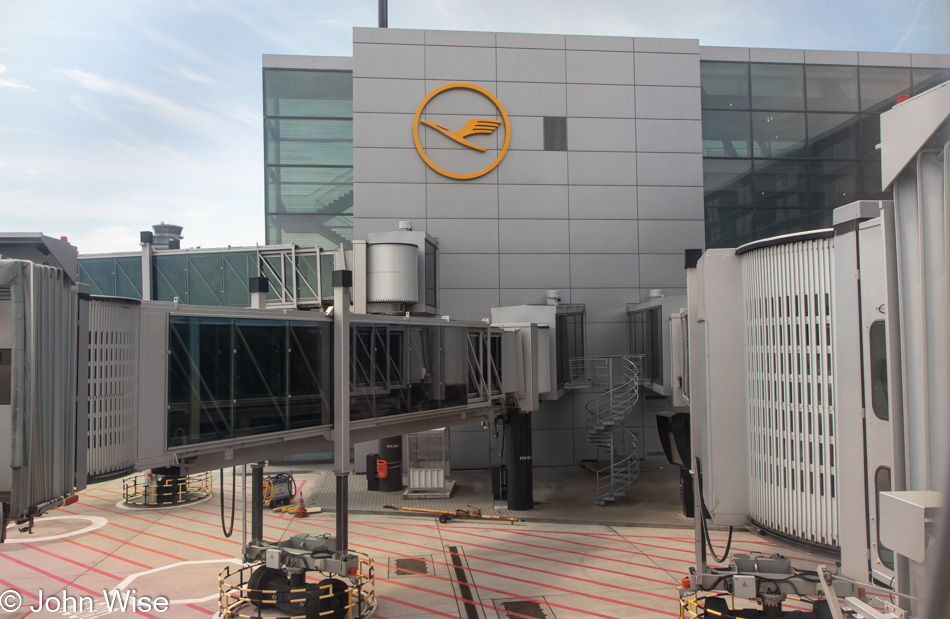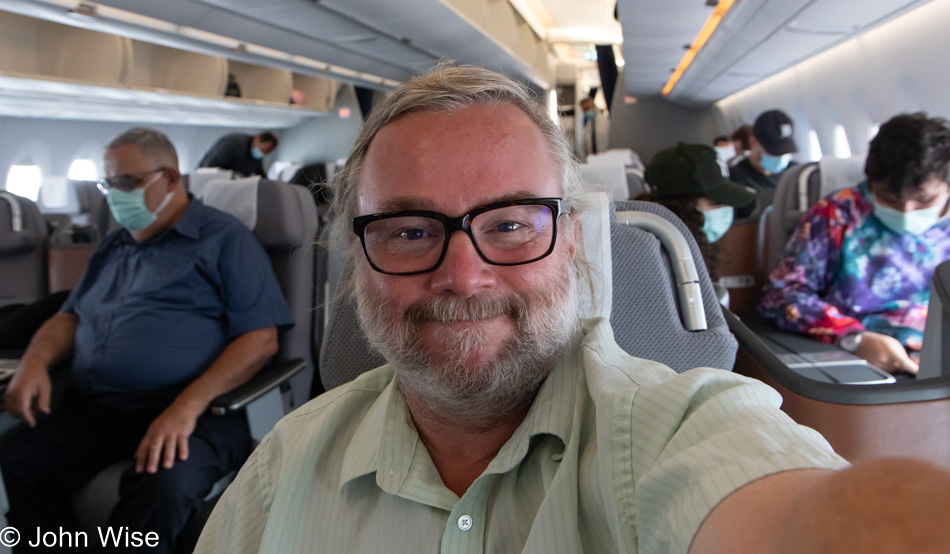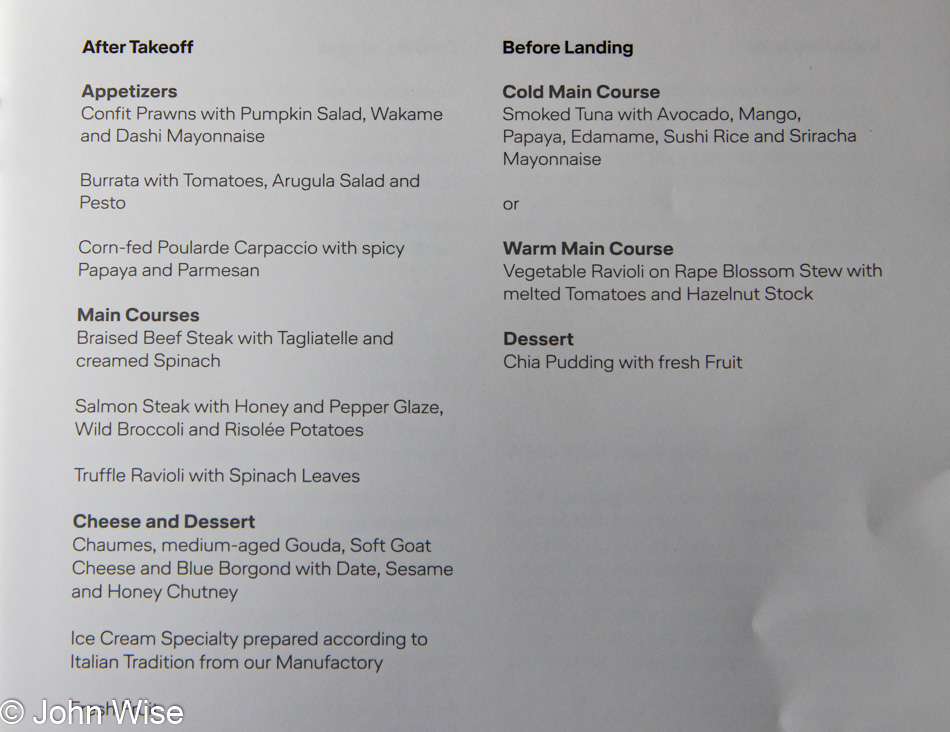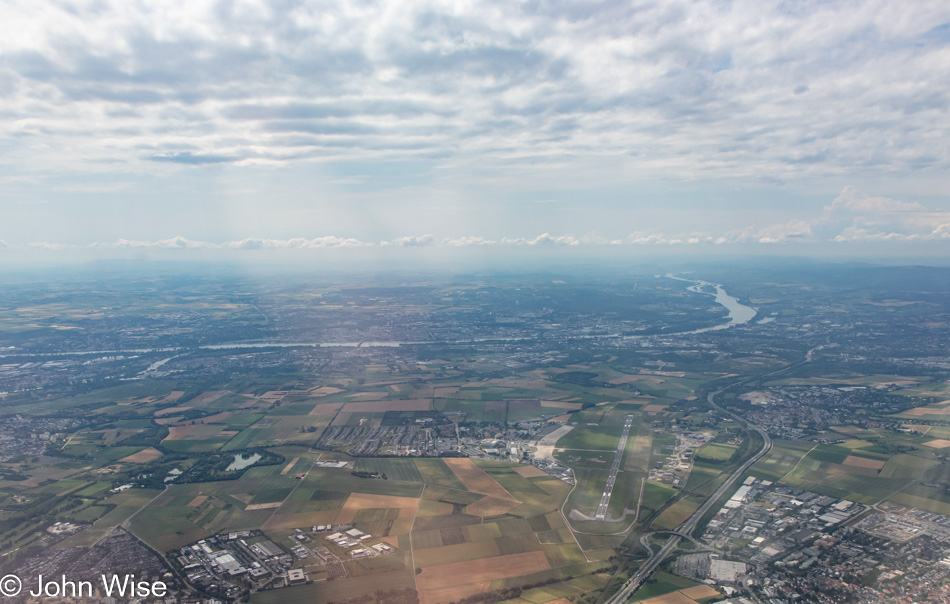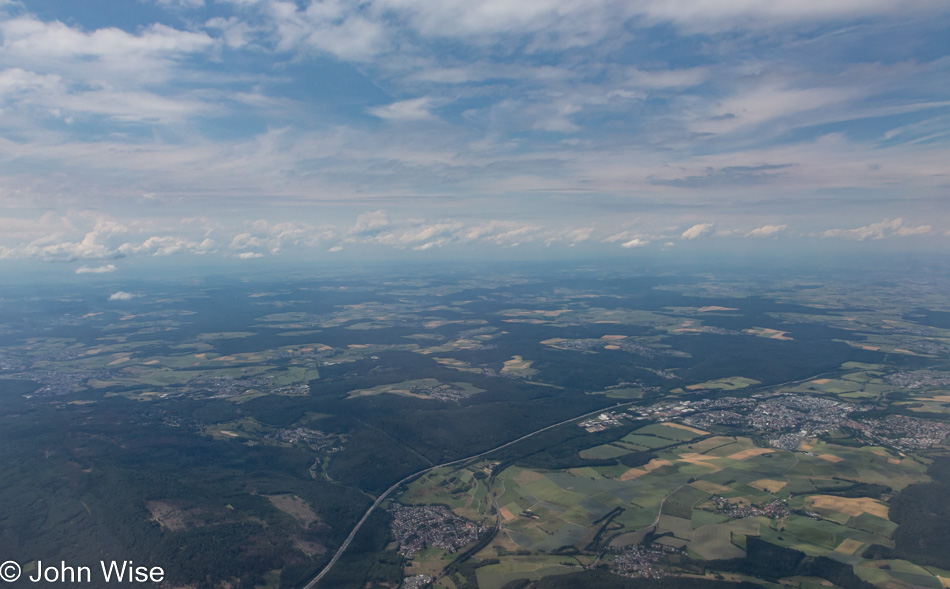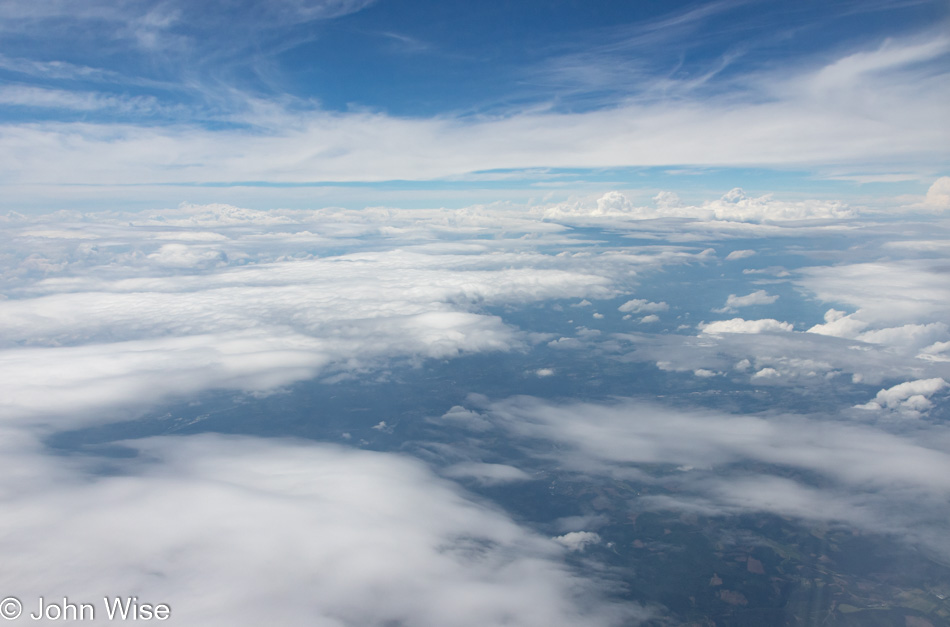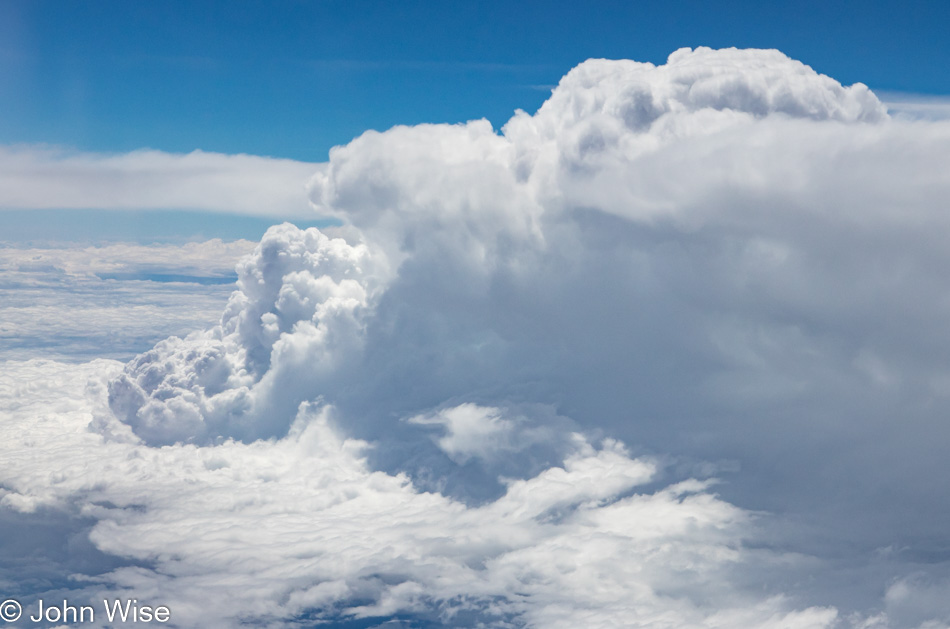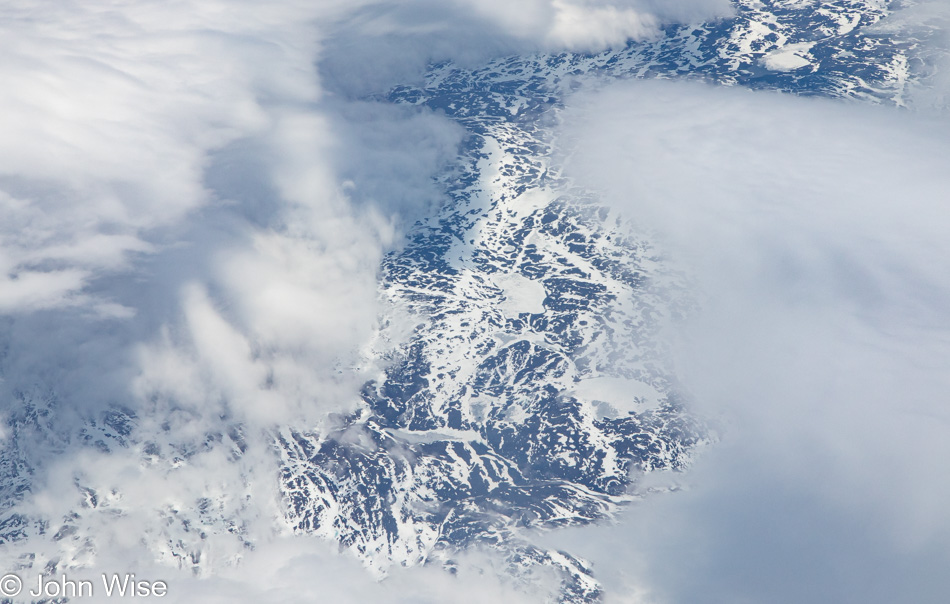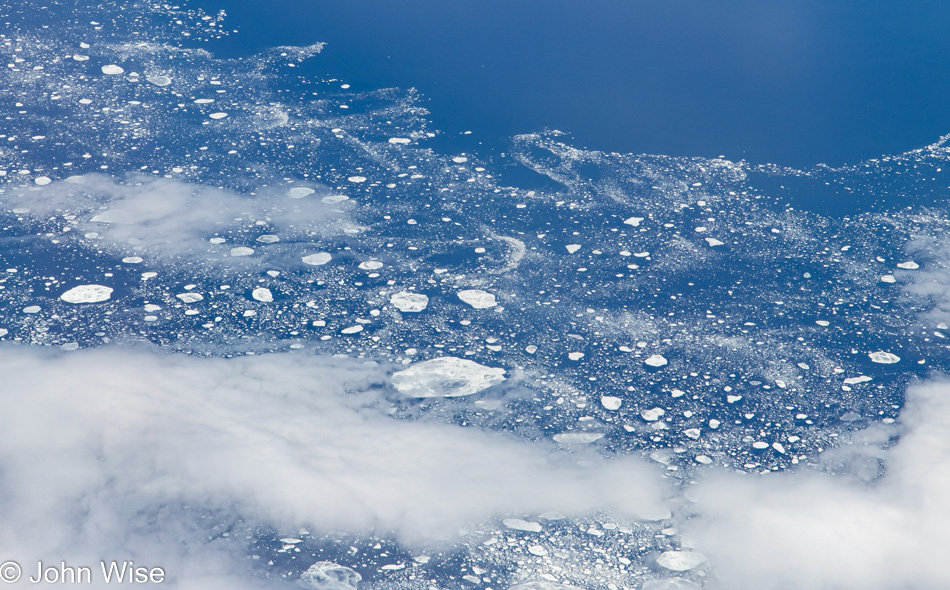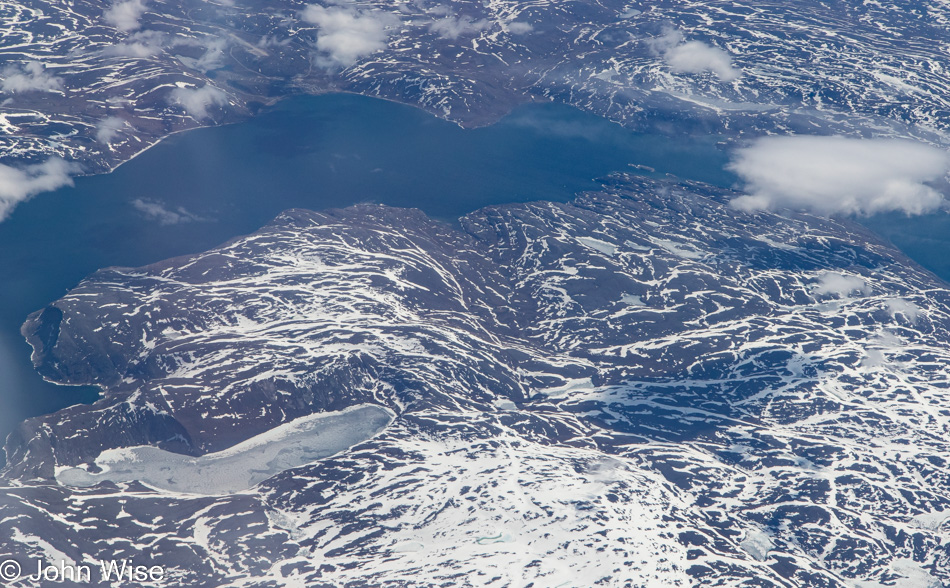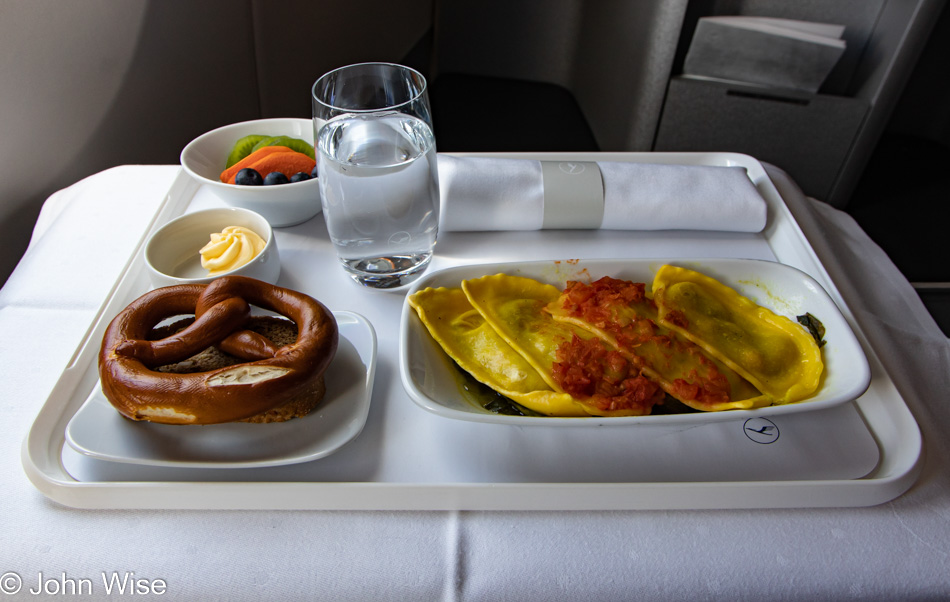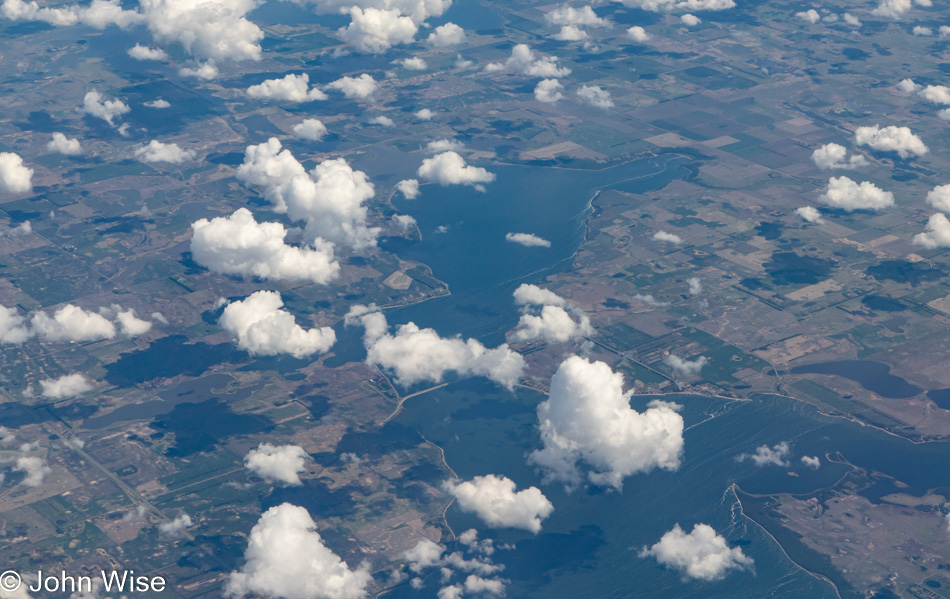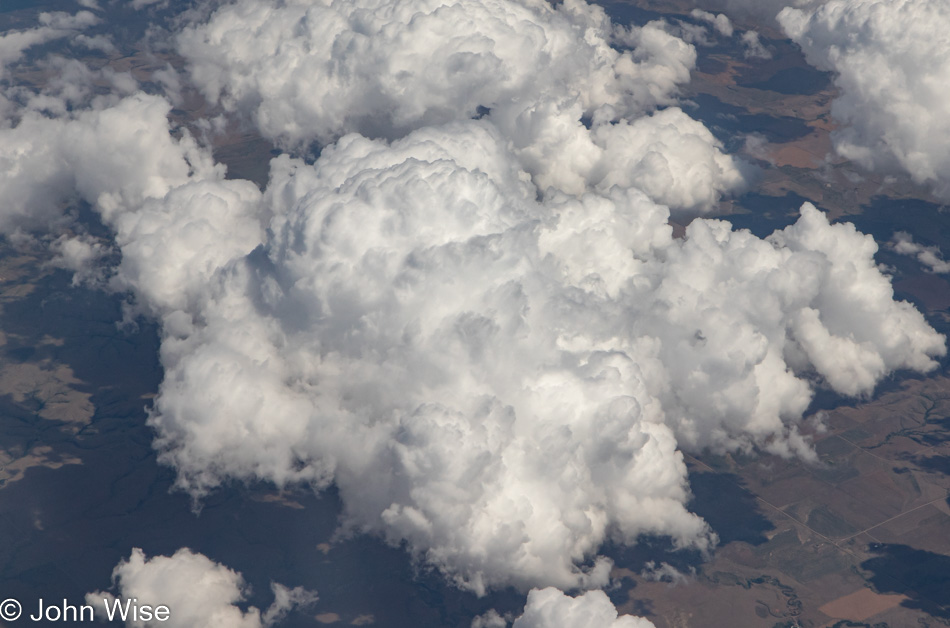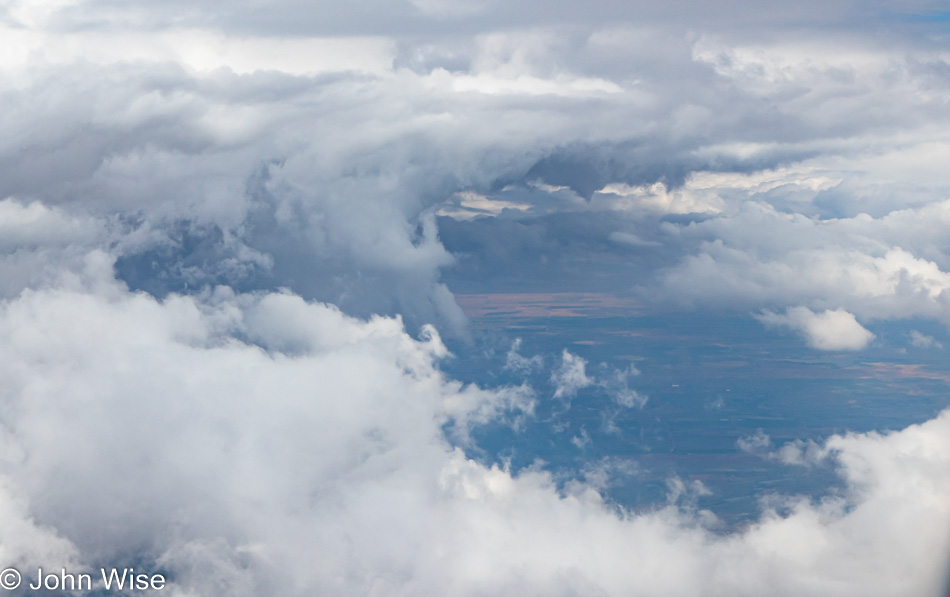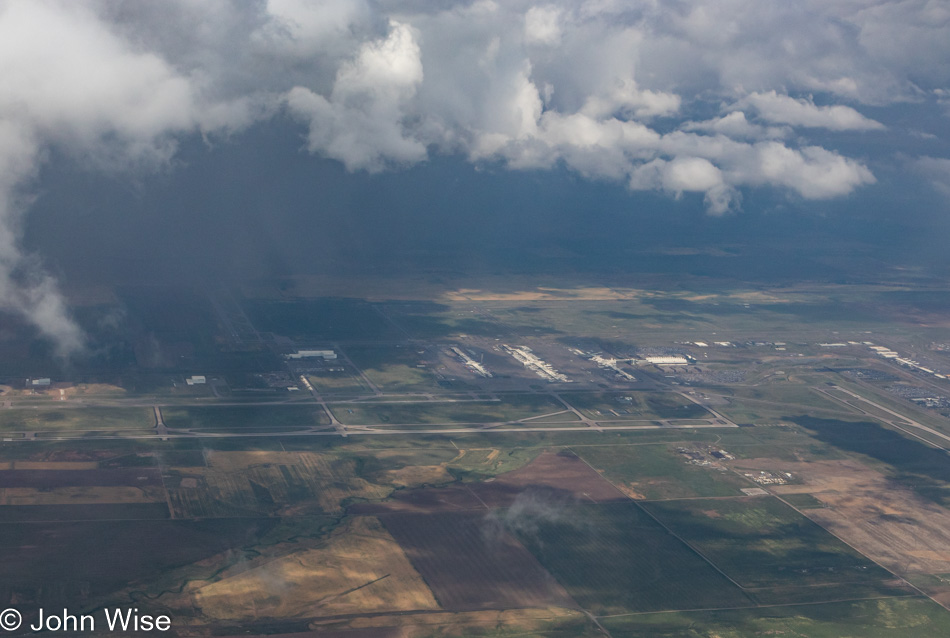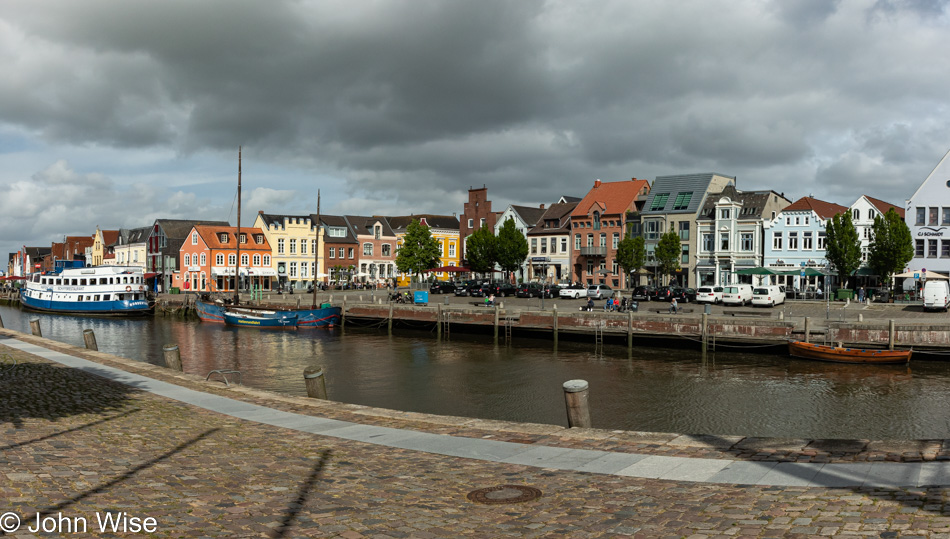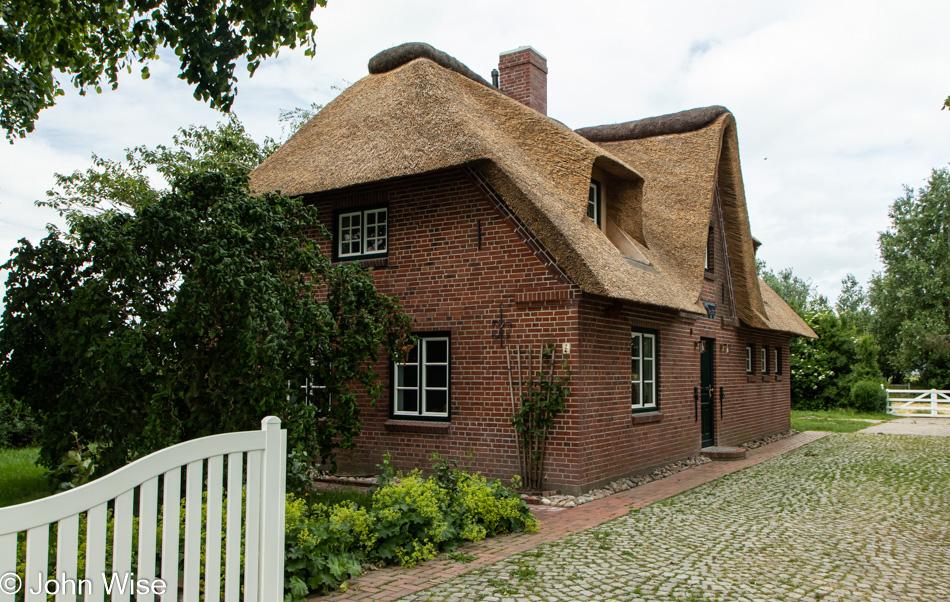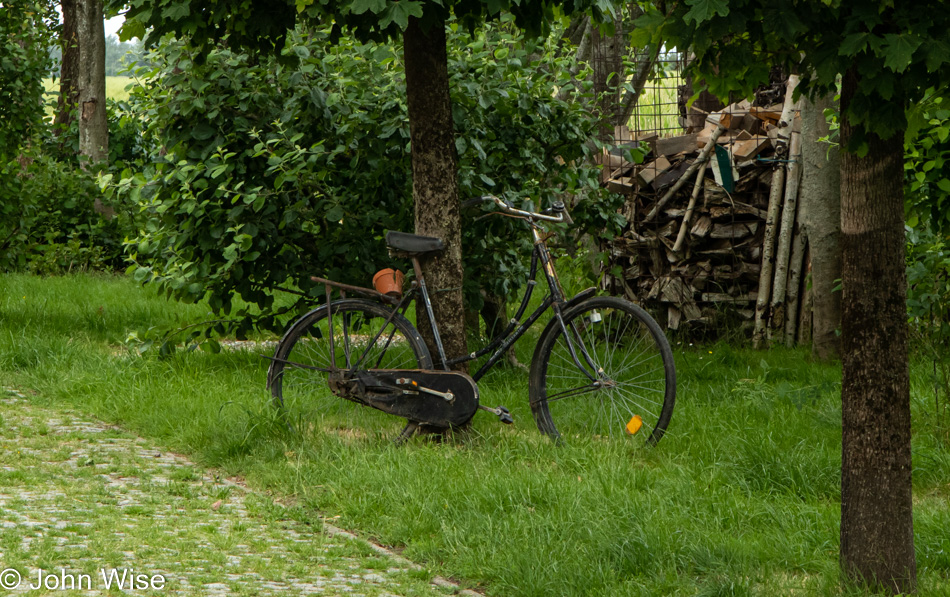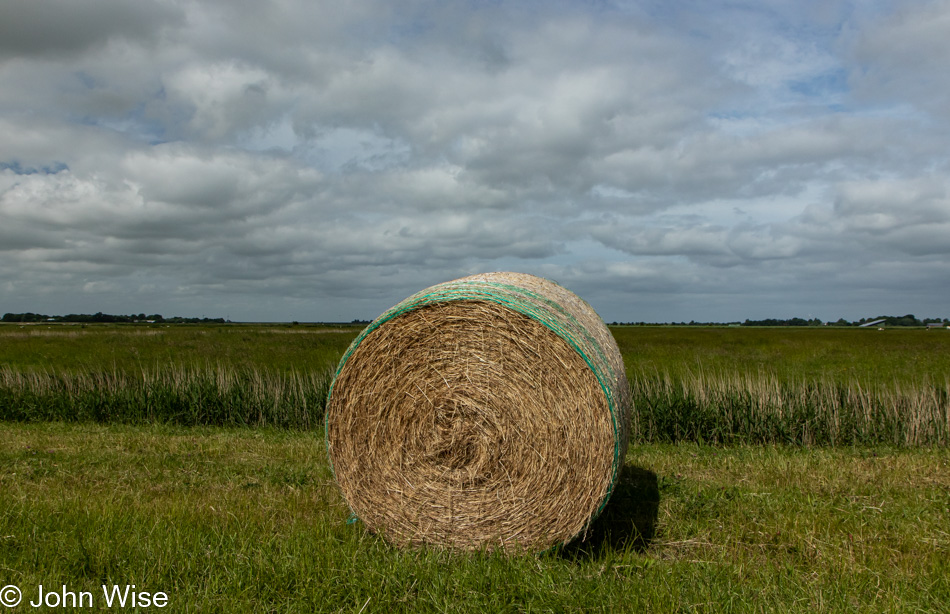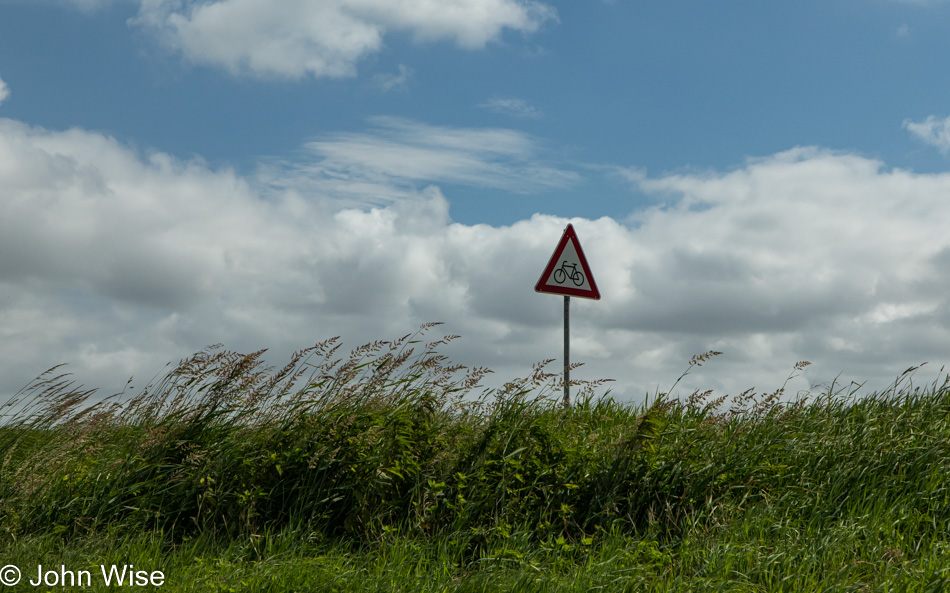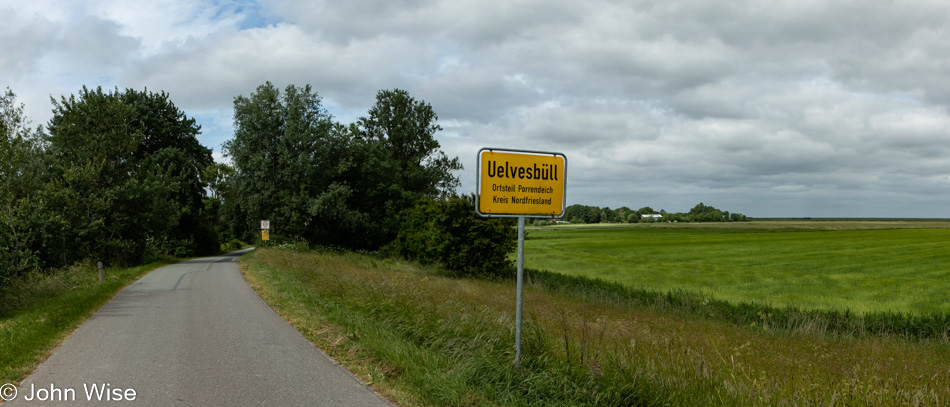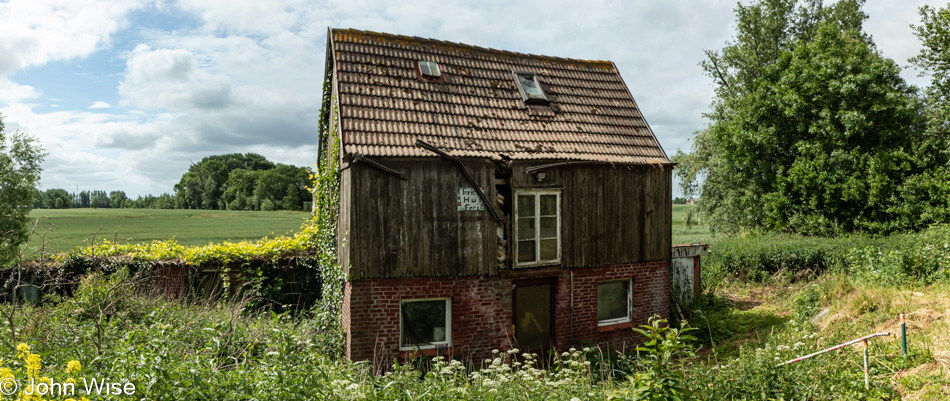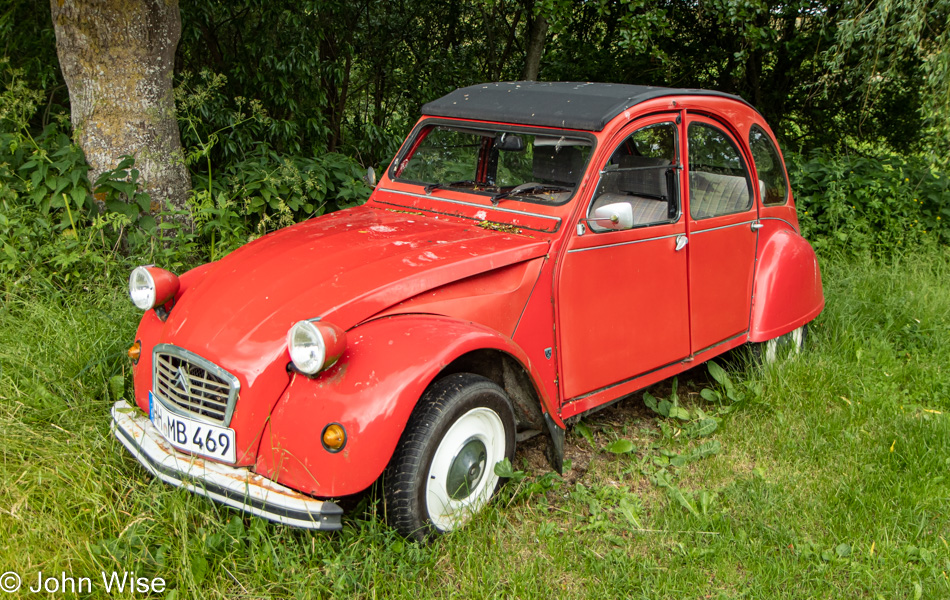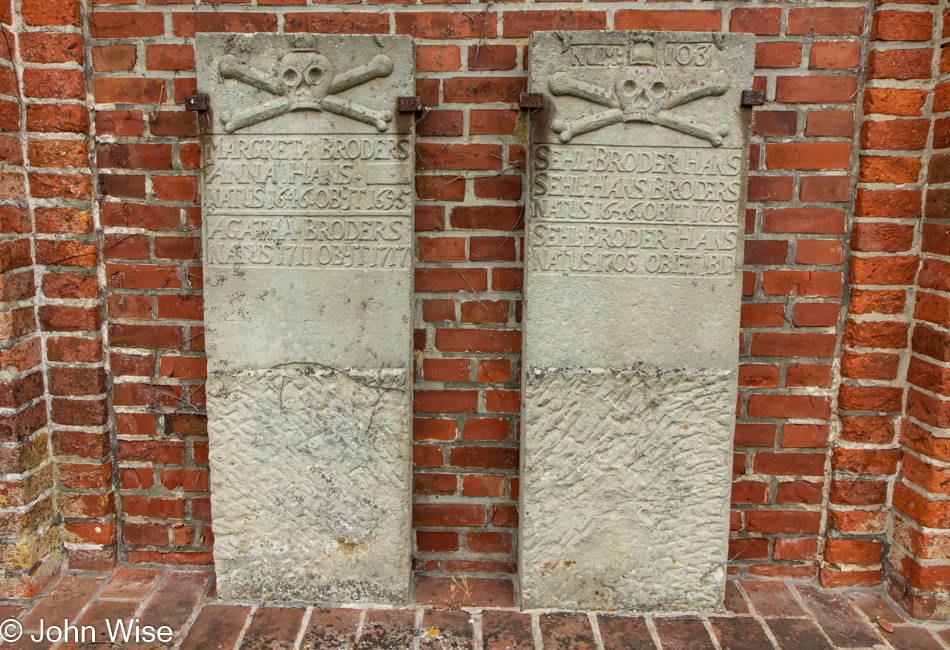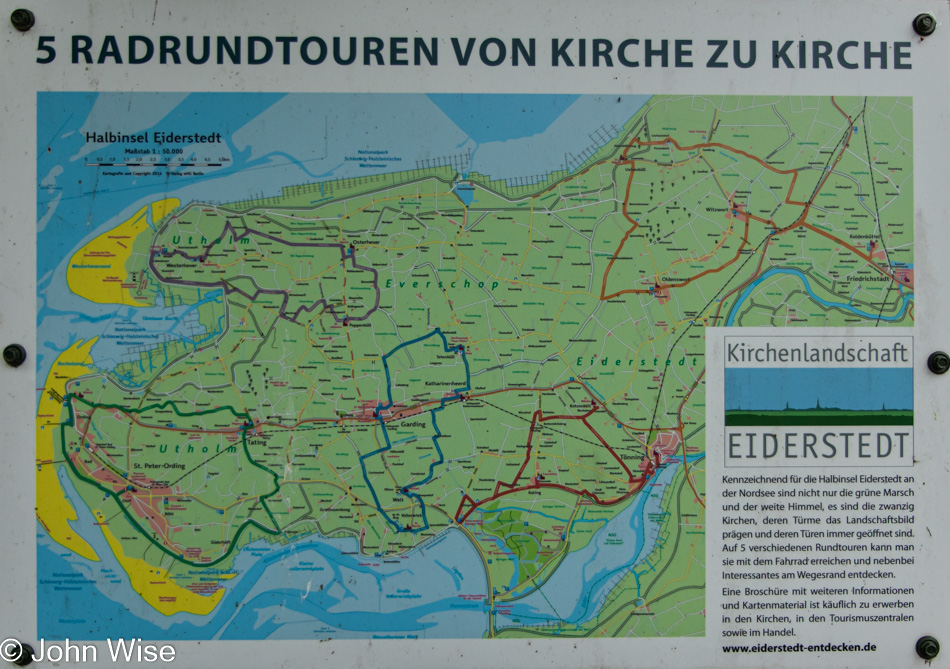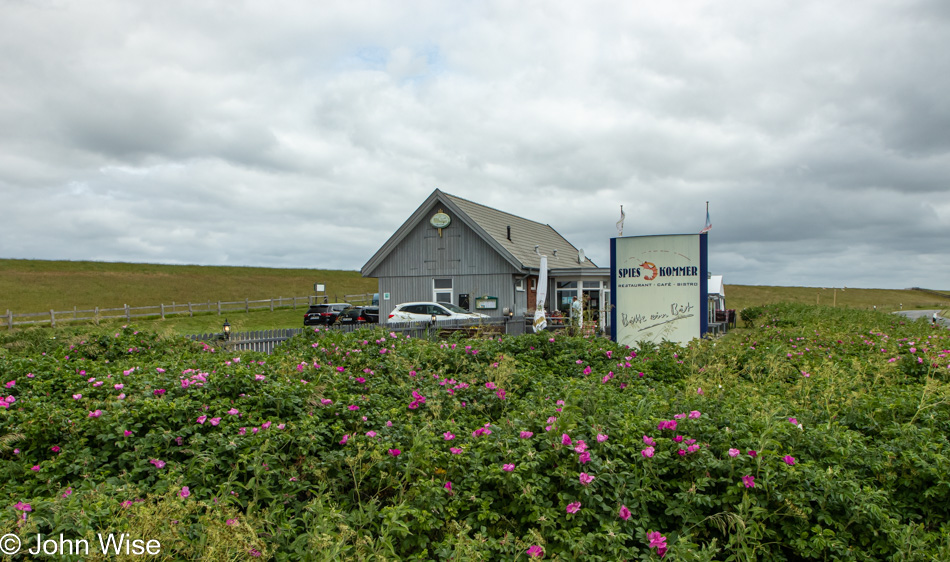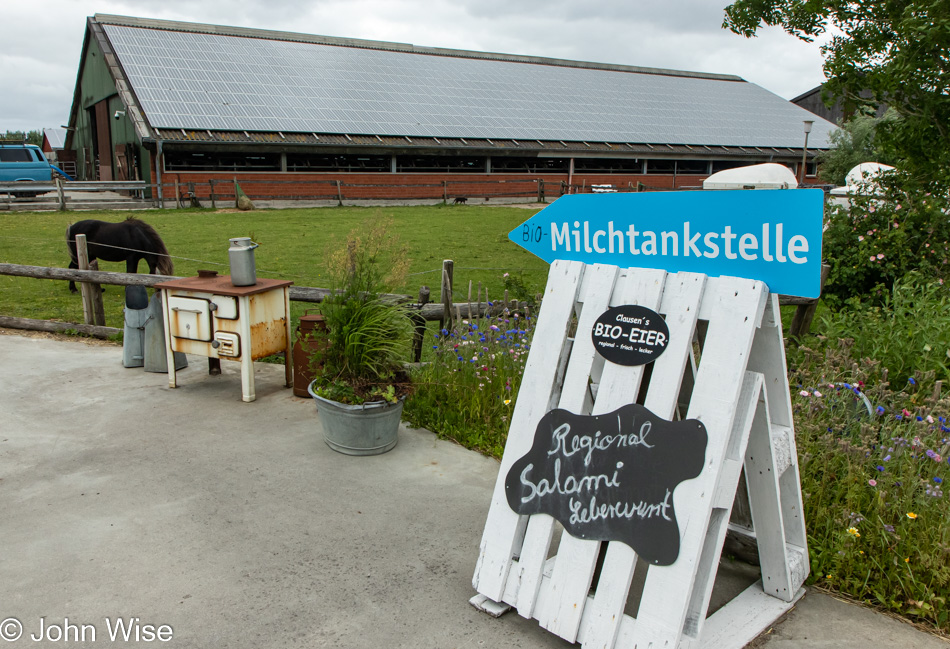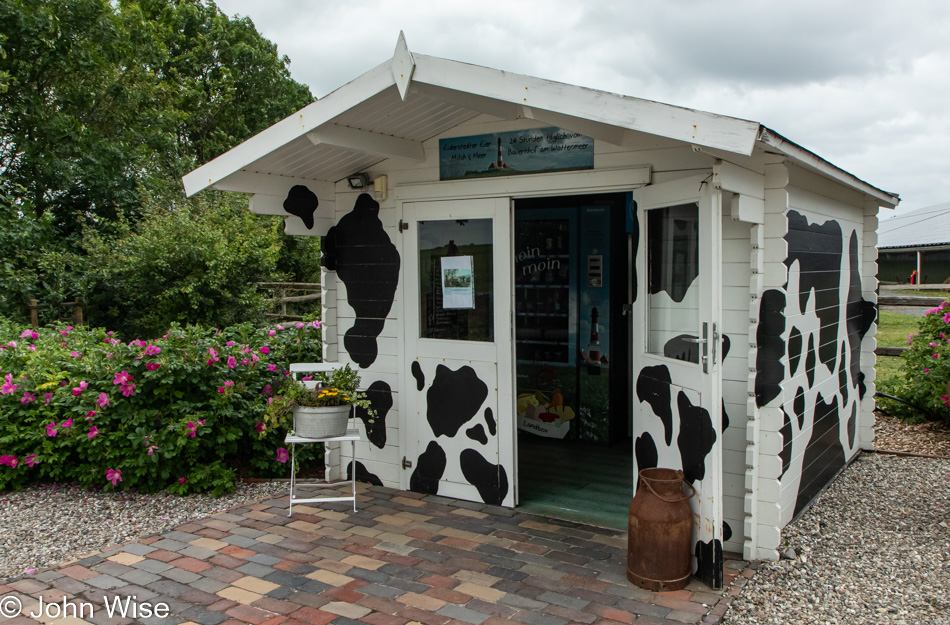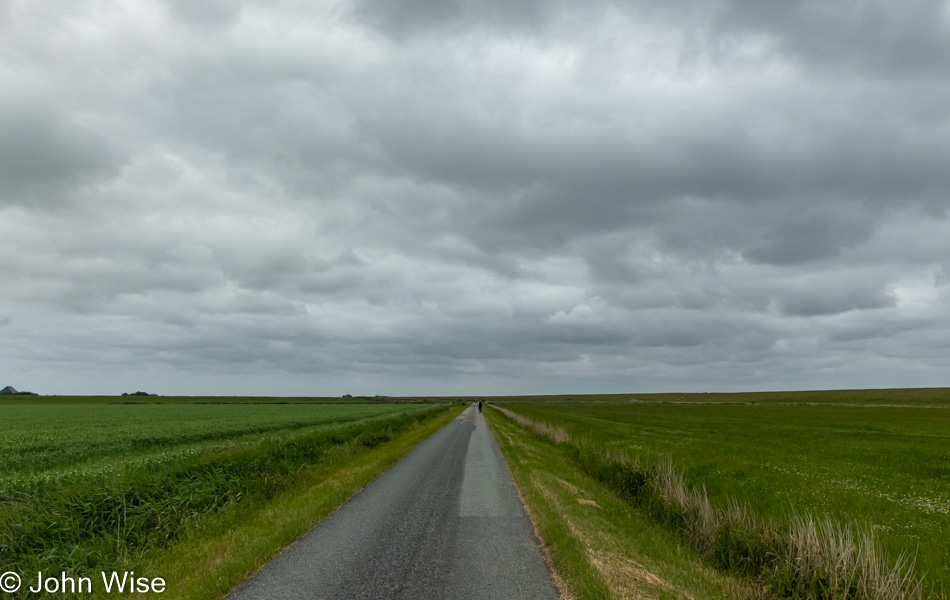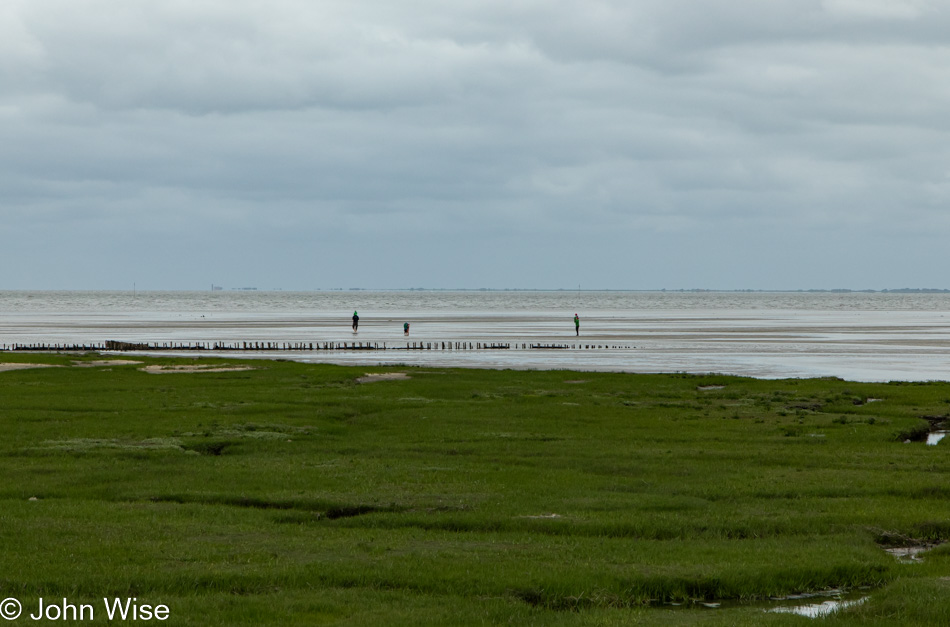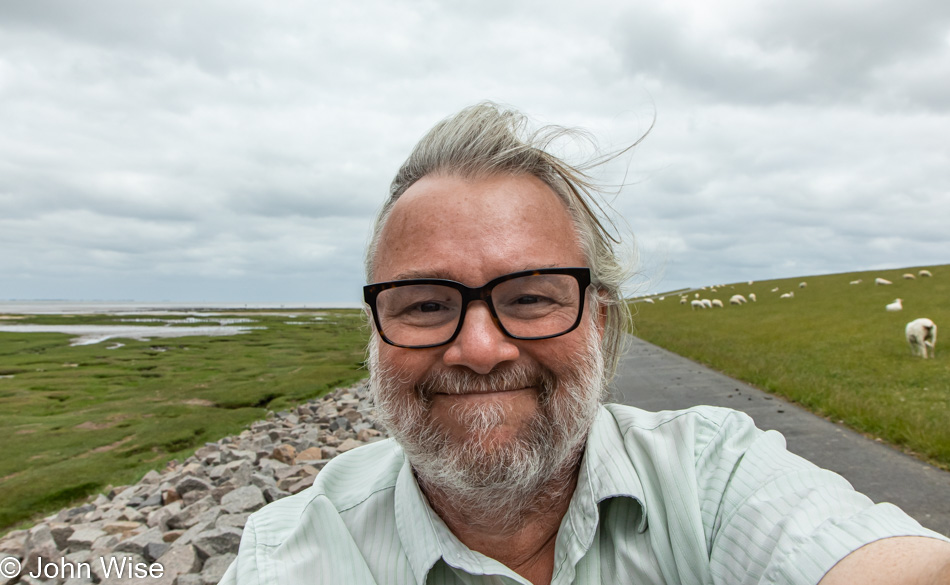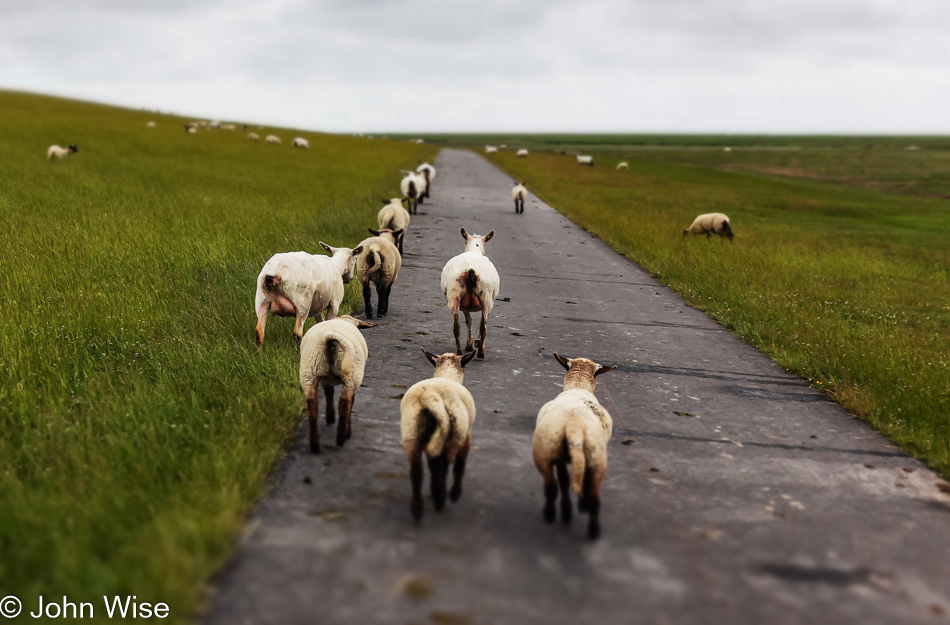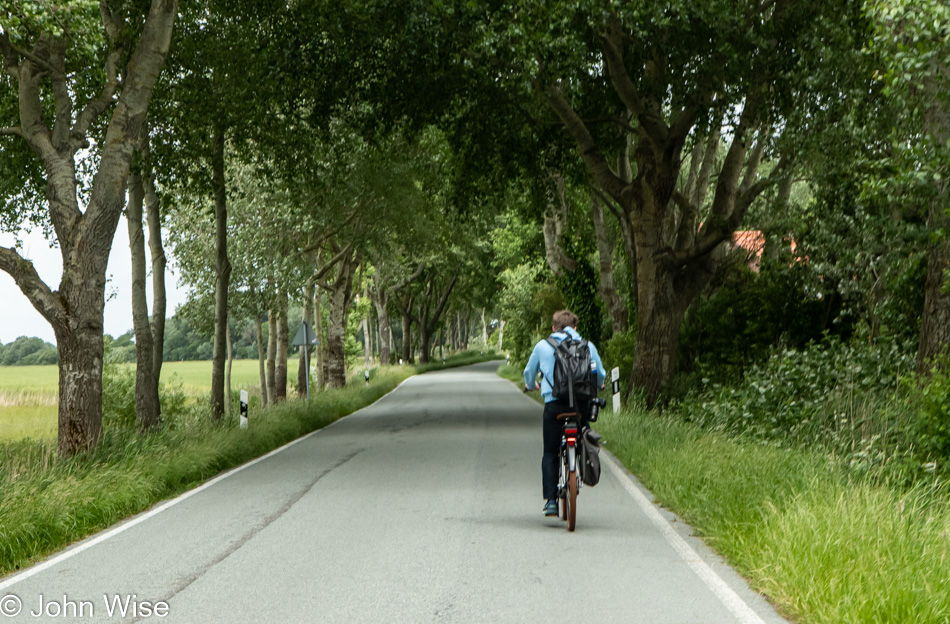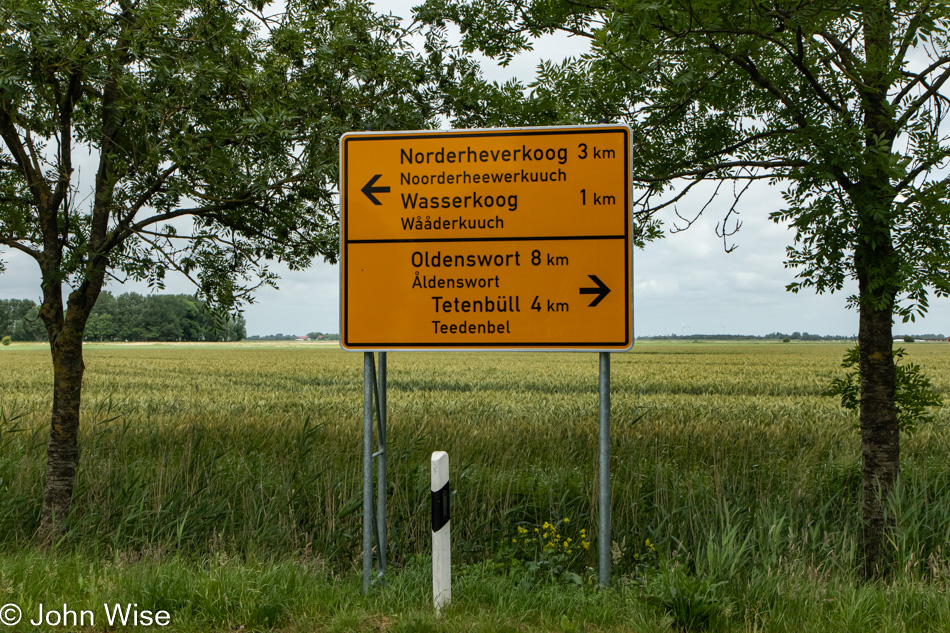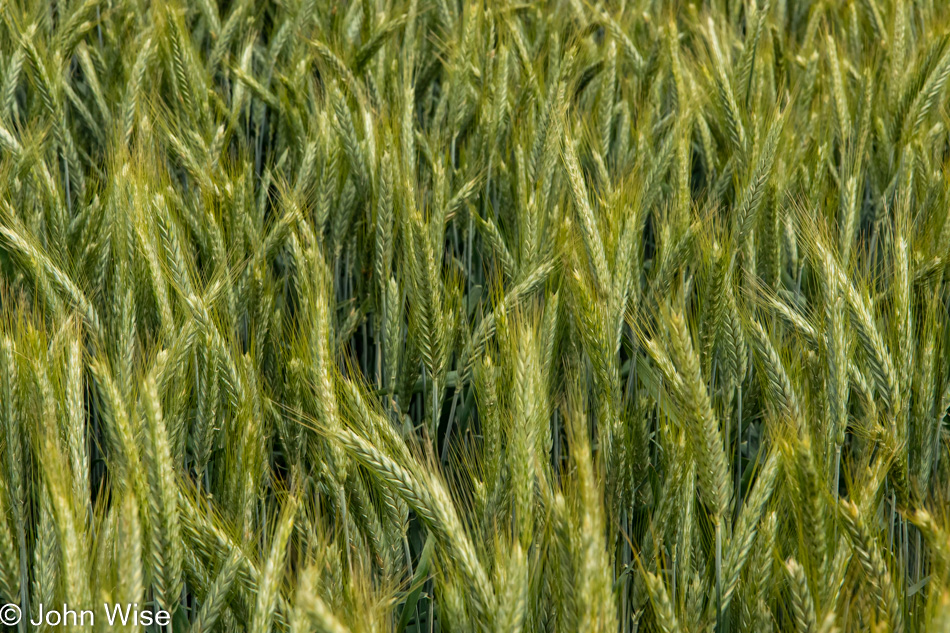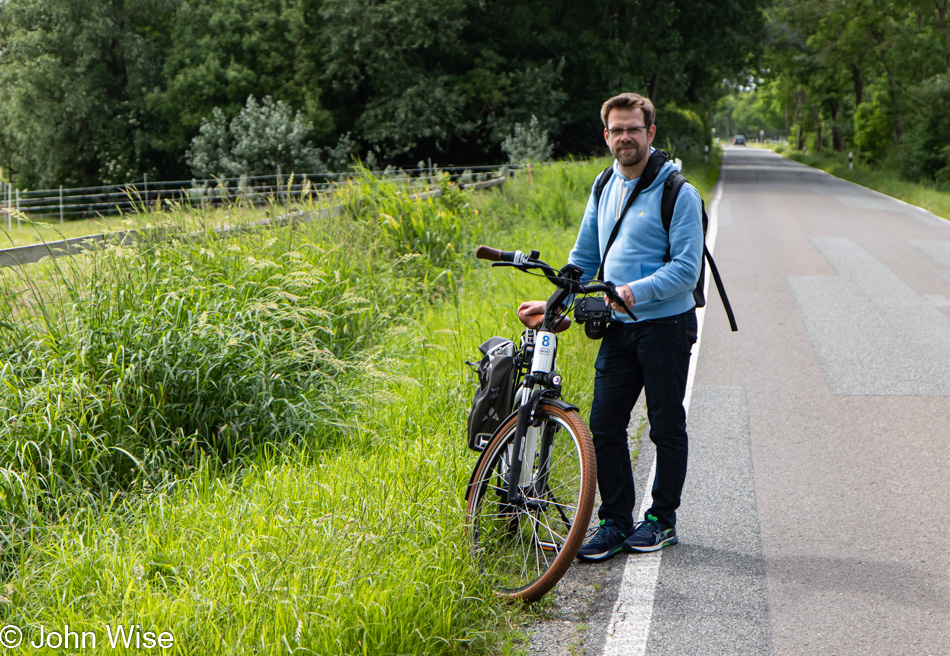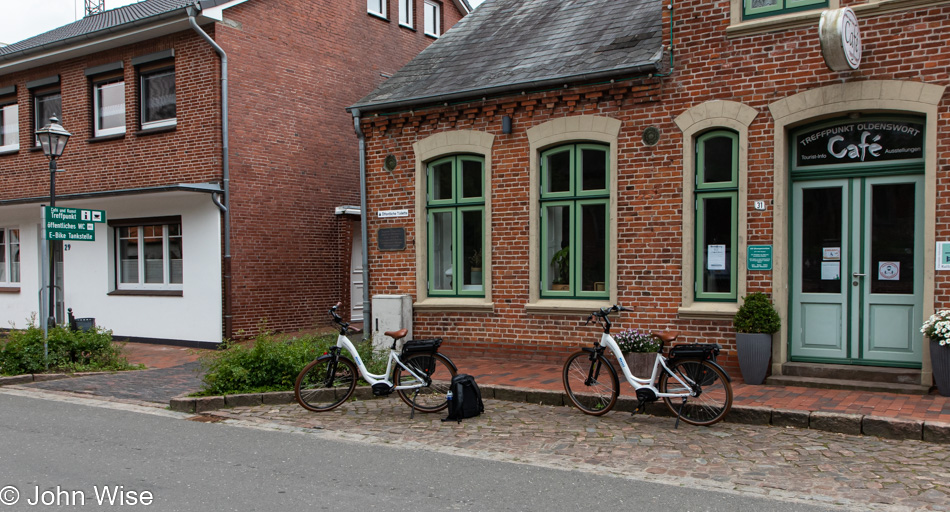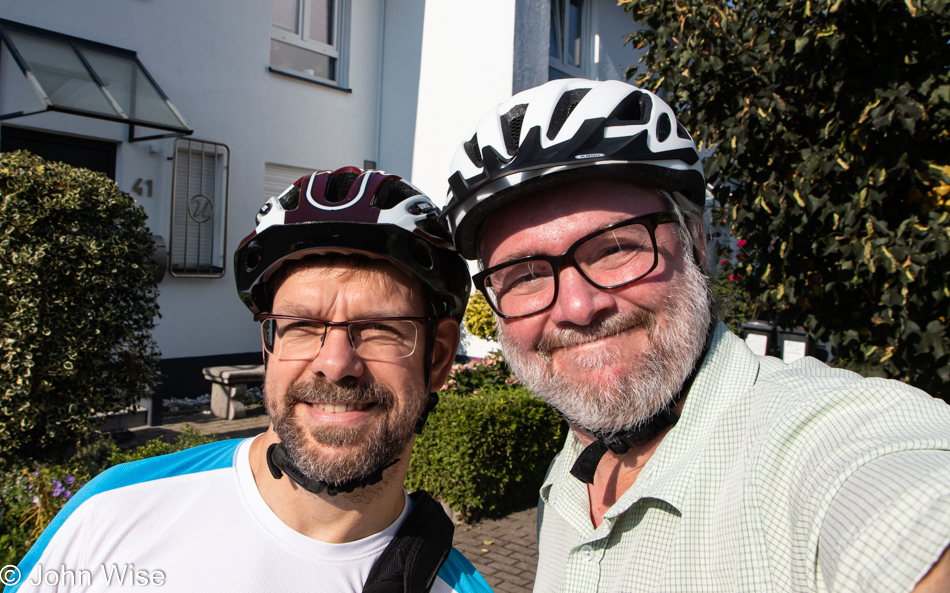
This is the tale of two quests. In one, brothers-in-law John and Klaus head out on their own adventure, and from the looks of our heads, you would rightly surmise that we are off for a bike ride. Meanwhile, the sisters will putz around at home for a good long time, in part fixing my leather computer bag, before venturing into their own quest for Frankfurt’s best ice cream.
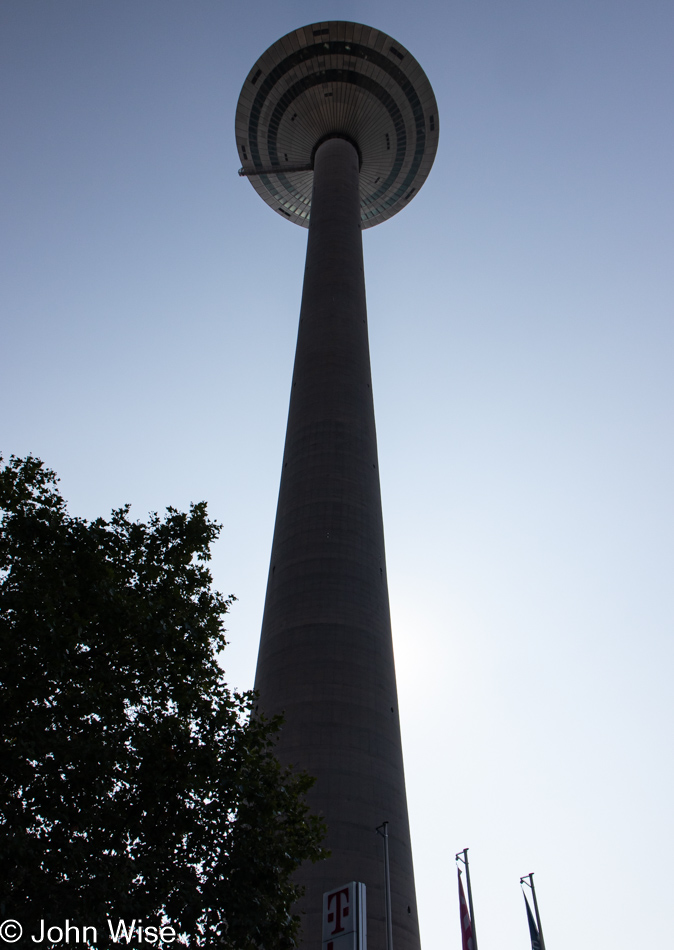
With me riding a rented e-bike and Klaus pedaling for real, we are heading to the Westend of Frankfurt, and on the way, we pass Fernmeldeturm. This is the closest I’ve ever been to this tower. One used to be able to take an elevator to a restaurant and a viewing platform (the two rings of windows), but unfortunately, they have been closed for a while now.
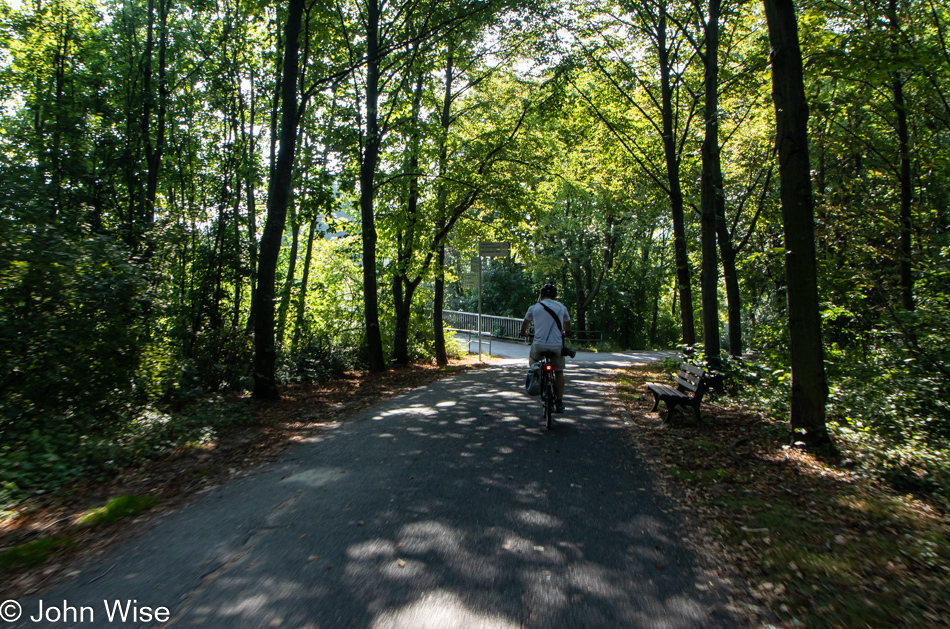
Klaus figured out our trail using the Komoot app, which I’ve now downloaded, too. He told me where we were going, but I couldn’t figure out what or where that might be; it’s just nice to be out for a long ride.
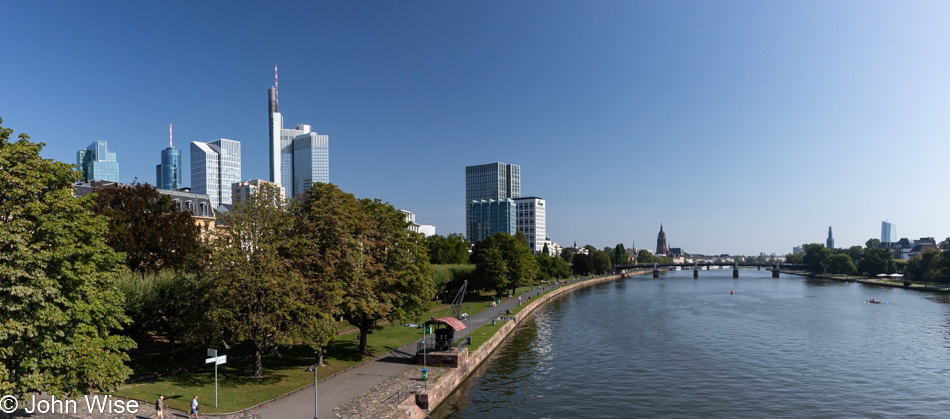
I snapped this photo from Holbeinsteg, which is a footbridge over the Main River. Interestingly, the bridge was designed by Albert Speer Jr., son of the former Reich Minister for Armaments and Ammunition, Albert Speer. Well, I had no idea the role Albert Speer Jr., played in many architectural and design elements found around Frankfurt.
Before reaching this point in the city, we had to pass through a particular corner of the Bahnhofsviertel that might be a shade darker than Skid Row in Los Angeles, though that is uncertain. It’s likely equal, but coming out of the perfect sterility of the surrounding area, the abrupt encounter with depravity in this concentration is jarring, and things are feeling worse somehow. Two women sharing an open-air urinal, taking a squat in public, and the man who looked awfully dead lying behind a car on the street added to the sense of squalor.

Out of the city and into the countryside, we are entering the place of big green.
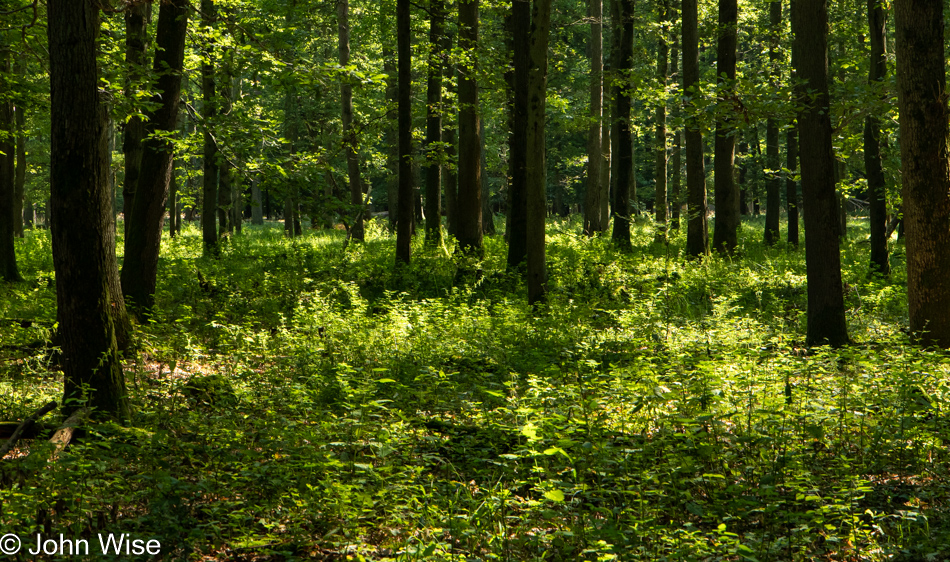
I was told beforehand that our ride south would take us about 30 kilometers (nearly 19 miles) from the city, but with Klaus and I both carrying our cameras and making frequent stops, this could take all day, not that I’m complaining.
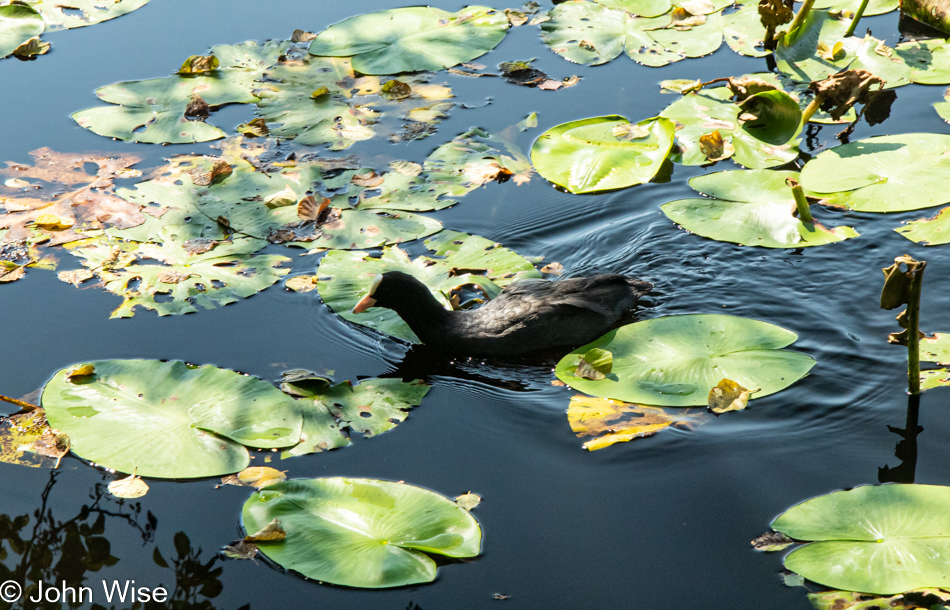
Other than the occasional sound of birds, there’s little observable wildlife out here. Riding up on this small pond was one of the rare opportunities to see a bird up close.
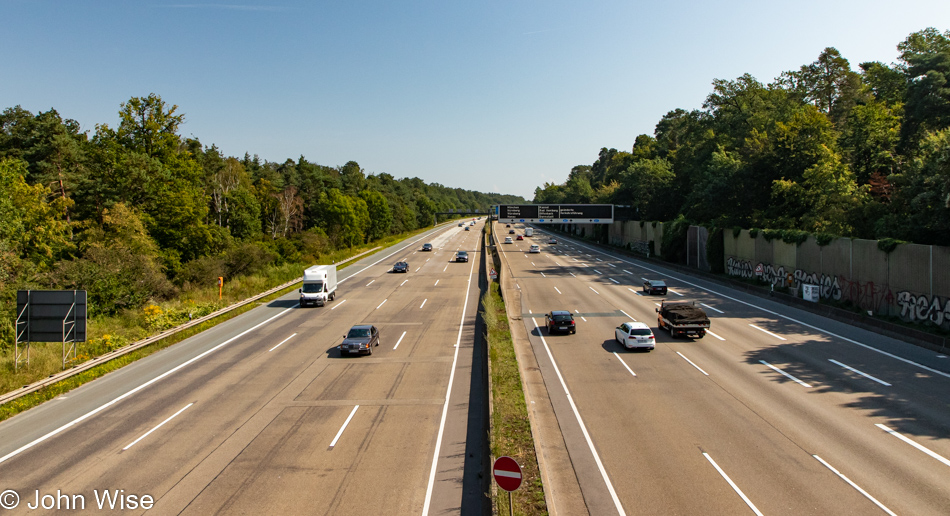
There are so many bike- and footpaths sliced throughout Germany that I think I could spend the rest of my life traveling them and still never see but a fraction. Here, we are crossing over the A3 Autobahn using a bridge that is only for pedestrians and bike riders.
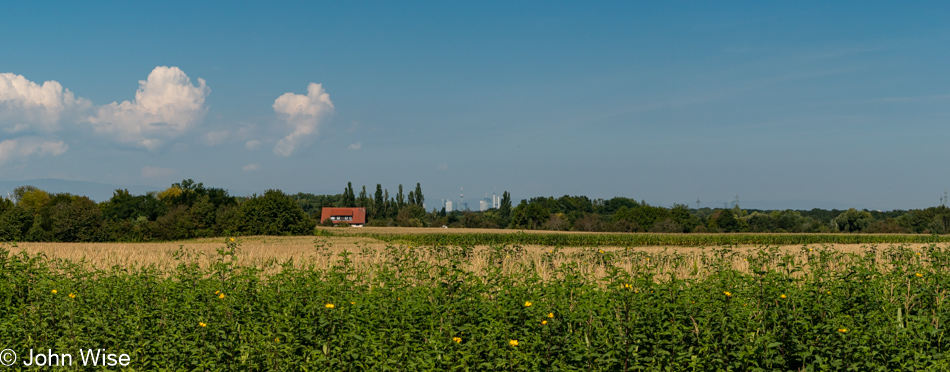
It didn’t feel like we’d left all that long ago, but here we are, entering farmland and way off in the distance is a glimpse of the Frankfurt skyline.
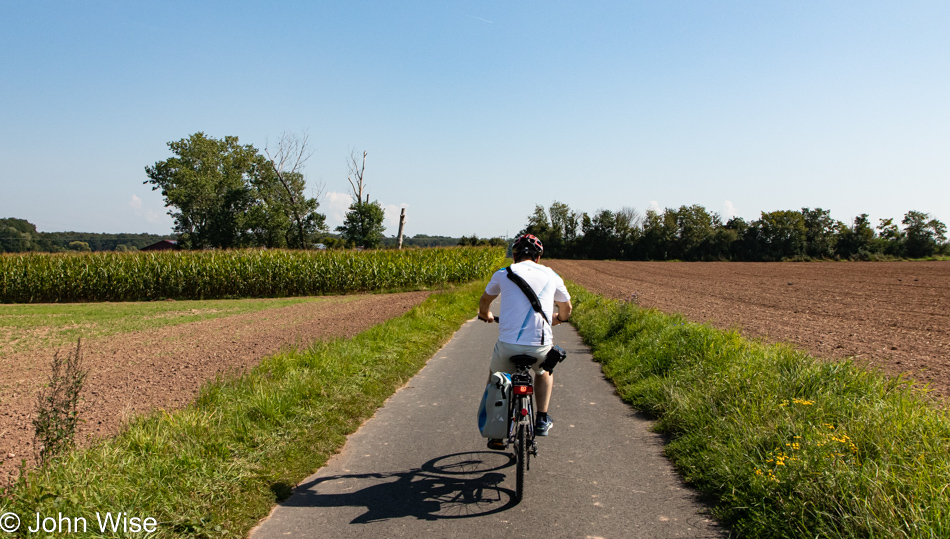
Leading like a champ across Hill and Dale, we ride and ride.
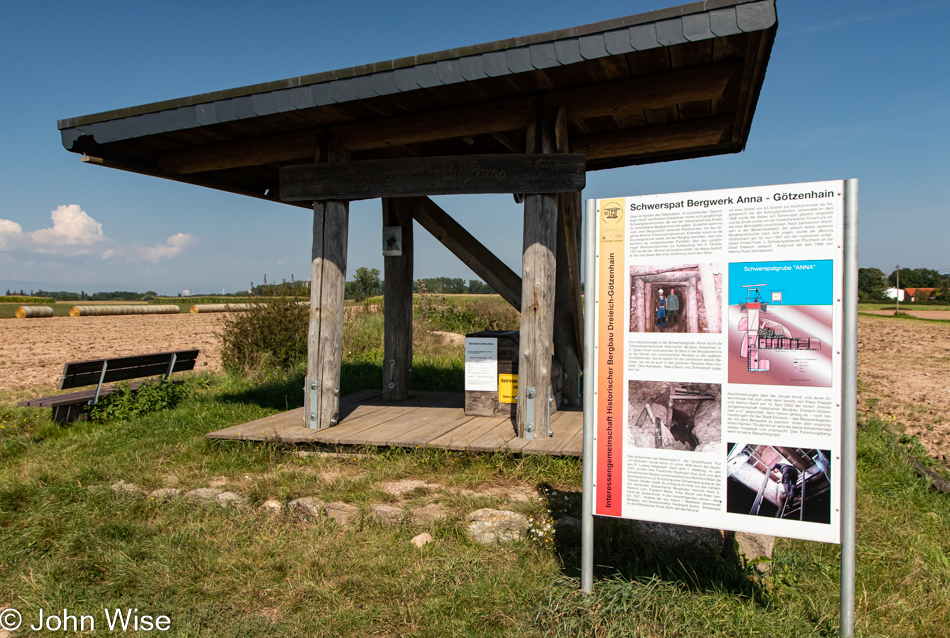
Out in the middle of nowhere, we rode up on this sealed mine that at one time was a source of heavy spar. This mineral was used at one time as a counterweight in elevators, which made me wonder why lead wasn’t used instead, so I checked the weight of heavy spar. This mineral weighs in at 4.5 grams per cubic centimeter compared to lead at 11.3 grams per cubic centimeter. I can guess that the mineral only needed to be mined while lead required processing, thus making it more expensive.

A nearby honor box invited people to pick sunflowers and pay 50 cents per flower or €5 per dozen. There was nothing posted about taking photos, so I grabbed a few.
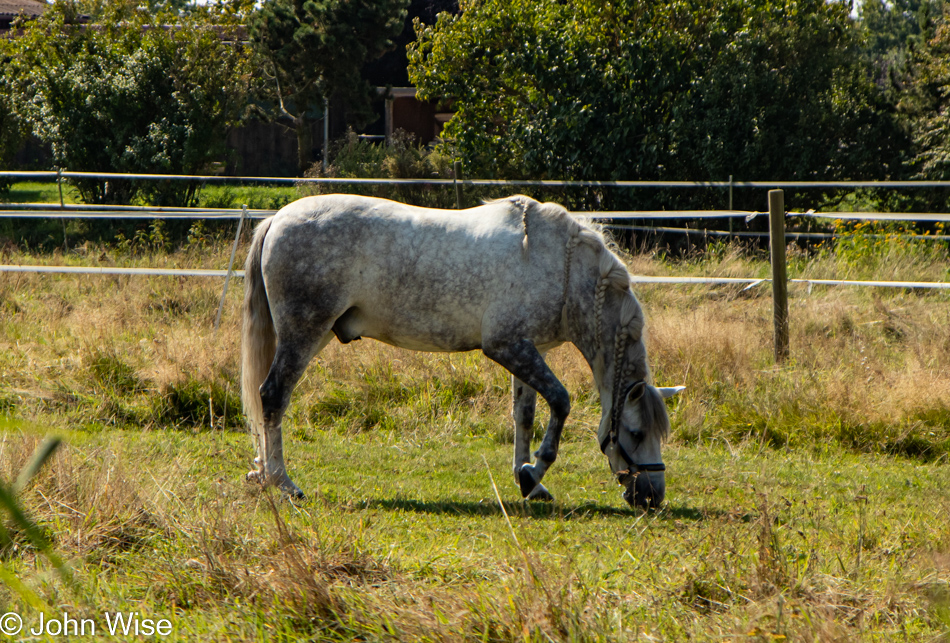
There is no passing of horses anymore without thinking about Katharina (our niece), who loves horses, a lot!
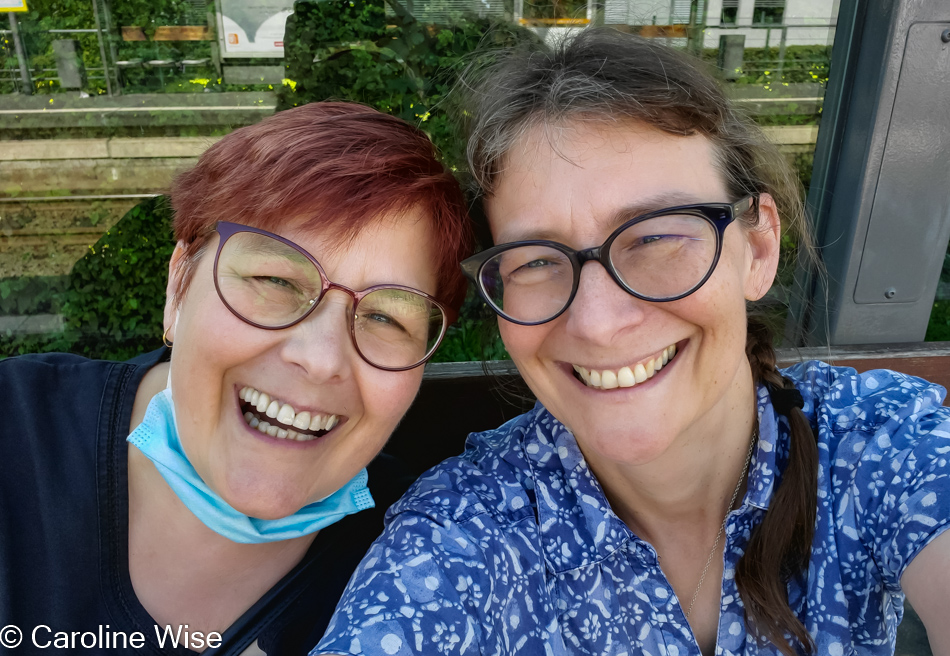
Meanwhile, in a parallel universe, the unfolding of the second quest has been underway. Stephanie and her sister, a.k.a. my wife Caroline, got a late start and have finally sent us a photo to assure the husbands that they actually left the house instead of gabbing all day over tea and yarn in Stephanie’s attic/yarn warehouse.

City, farm, forest, it’s all so charming.

And if all of that wasn’t enough, we started passing blackberry bushes. I couldn’t resist sampling the wares and got a few sour berries for each sweet one I found.
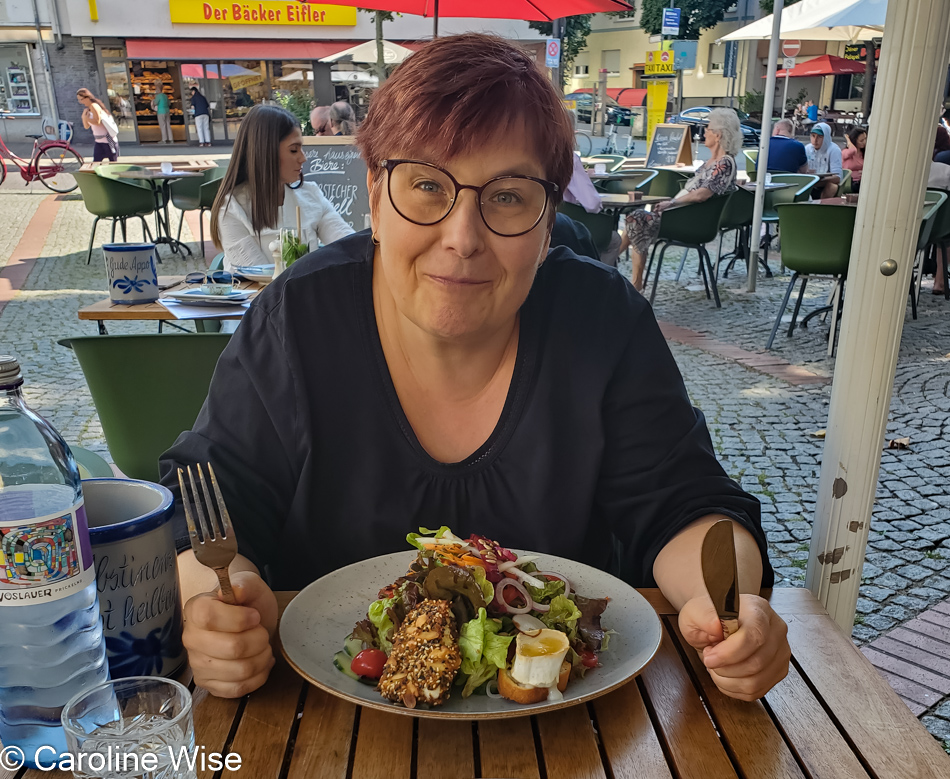
Returning to Quest #2, the ladies have stopped for what they claim are salads, but considering the infamous ice cream prepared to look like spaghetti, I have my doubts that what we are looking at is indeed lettuce, onion, and tomatoes, instead of some wickedly accurate-looking carved ice cream.
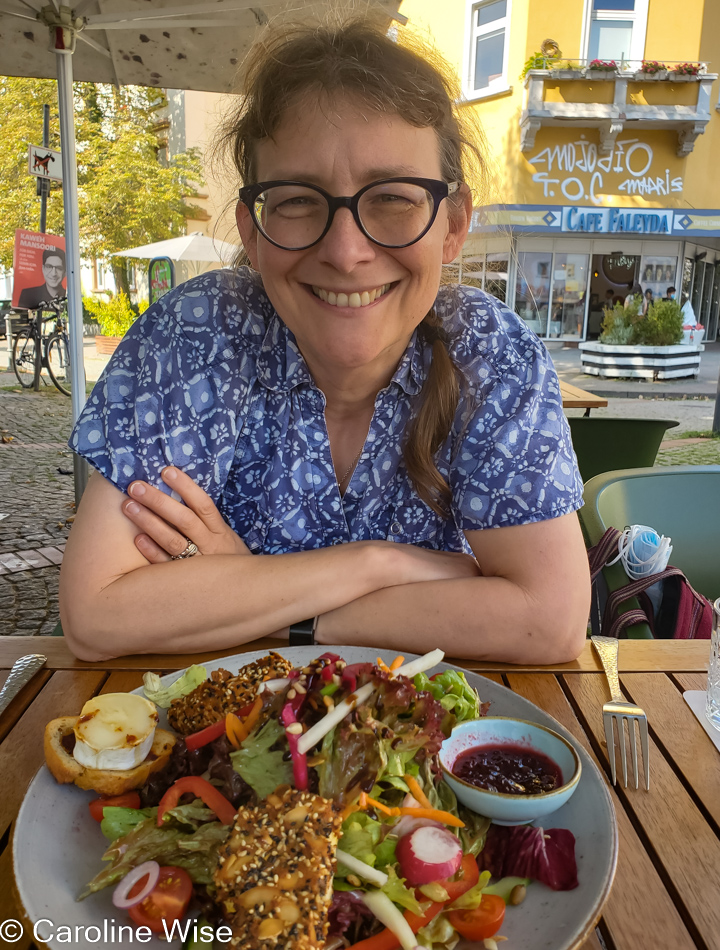
I have to admit surprise that they were eating healthy when we’d discussed them going out on an ice cream binge.
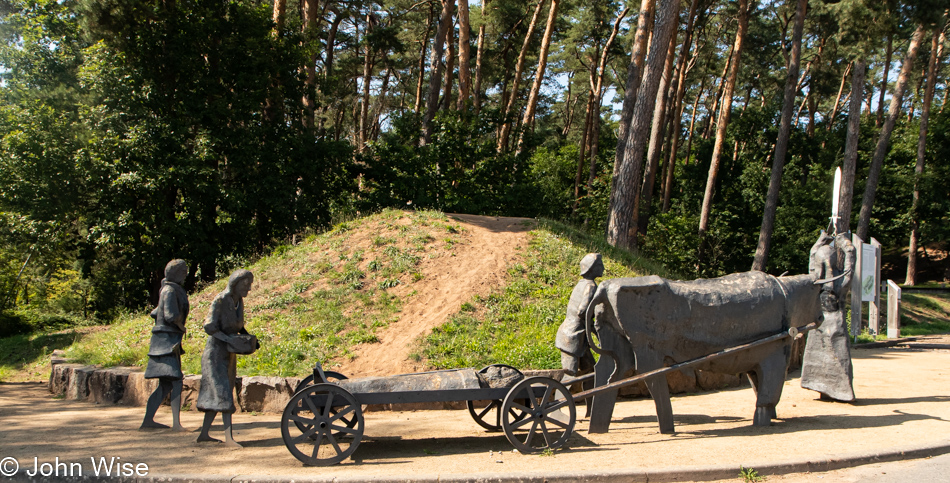
We’ve arrived at our furthest southerly point, the Kulturhistorische Erlebnisstätte Auf der Bulau, also known as the Cultural-historical experience site on the Bulau, for my fellow English speakers.
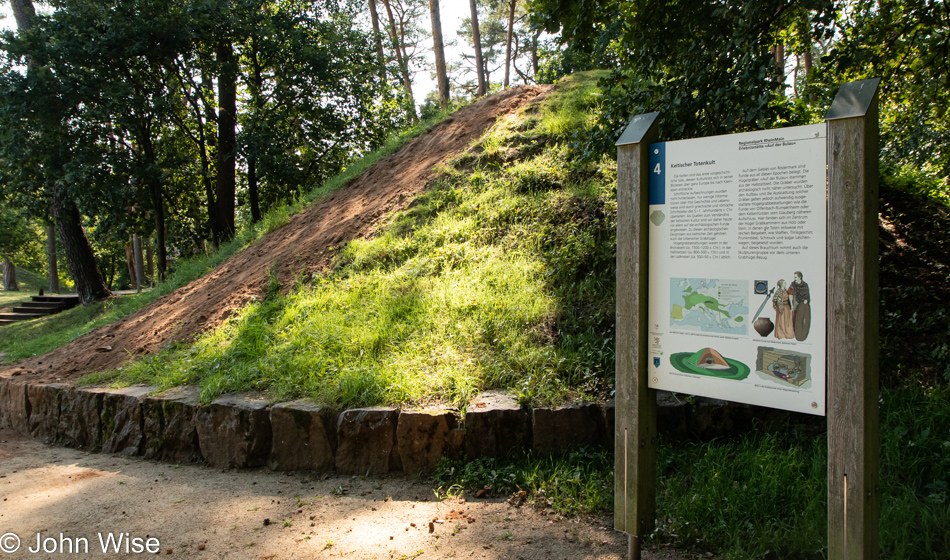
At one time, there were 25 burial mounds (tumuli) here; today only two reconstructions remain. Like the Celtic area we visited yesterday, this one too, is from the Middle Hallstatt period (700 – 450 BC). Next to the mounds is a reconstructed Roman road that once ran through the area from Dieburg south of here to Dietzenbach, where we are going next.
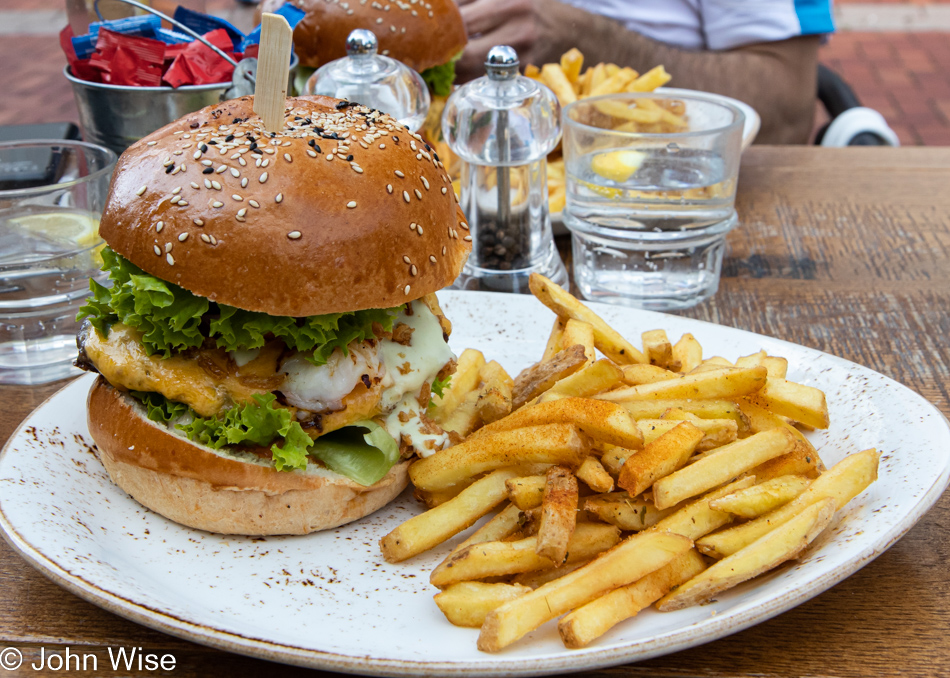
It was around 2:00 in the afternoon when we found a place for lunch in the charming village of Dietzenbach. I can’t really say it’s charming, as I’ve only seen a tiny corner of it this afternoon, but what I saw wasn’t bad. When I lived in nearby Frankfurt during the end of the last century, Dietzenbach had a terrible reputation, though I think that was primarily based on the probably mistaken idea that only welfare recipients and immigrants lived out here. Anyway, as you can see, I opted for an American-style burger and fries. While it was okay, the Germans don’t really know how to do this right.
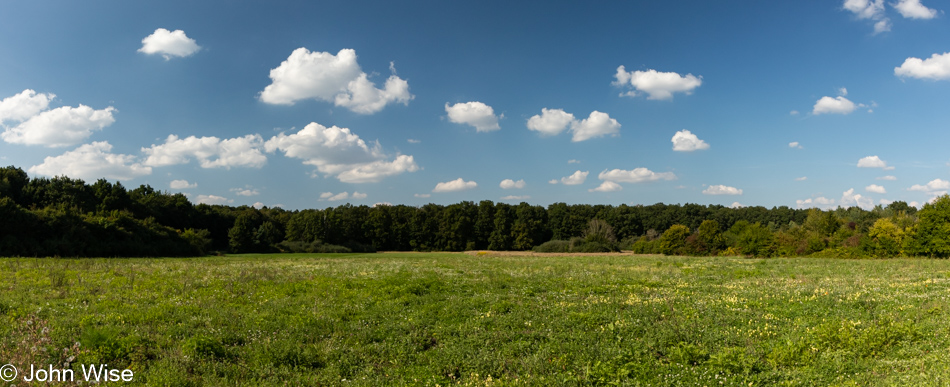
If this looks like the direction back to Frankfurt to you too, you’d be correct in your assumption.
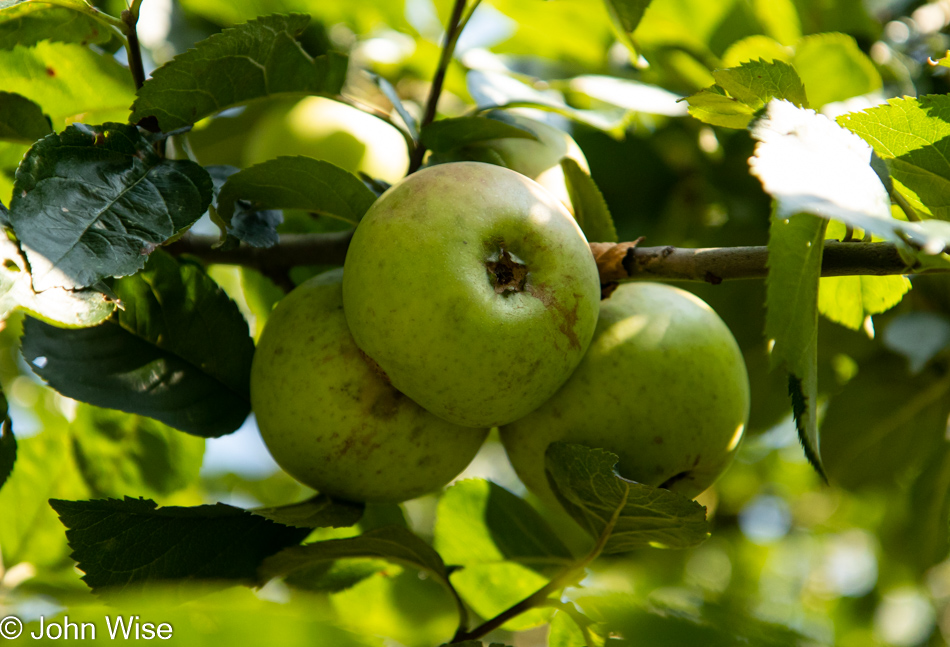
These free green apples yelled, “Pick me!” as I passed; well, that was until Klaus read the sign, “Do not pick the apples and do not leave your trash.” Had I then tossed back the apples I had just picked, I would have been leaving trash, so I figured one instance of breaking the rules was enough for one day. Then again, I think I crossed at least one street while the light was red and might have ridden on a sidewalk when I shouldn’t have. How I got away without any tickets today is beyond me.
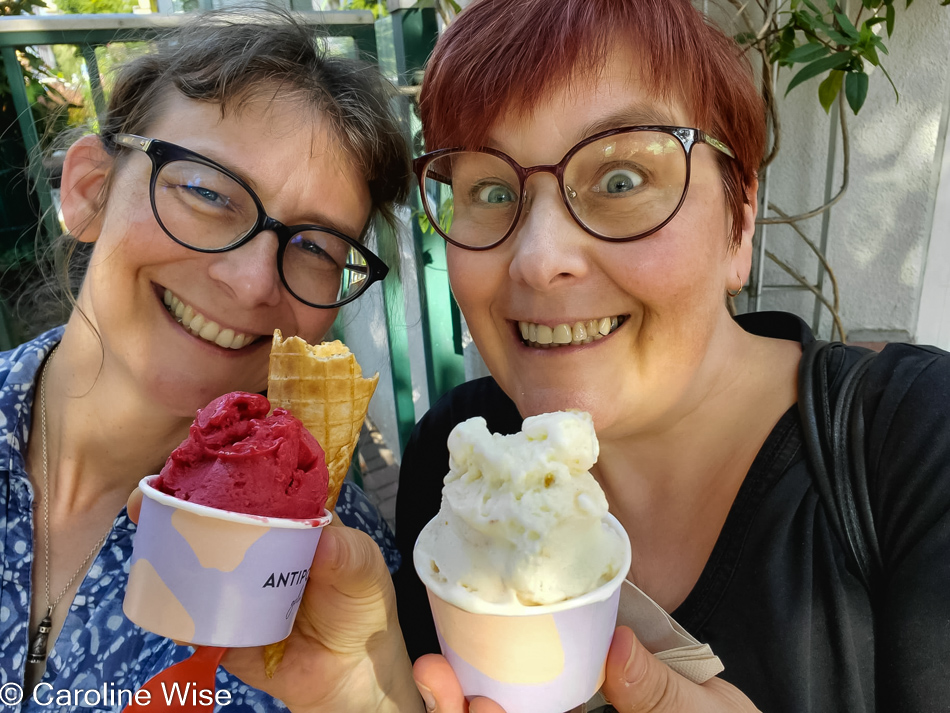
While the guys are out stealing apples, the women have dipped (pun intended) into an ice cream shop called Antipodean, which Stephanie recently learned was a highly-rated stop on the map of Frankfurt. The pink scoop was “Red Dragon,” a raspberry sorbet spiced up with chili, and the white scoop was “Miscake,” a mix of carrot cake, vanilla, and caramel. Miscake was definitely the winner here, and with that, the sisters were off to the next stop.
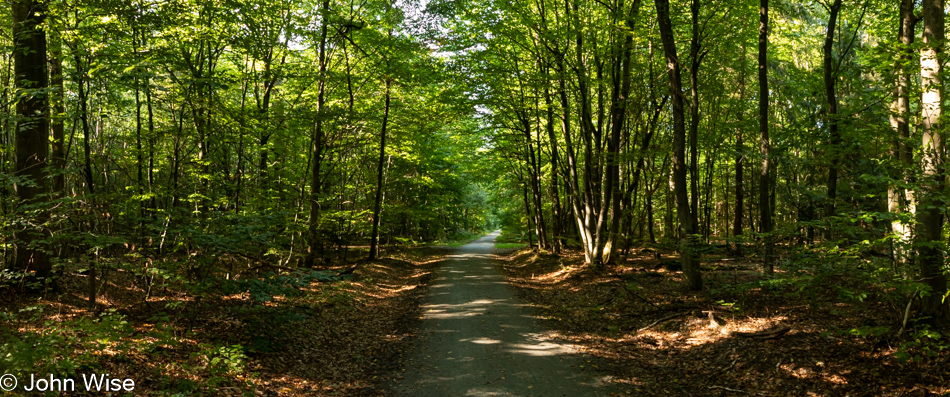
I’m in love with traveling over Germany by forest trail. A couple of years ago, while I was in Berlin, I’d cross the Spree River in the morning and walk through the woods to the location of the event I was attending. In the evening, I’d walk the same path back to my Airbnb. Initially, I felt trepidation because of the anxiety that had traveled from America to Germany with me, but I quickly adapted to the idea that there was nobody waiting in the forest to attack me, such as the evil Giftzwerg I’d been warned about.
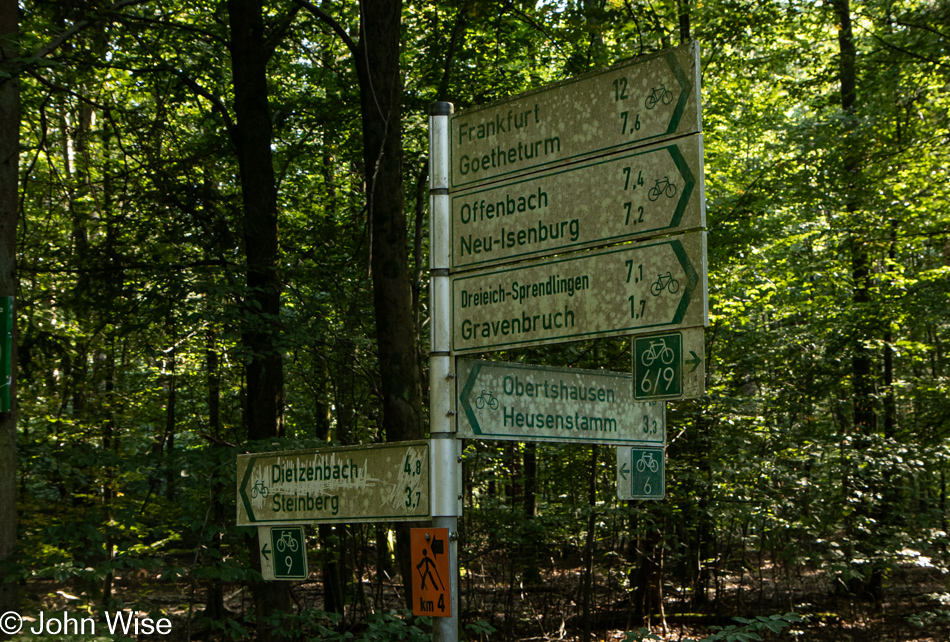
We are now nearly 50 kilometers (about 31 miles) into this adventure, with 14 kilometers (9 miles) to go before returning to Heddernheim.
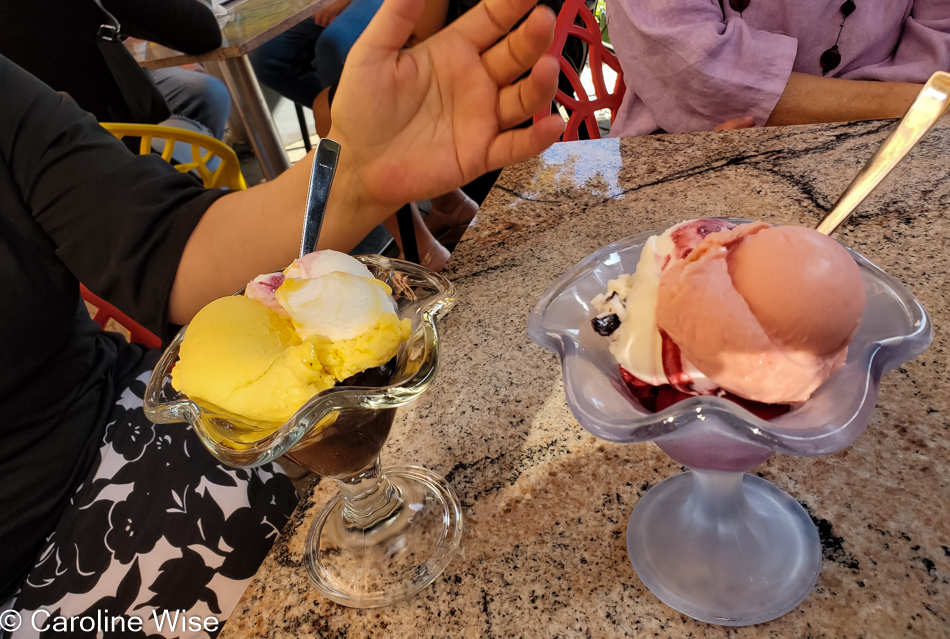
Oh, they were apparently serious about making this an ice cream social, as here we are at stop number two, Lolli Eis, just down the street. Just as with Antipodean, a long line of patiently waiting mask wearers is lined up before the store. Since there was no free table, the sisters shared table space with two regulars. The flavors sampled included passionfruit, pomegranate yogurt, dark chocolate on the left, cassis (blackcurrant), blood orange, and stracciatella on the right.
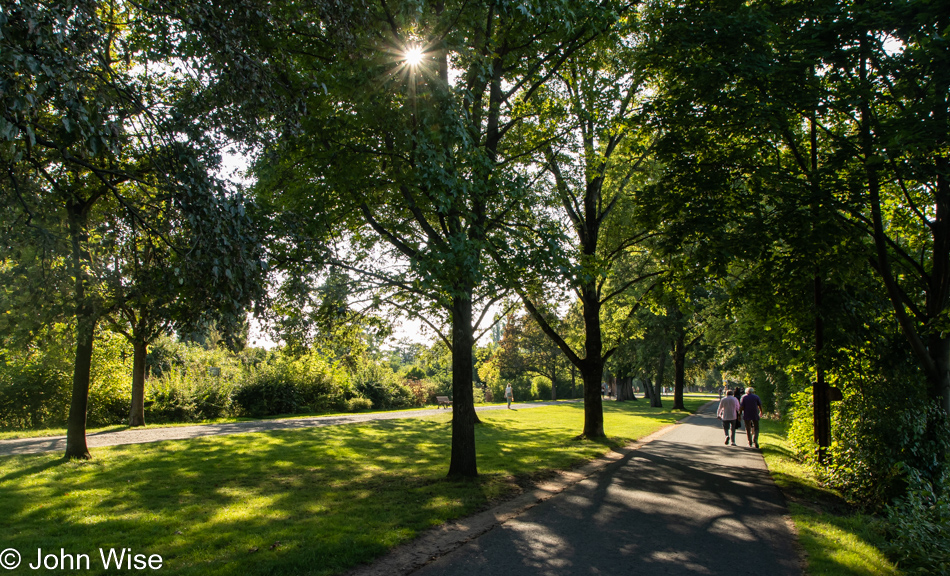
After a false start where Komoot wanted us to cross the Main River next to an Autobahn for us to circle around Frankfurt via Bornheim, we decided we still had some autonomy left and diverted our path to travel along the riverbank. The river is to our right, and pictures of it are up next, but it was the tree-lined path with these beautiful shadows I had to share first.
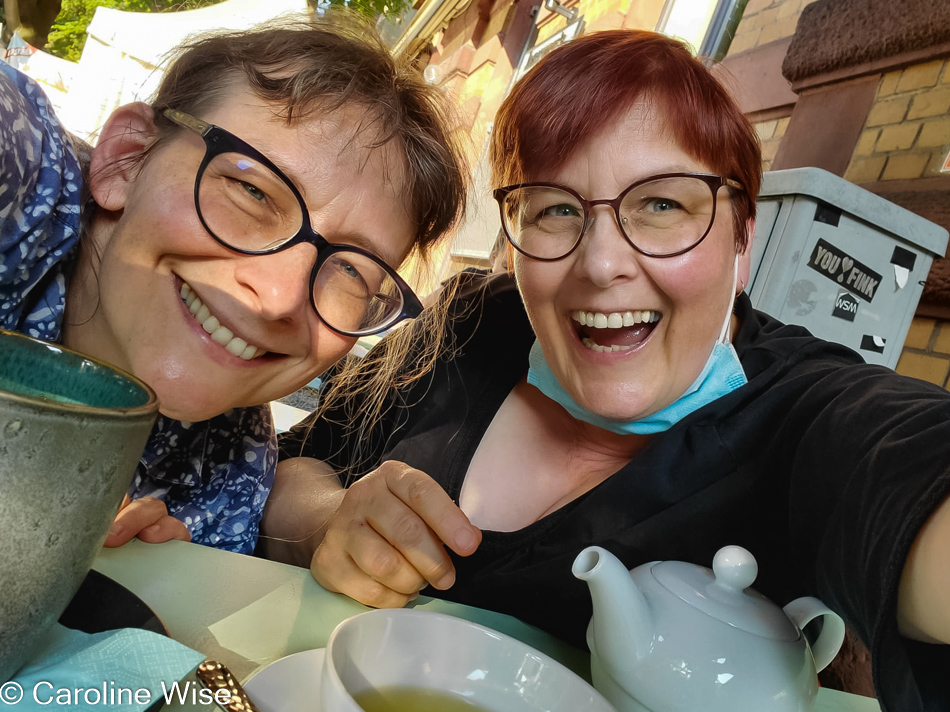
Life, even in parallel universes, is not all about the sweets. There seems to be a need for the occasional tea/coffee break. I’m pretty sure that tea runs in Stephanie’s veins while Caroline’s flows with a slurry of coffee and rye bread dough. Coffee and tea were enjoyed at Harvey on Friedberger Platz.

While I just posted an image of this two months ago, I’m finding it difficult to find new things to photograph.
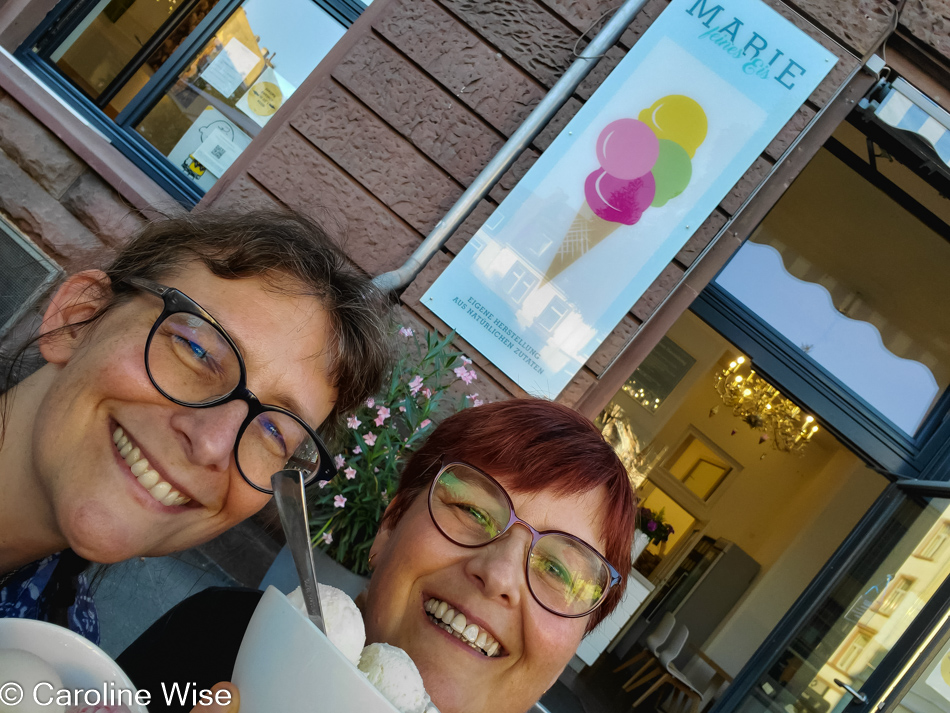
Oh my god, seriously? A third stop for ice cream in half a day? They have no shame. While Klaus and I pedal our asses off, riding our bikes through mud, rain, snow, sleet, wild dogs, desert, thistles, angry crowds, the horde, barbarians, minefields, and a pit of mustard gas, they dare send us smiling faces with cheeks full of ice cream giving them the appearance of chipmunks stuffed on acorns. The last sampling included flavors such as Frankfurter Kranz, tonka bean, lime, and quince.
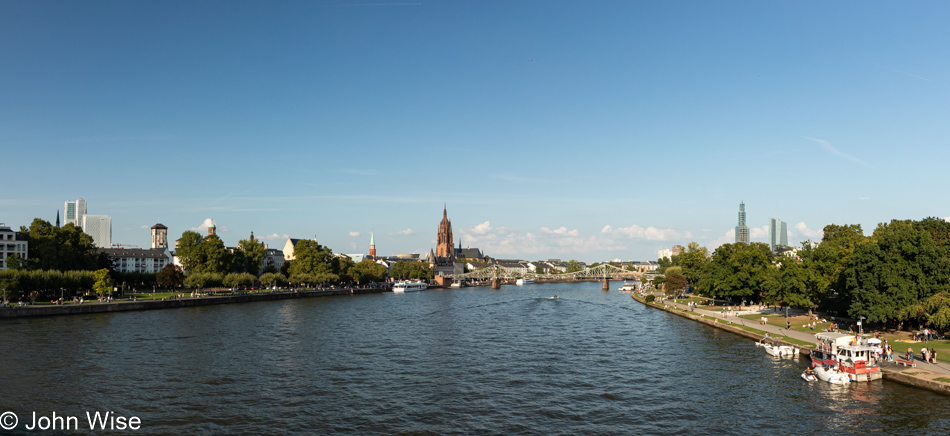
Since it was Sunday, the path along the river was packed, and getting through with bikes was too uncomfortable, so we left and headed over to the Untermainbrücke (Lower Main Bridge) to begin the last leg of our ride.
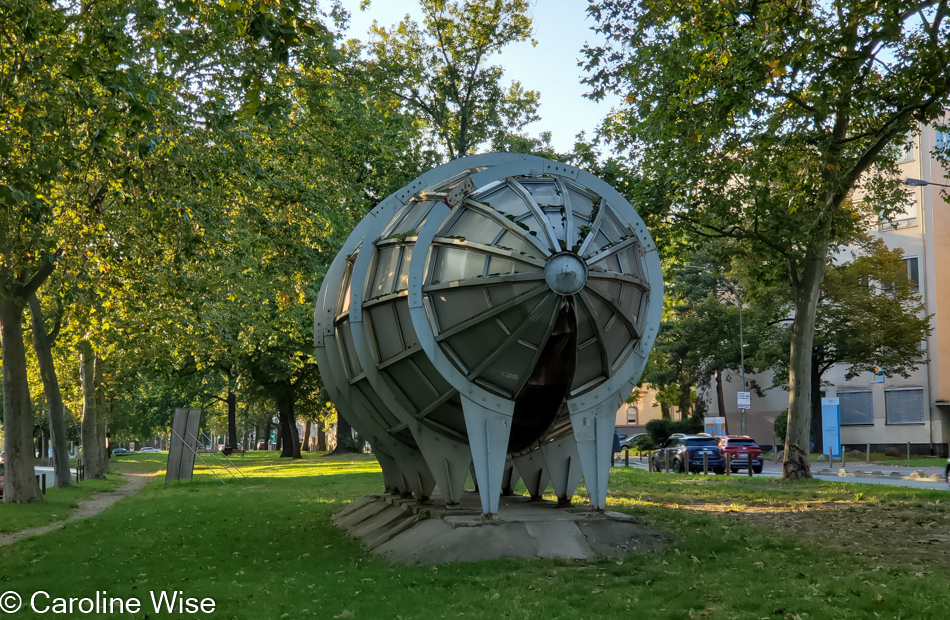
This was the ship that transported Caroline and Stephanie between our world and the Universe of Gelato. Obviously, the rules of Earth don’t apply where they went today, as how does anyone eat that much ice cream?
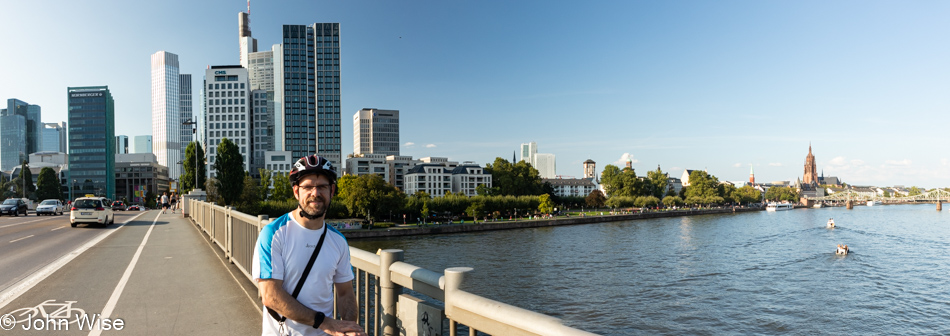
My brother-in-law Klaus has been a terrific trip planner and leader today. I believe he commanded the weather to act cooperatively in order that nothing should blemish our amazing experience. He and I agreed that this was the textbook definition of a perfect day.
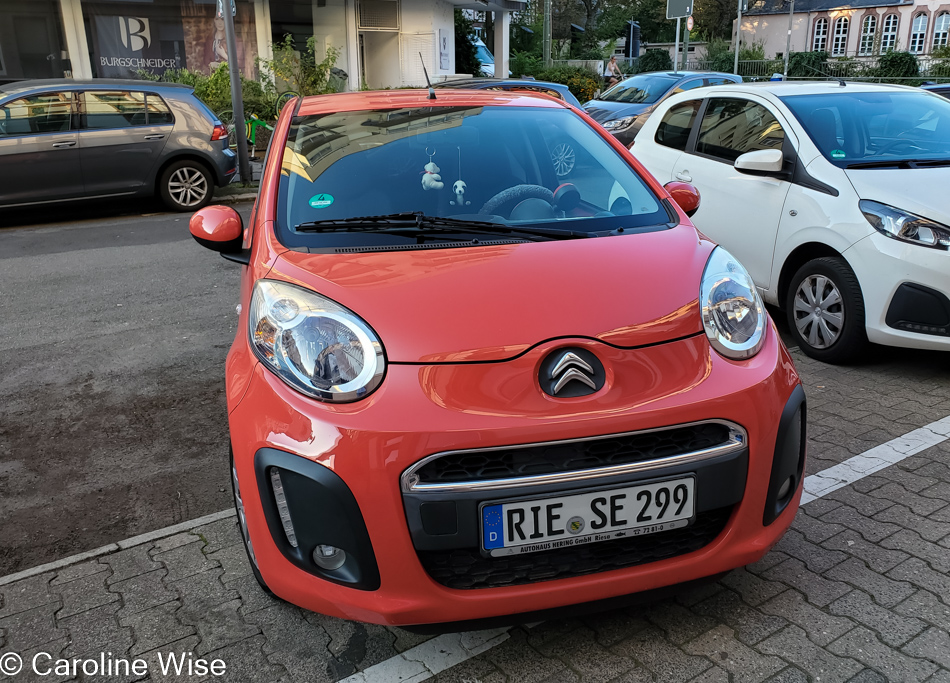
This wasn’t apparent to me either so let me enlighten you why Caroline found this photo cute. Look at the license plate on this small car; it reads RIESE, and in German, that means giant. So, do you get it? Giant on a tiny car, maybe this is a German thing for those experiencing a sugar overdose from eating 40 or 50 scoops of ice cream? Shortly after this, the two quests merged, and the ice cream fest was over…for now!
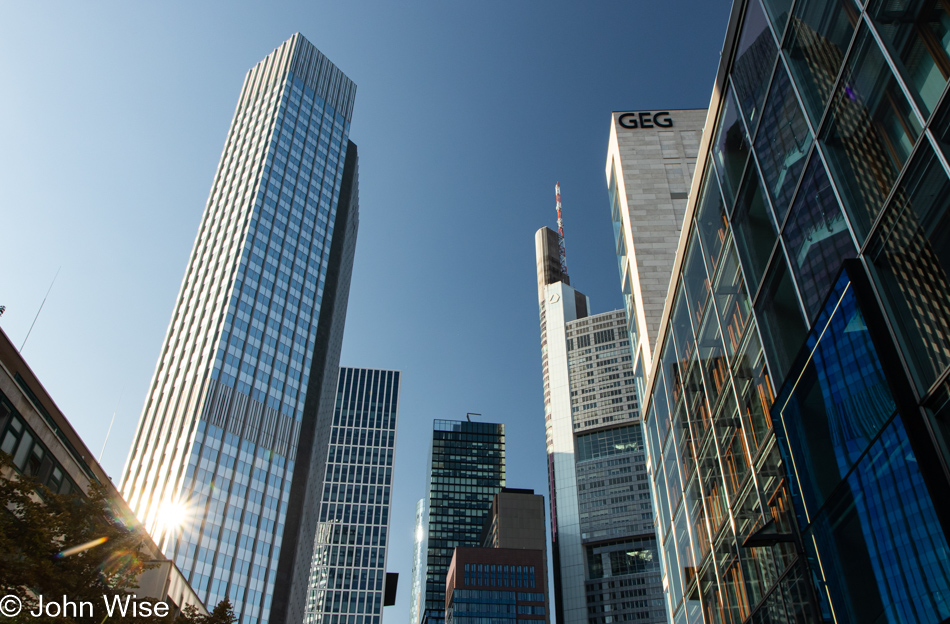
Somehow, Klaus still had the energy to barbecue dinner for the four of us. He prepared a mixed grill of lamb, pork, chicken, and beef with grilled sweet potato, mixed olives, and a tomato salad. Plus, I forgot to mention that he arranged and presented our breakfast of Brötchen, various jams (I’m eating his entire supply of homemade apricot-vanilla jam), and coffee. He should win the award for being the perfect host, as I feel indebted to him for contributing to a seriously uber-wonderful vacation day here in Germany.
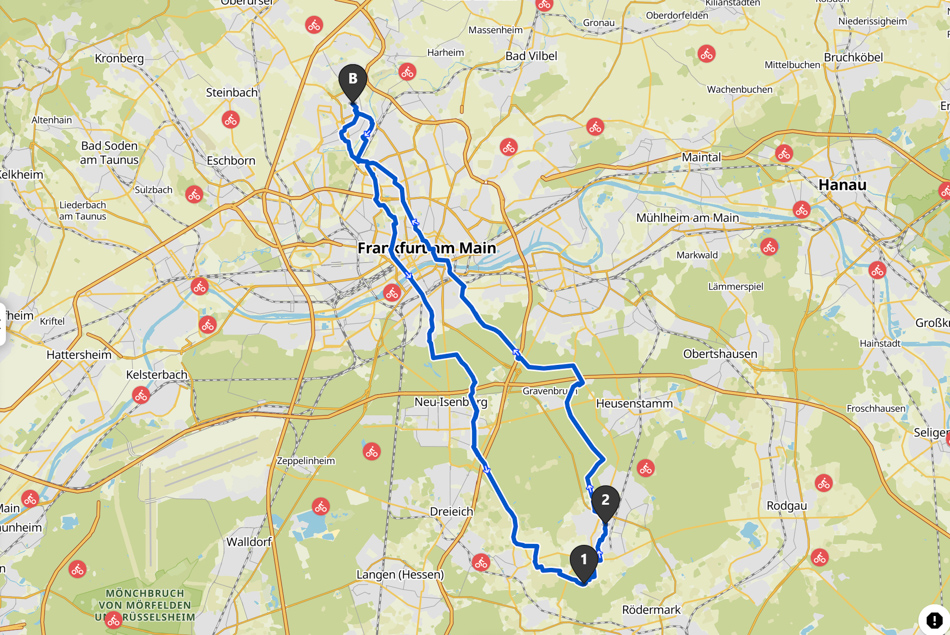
When we finished our ride, we logged about 64 kilometers or 40 miles, which had us in the saddle for nearly 4.5 hours of the 8 hours we were out riding. This is the map of today’s route.
